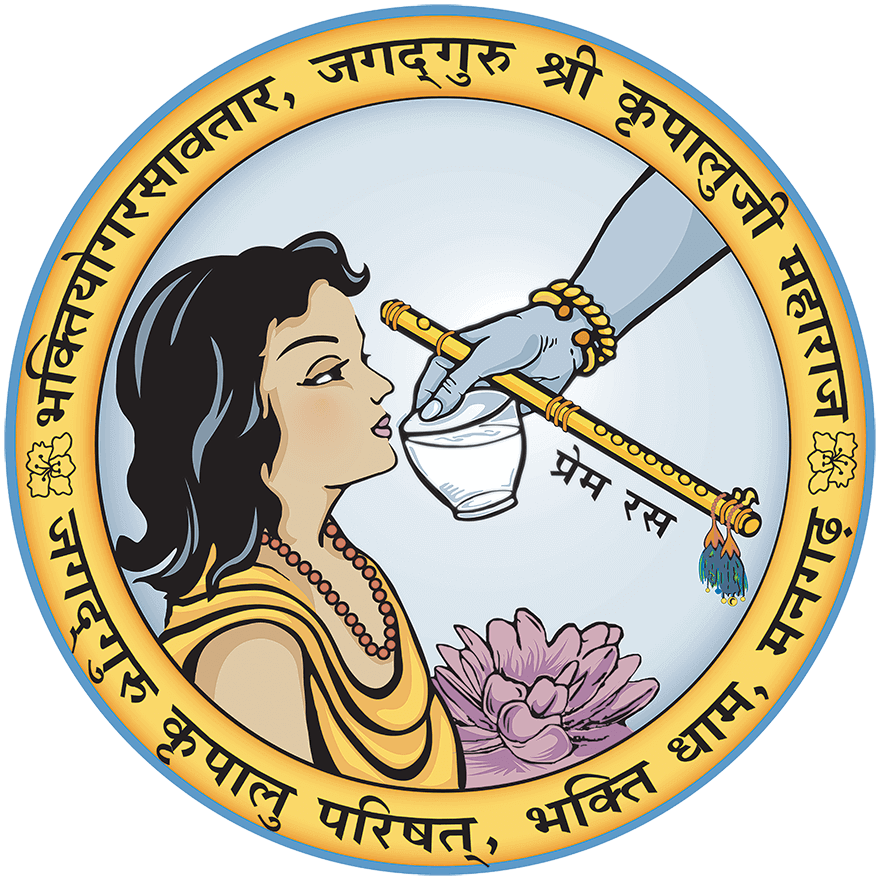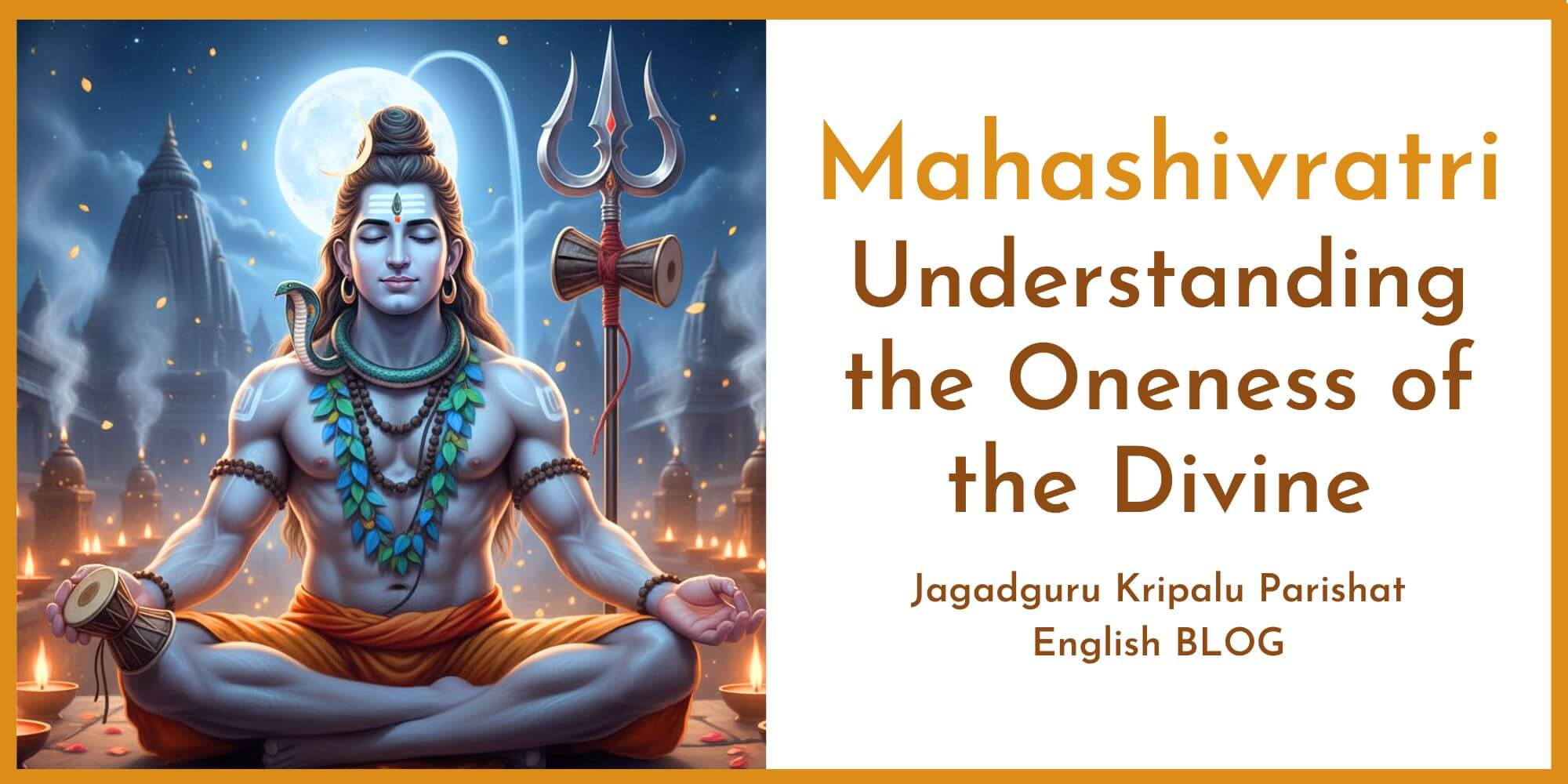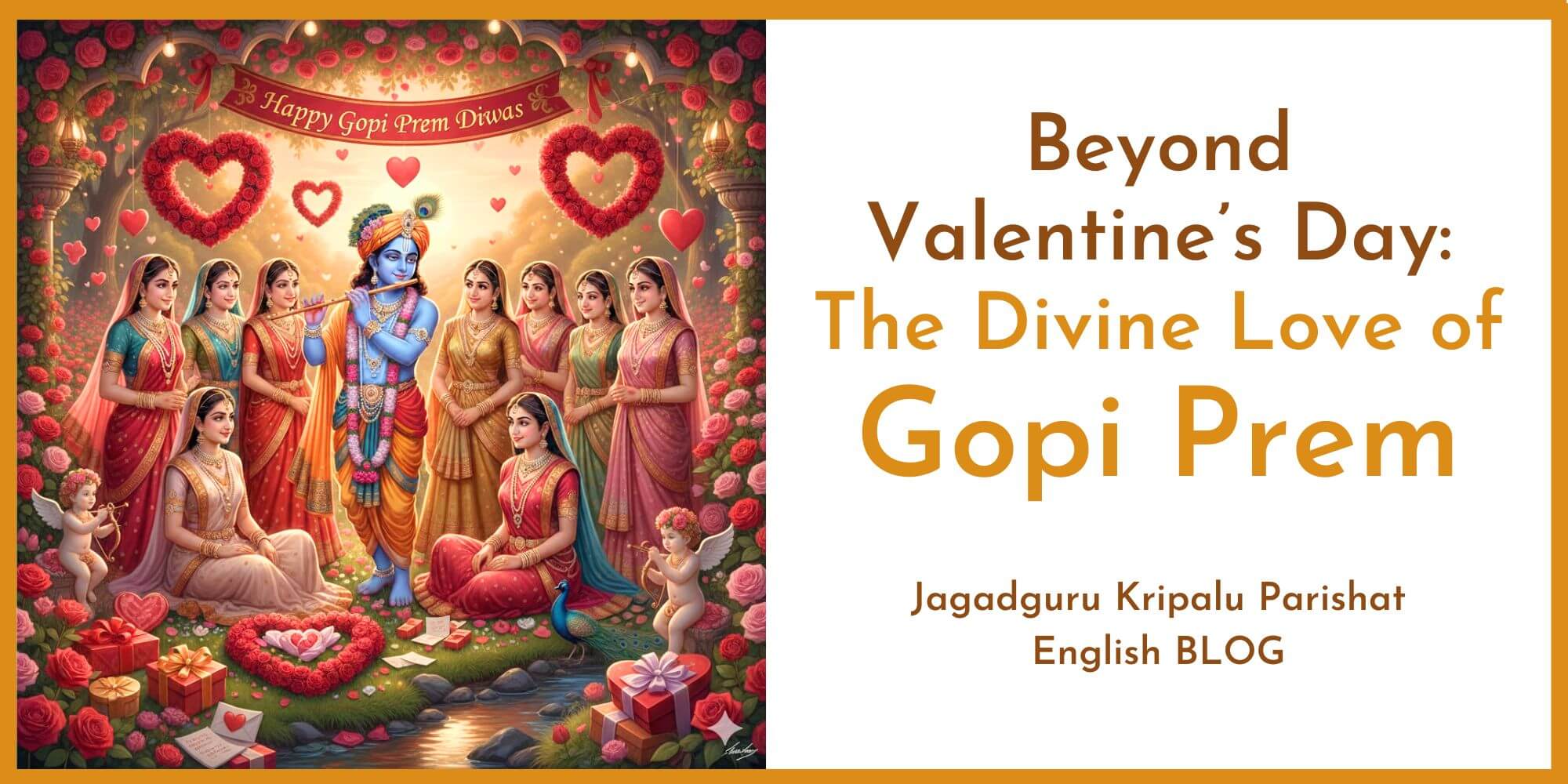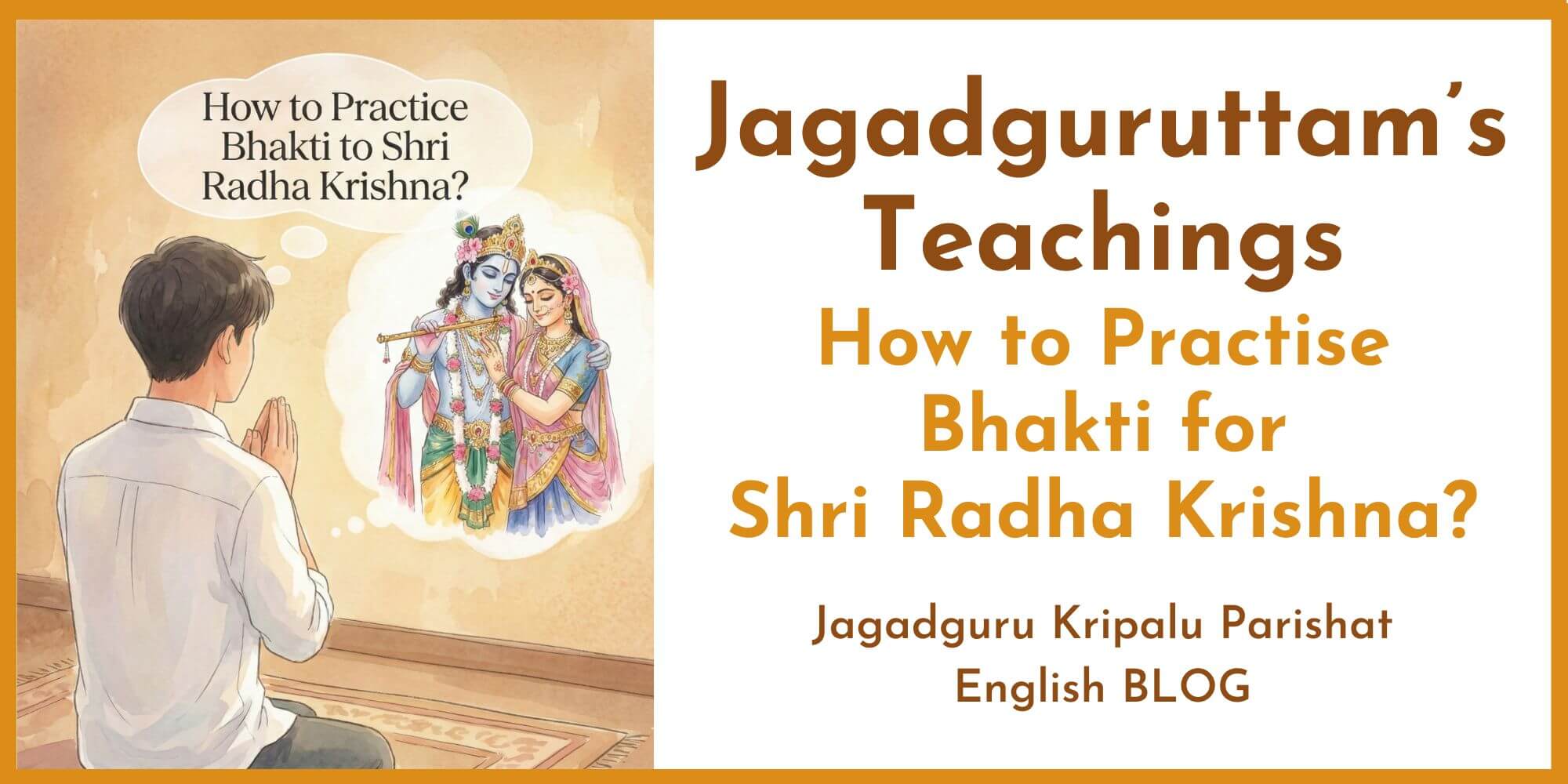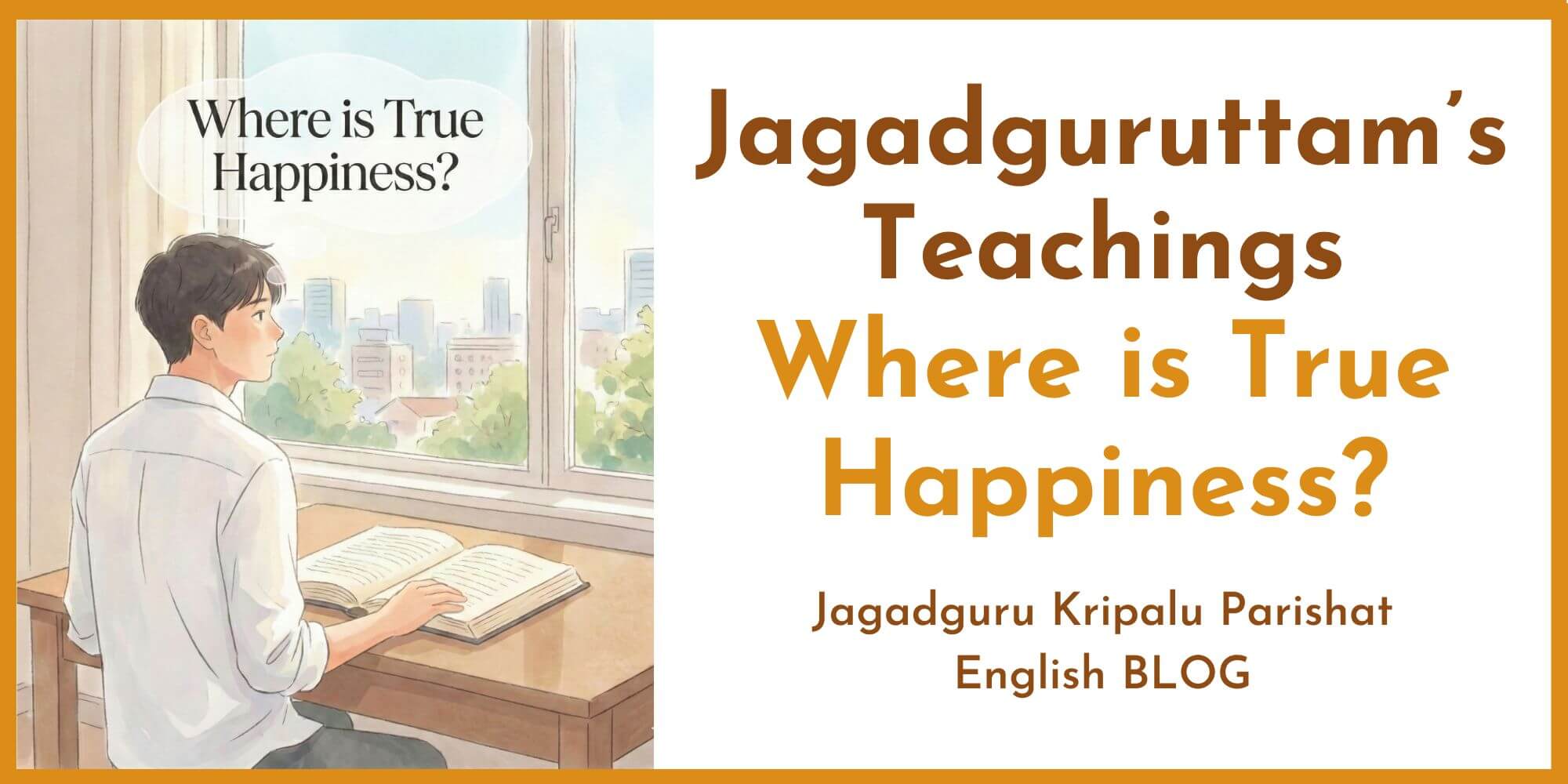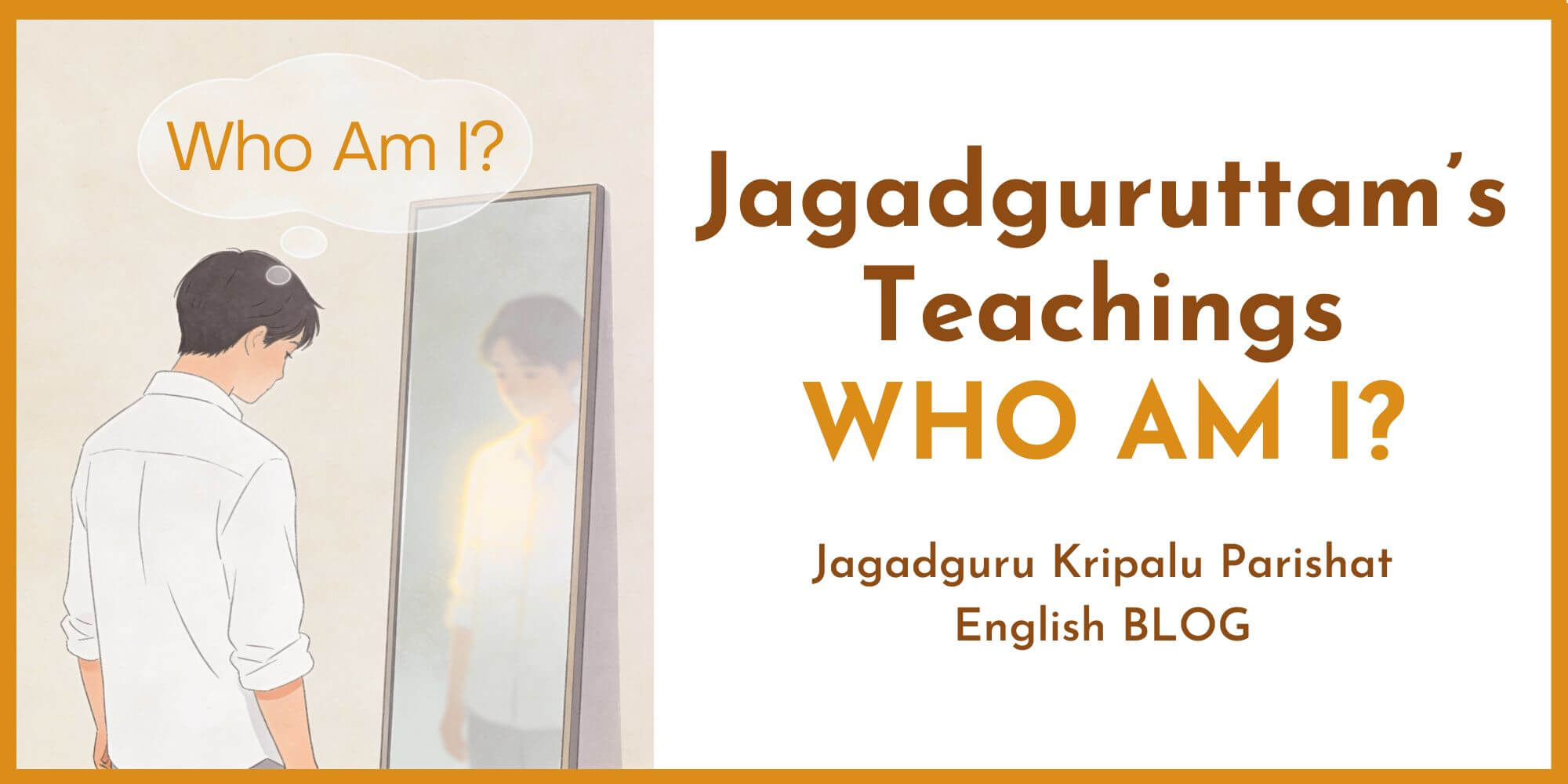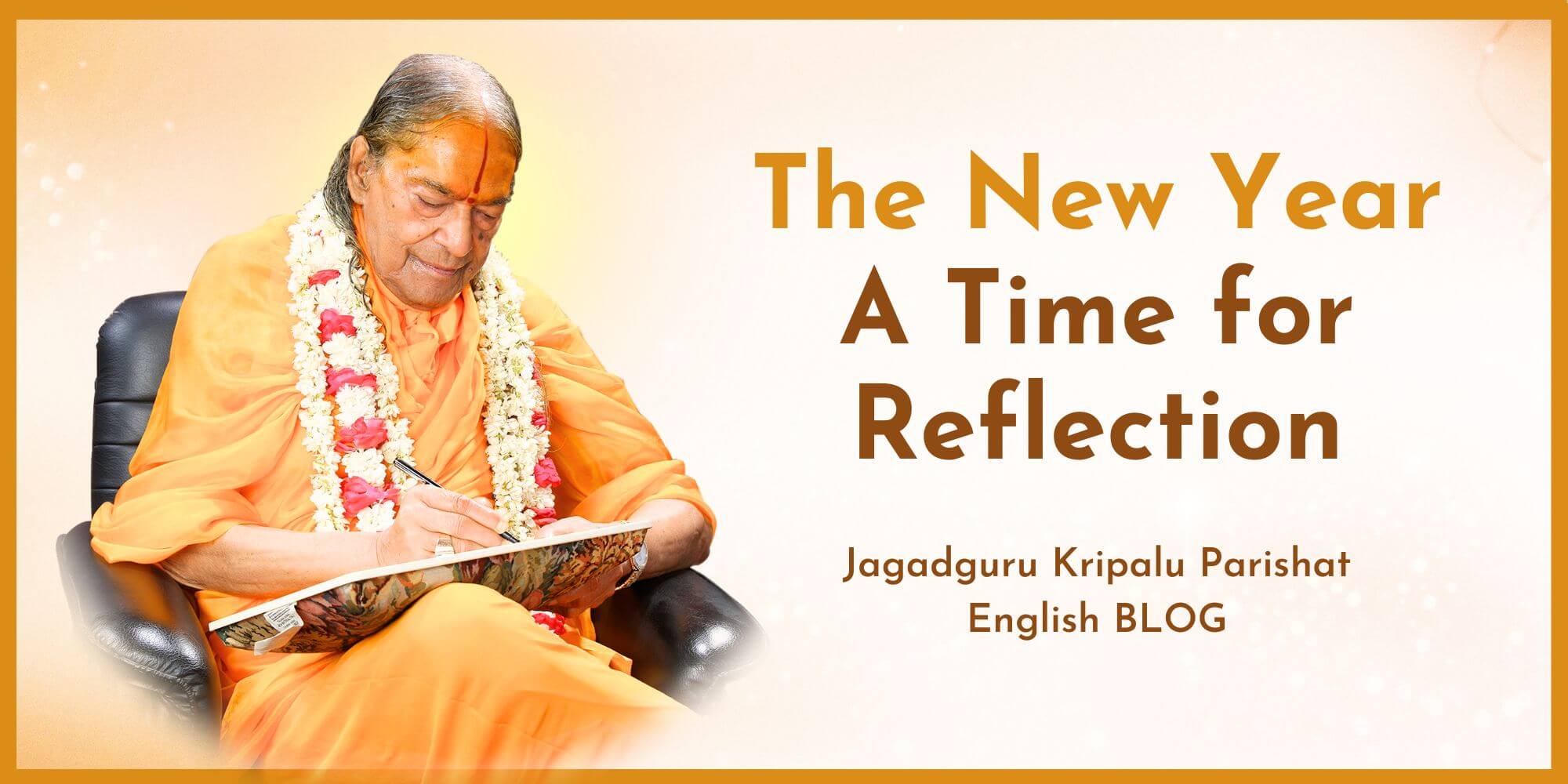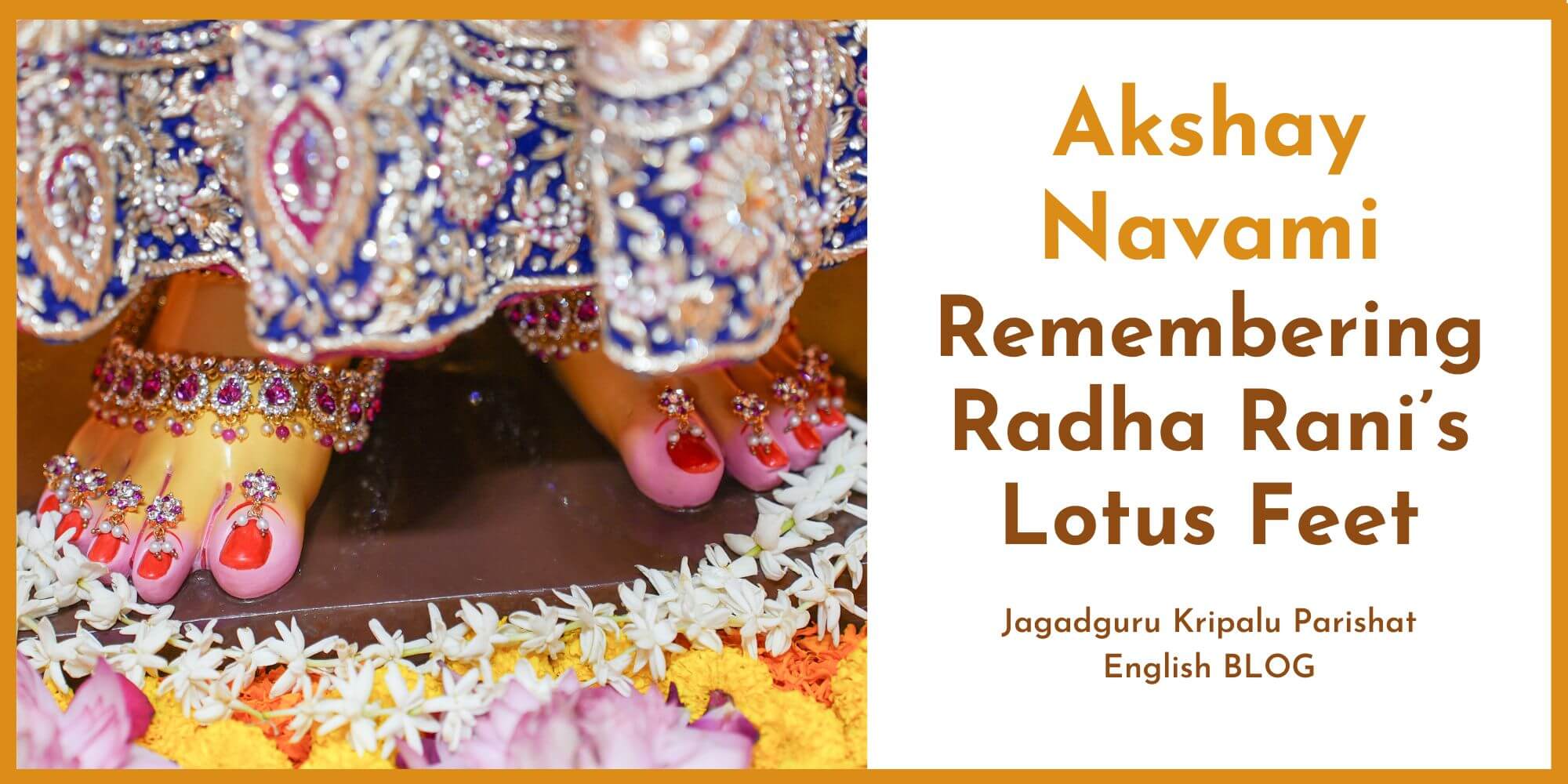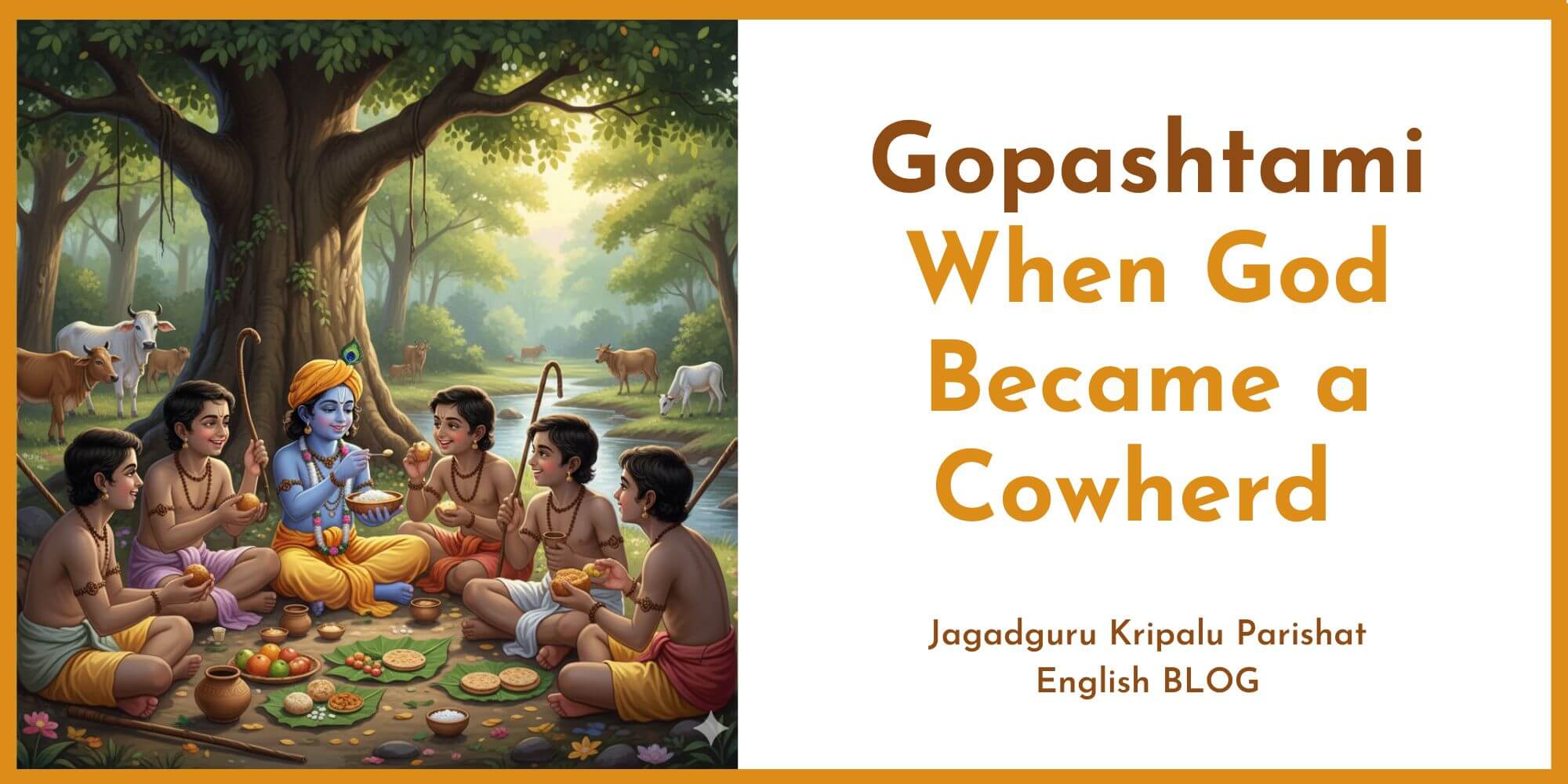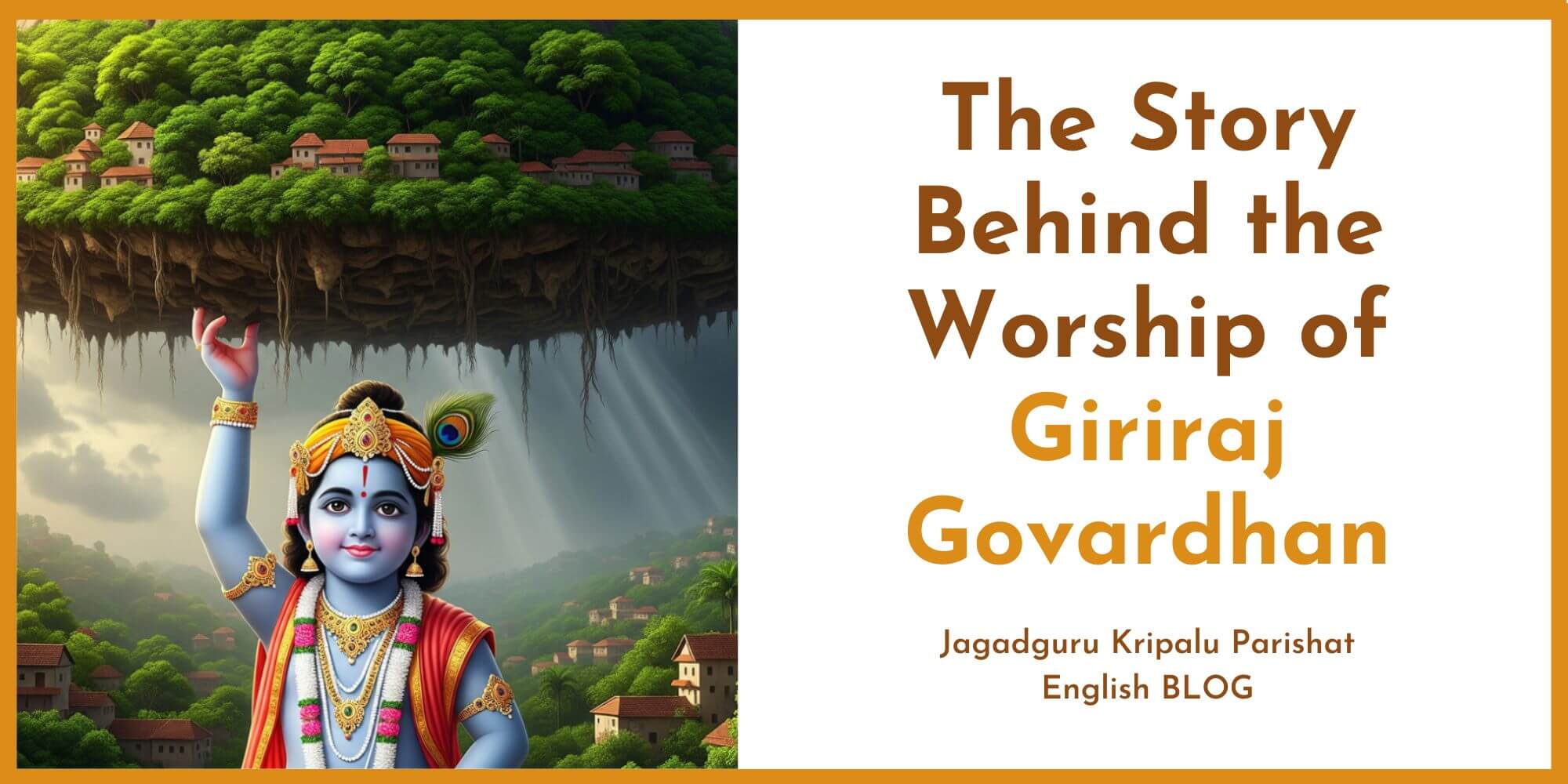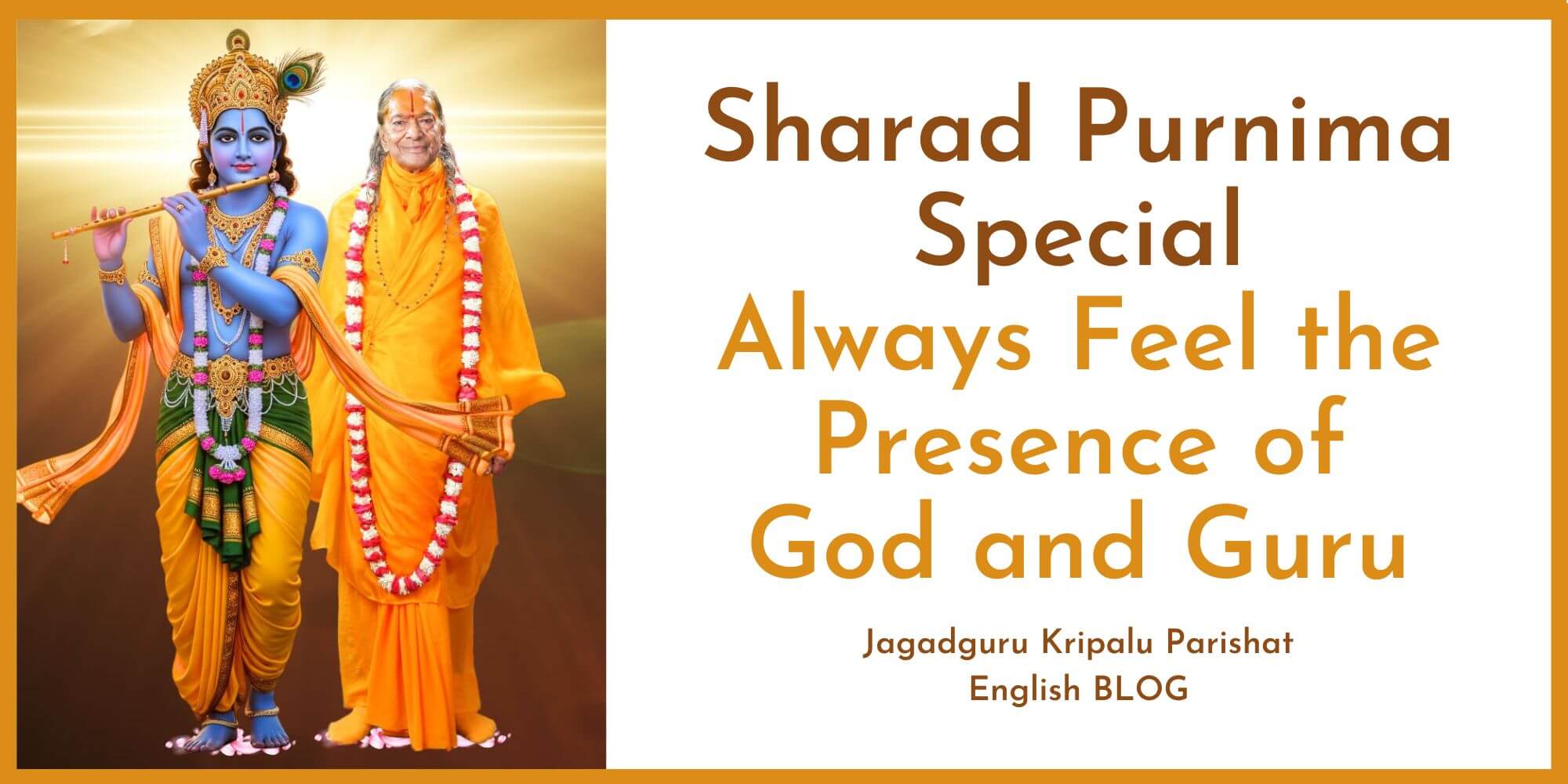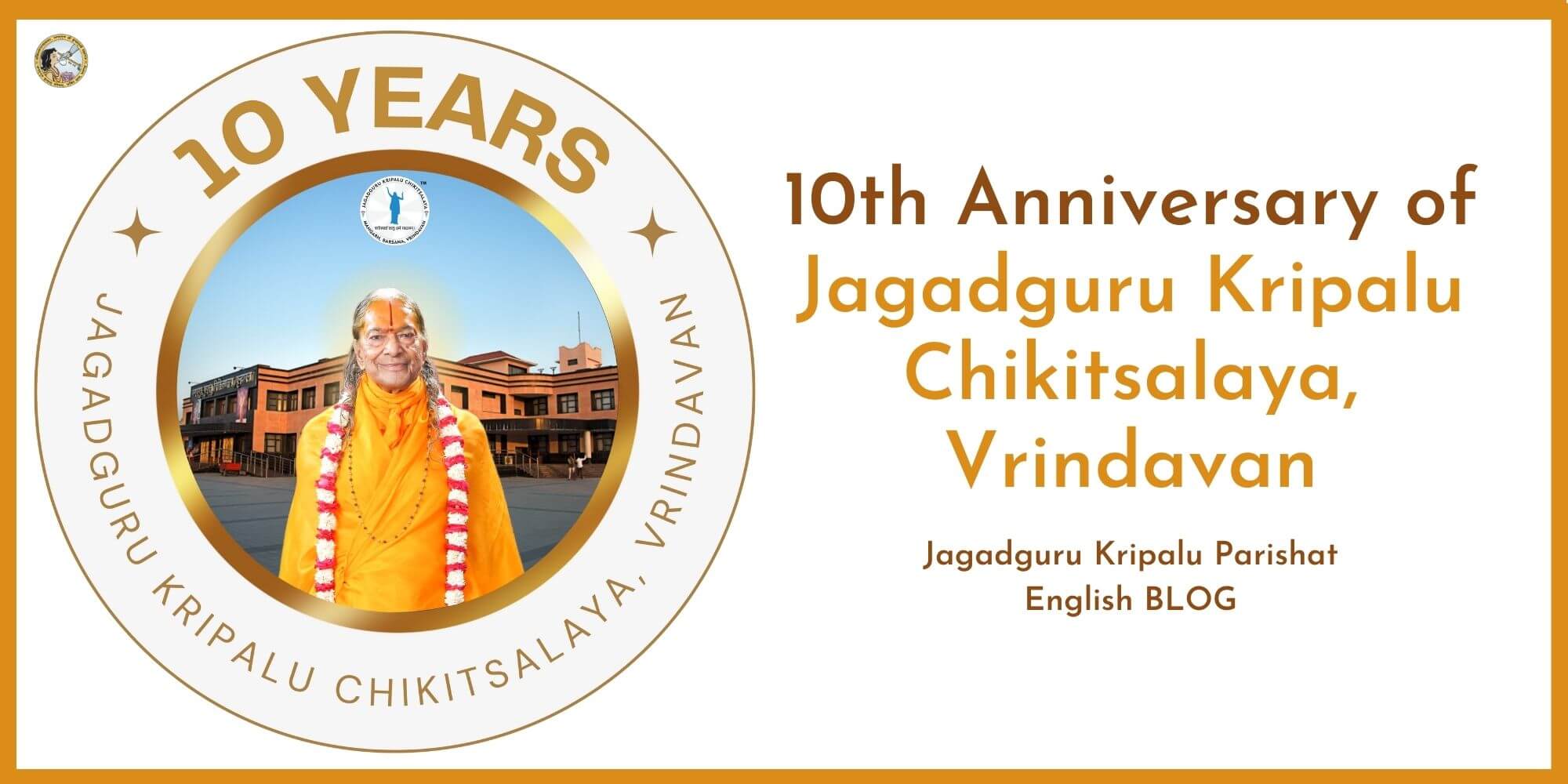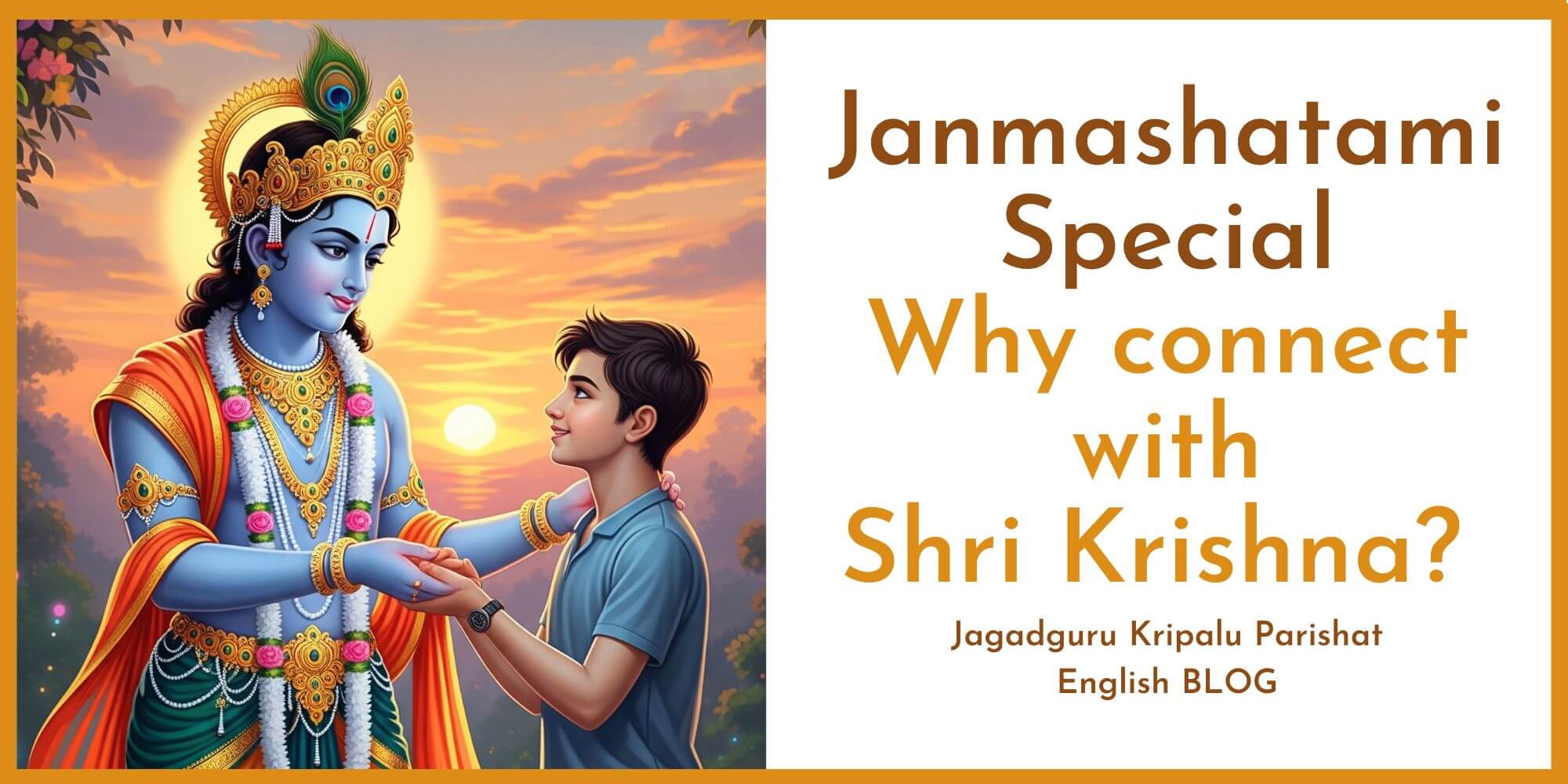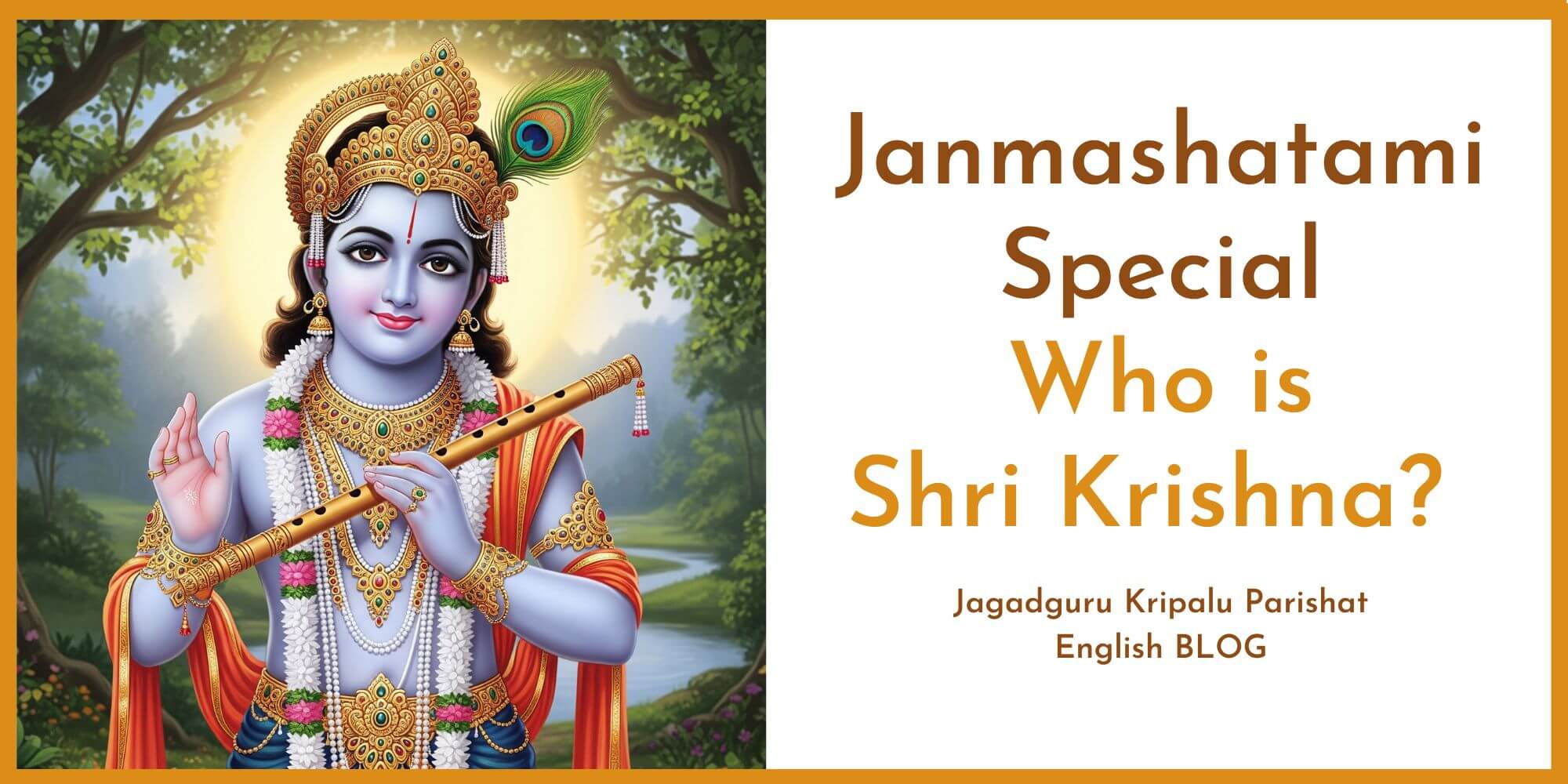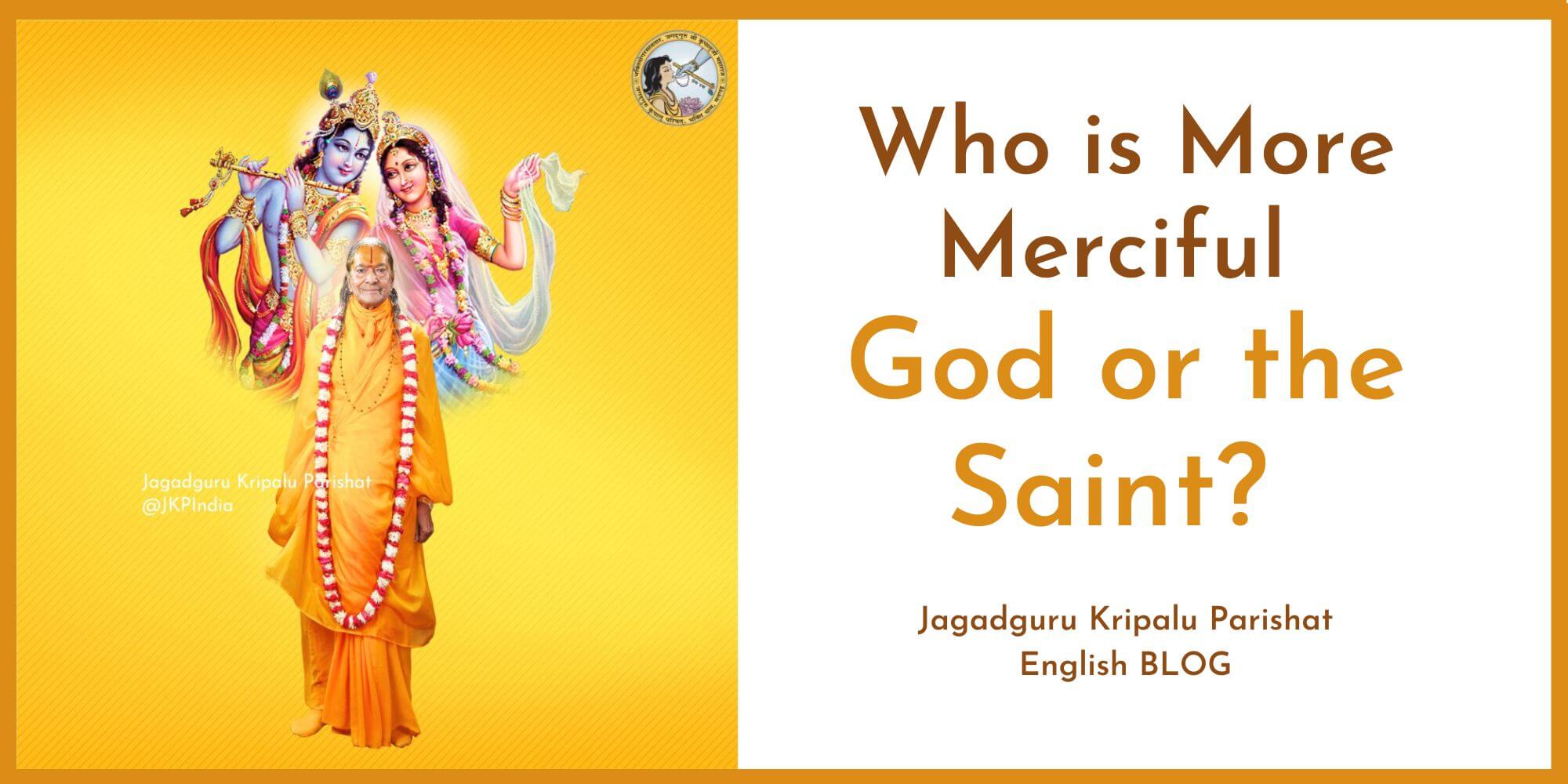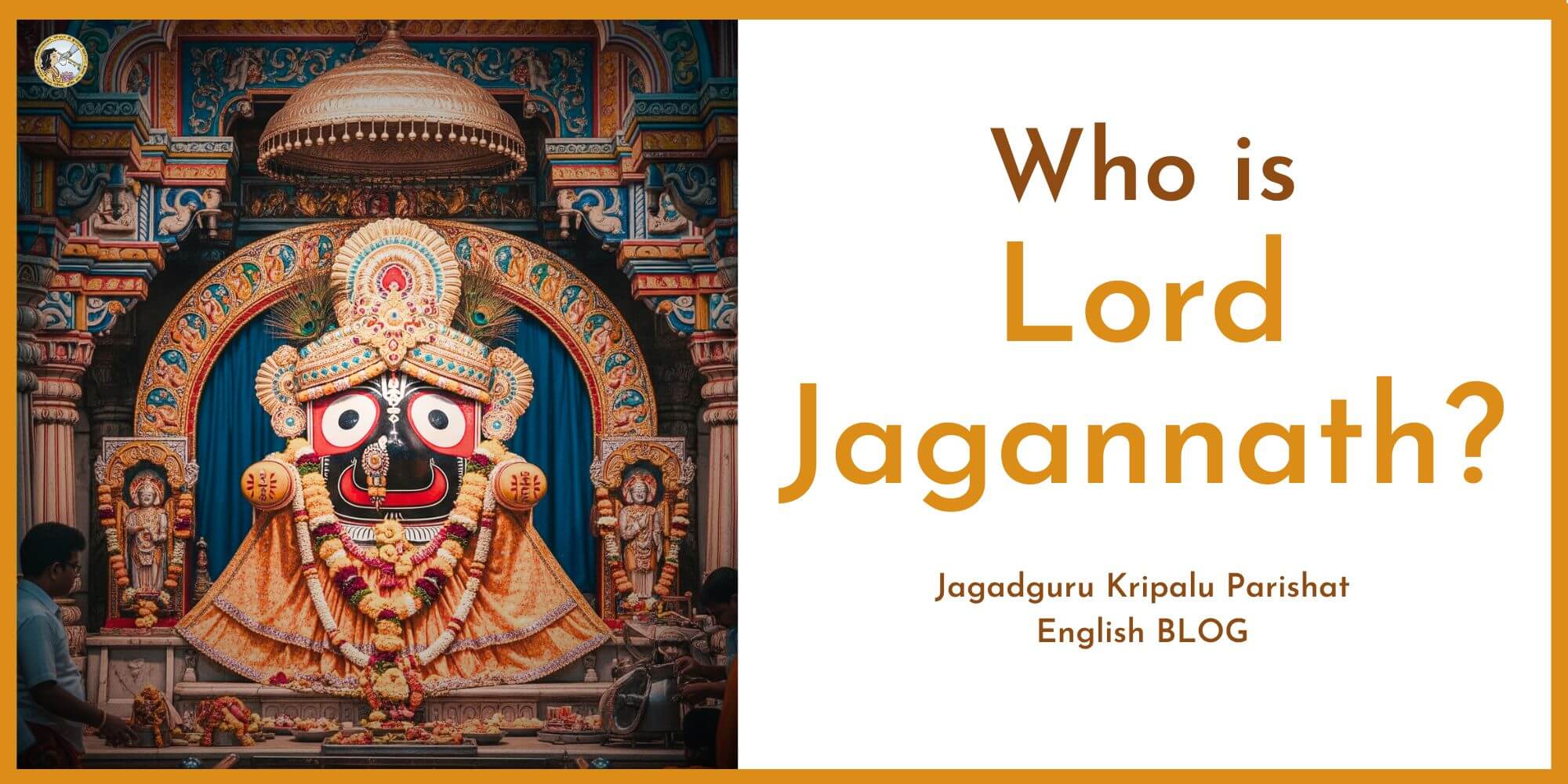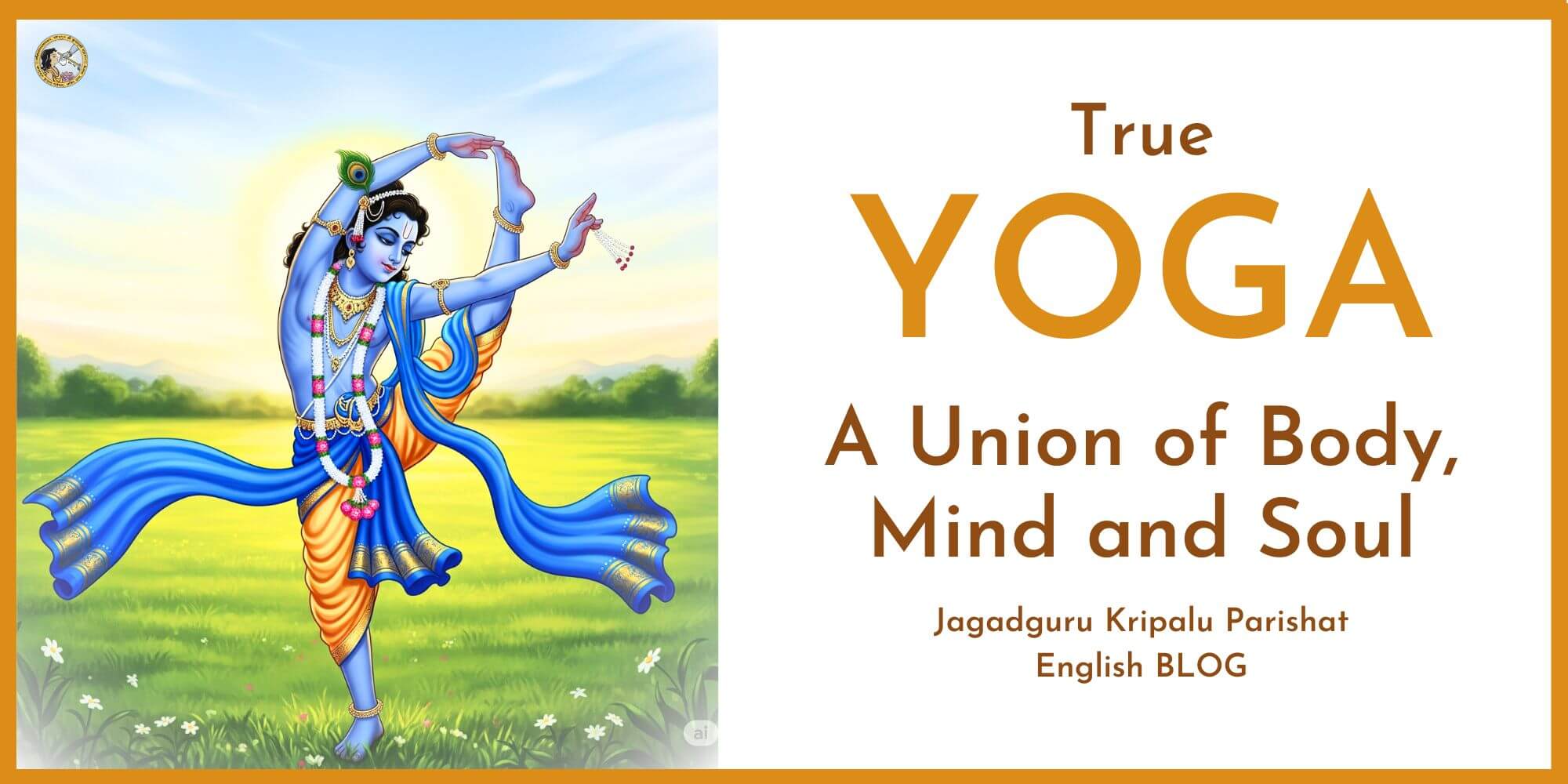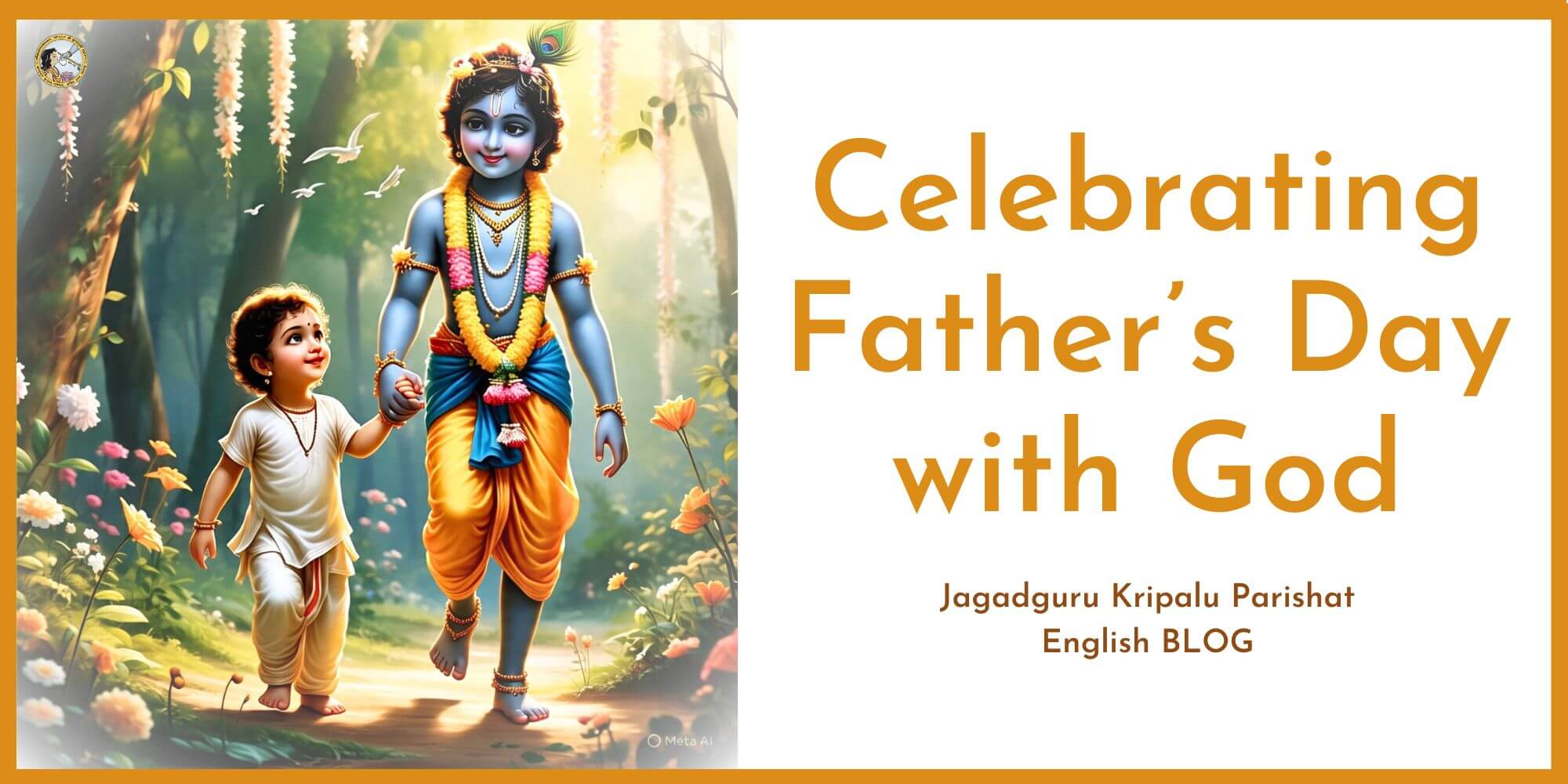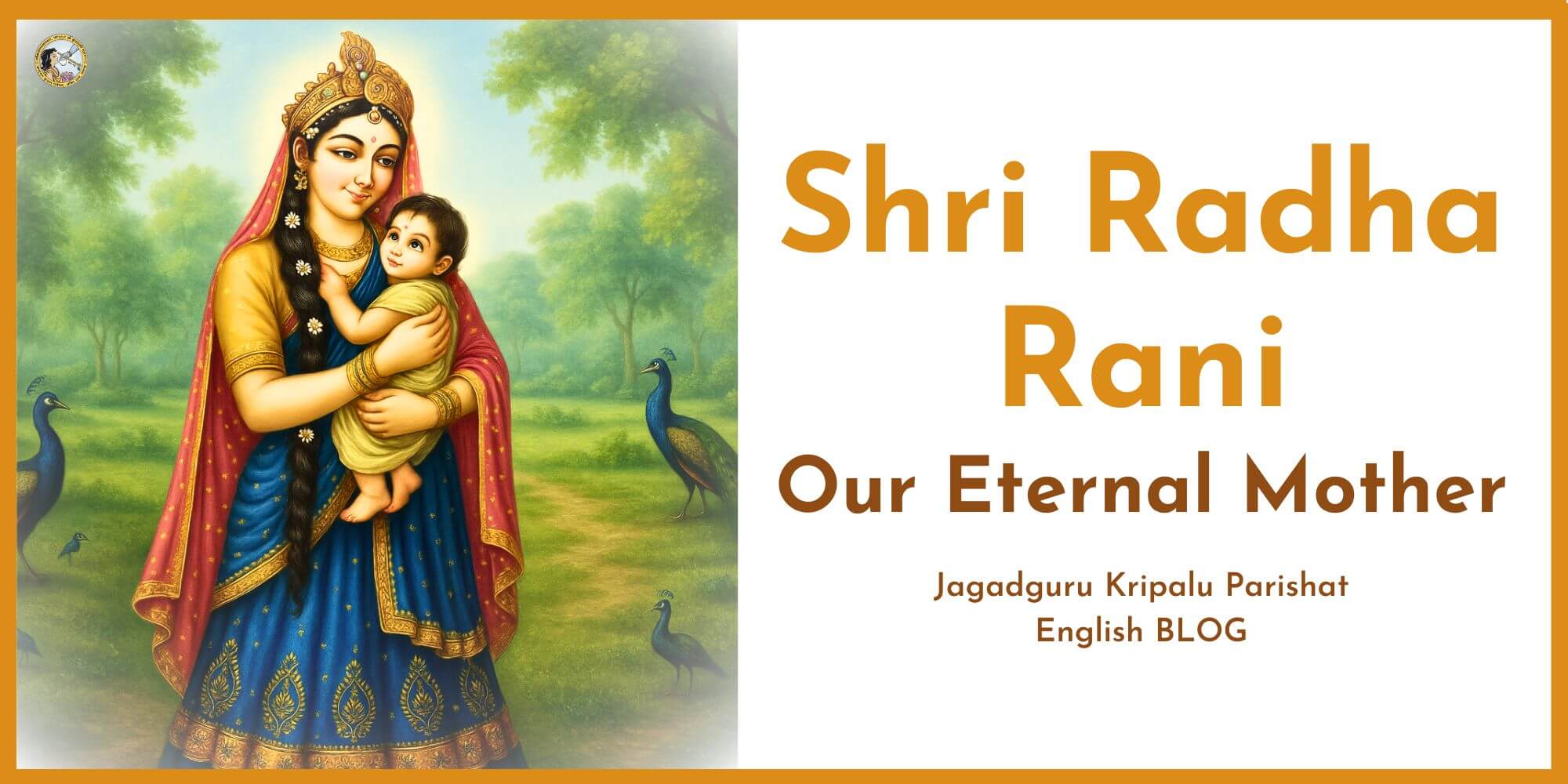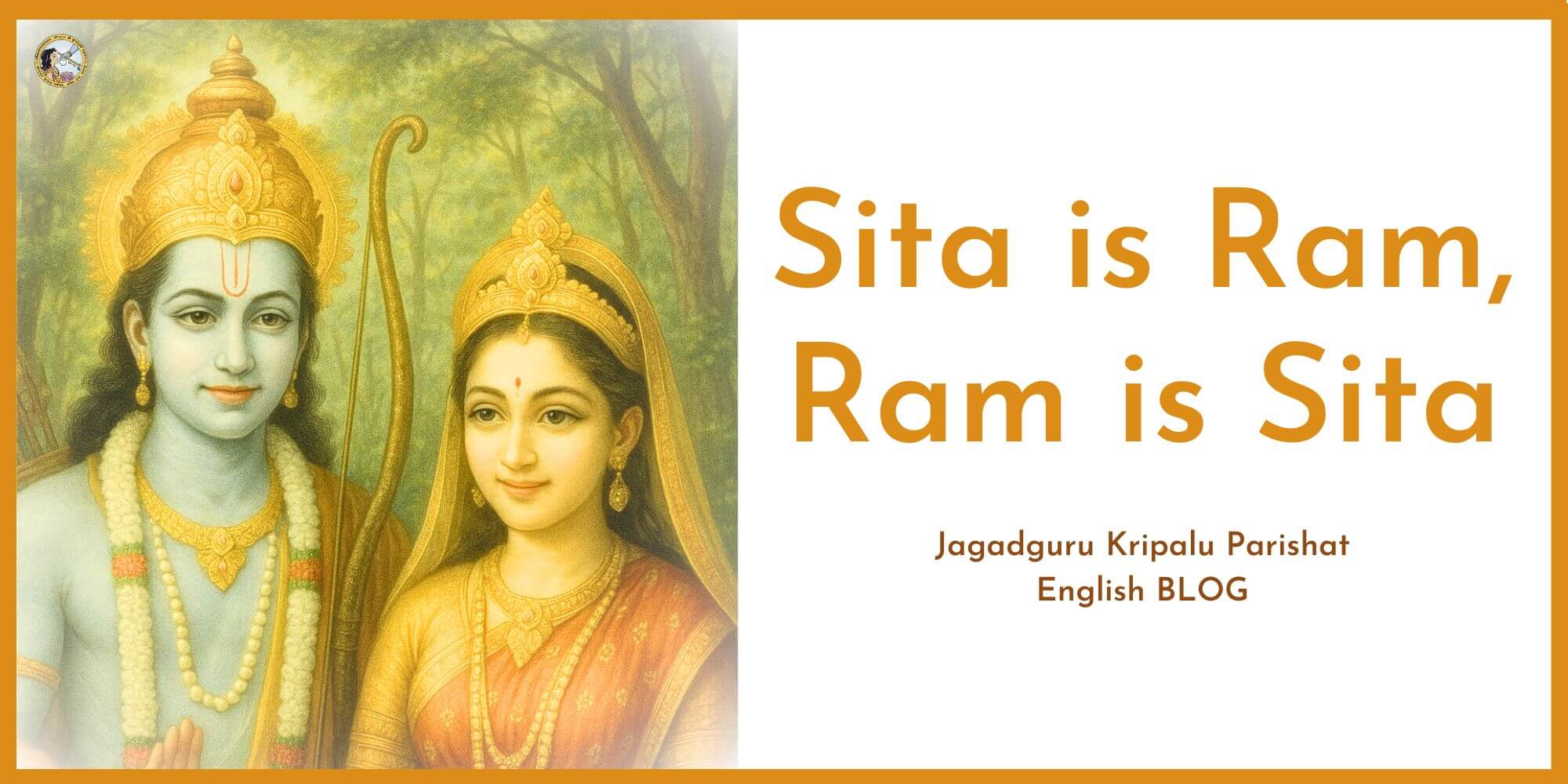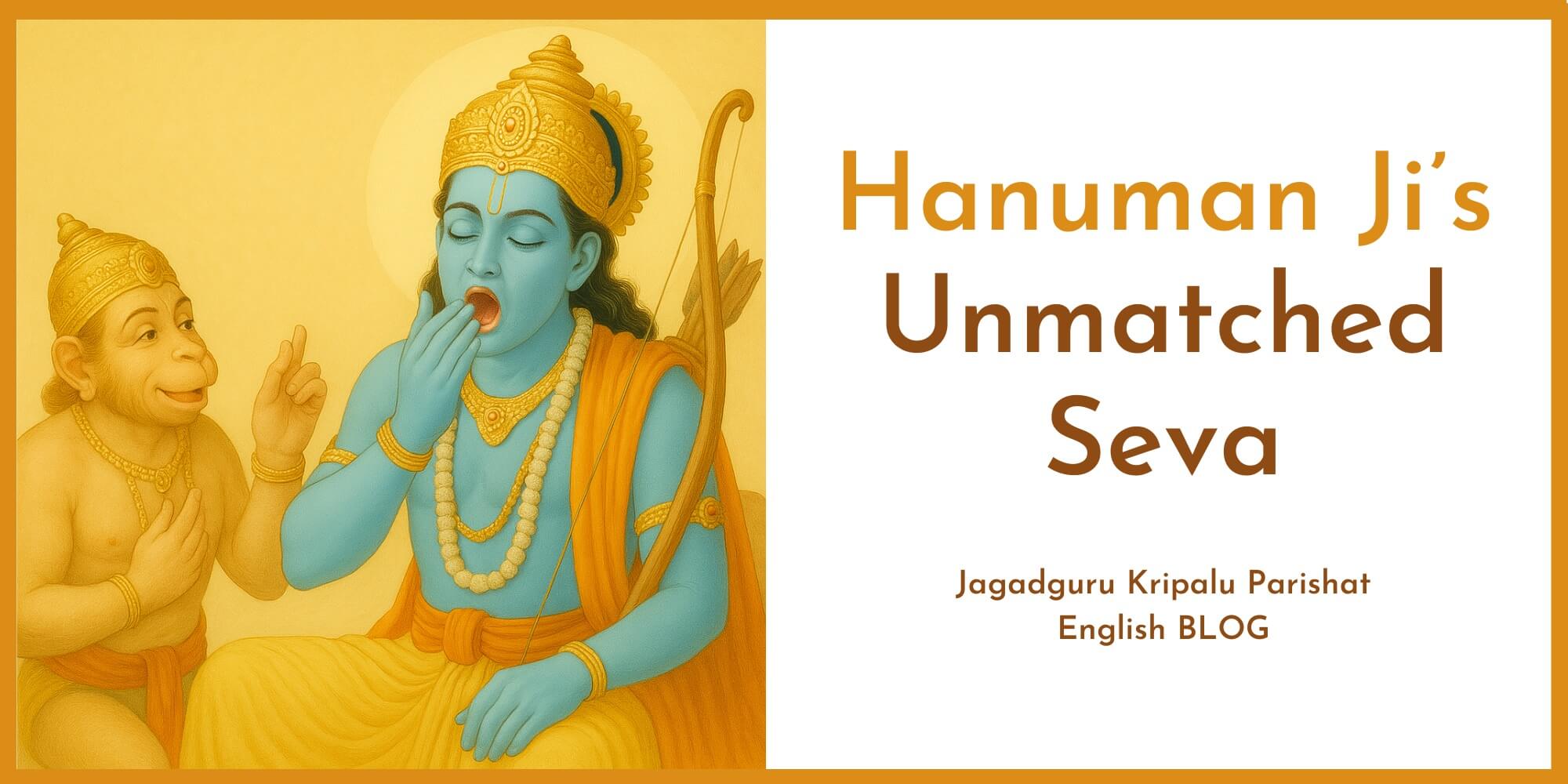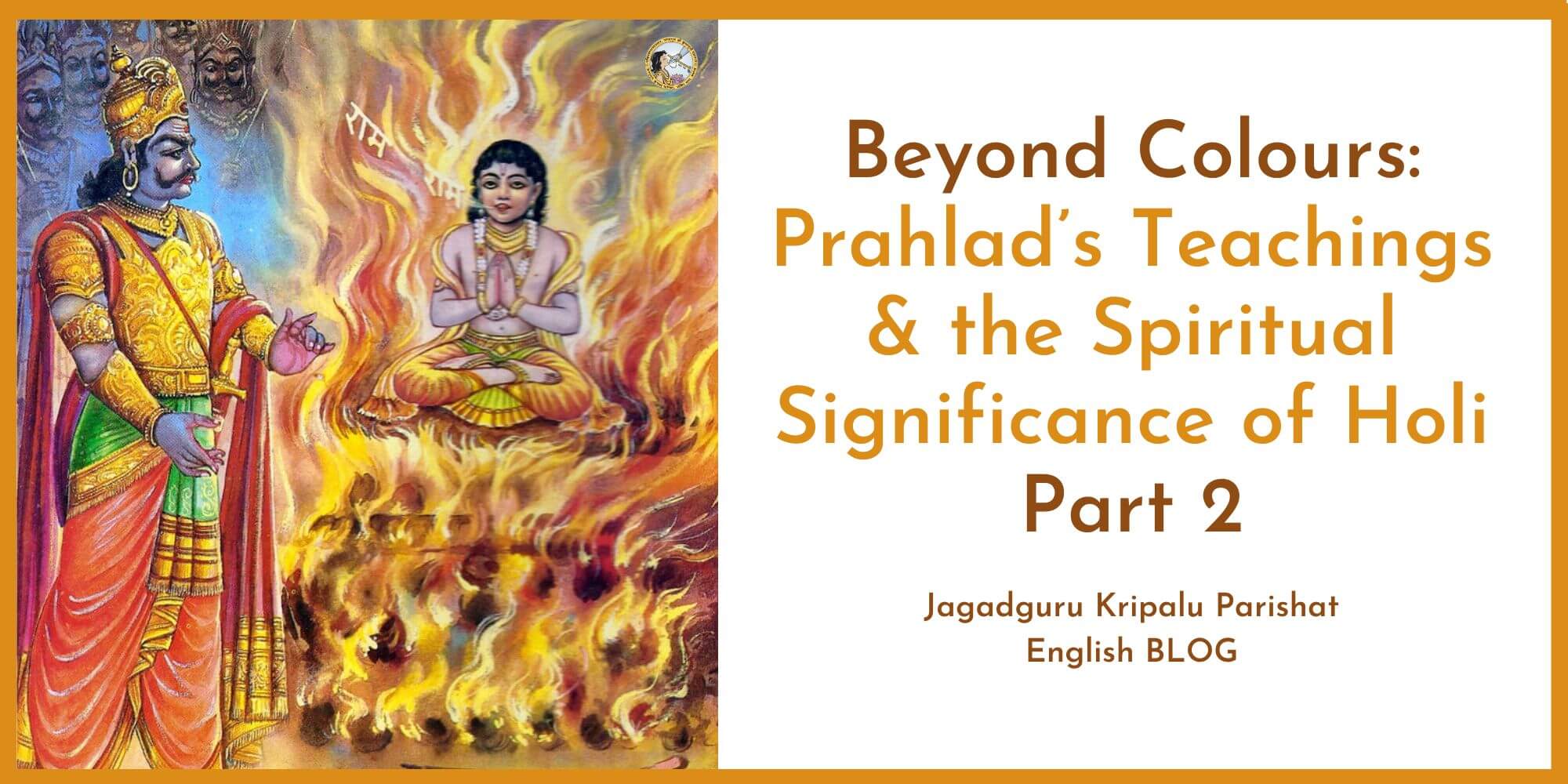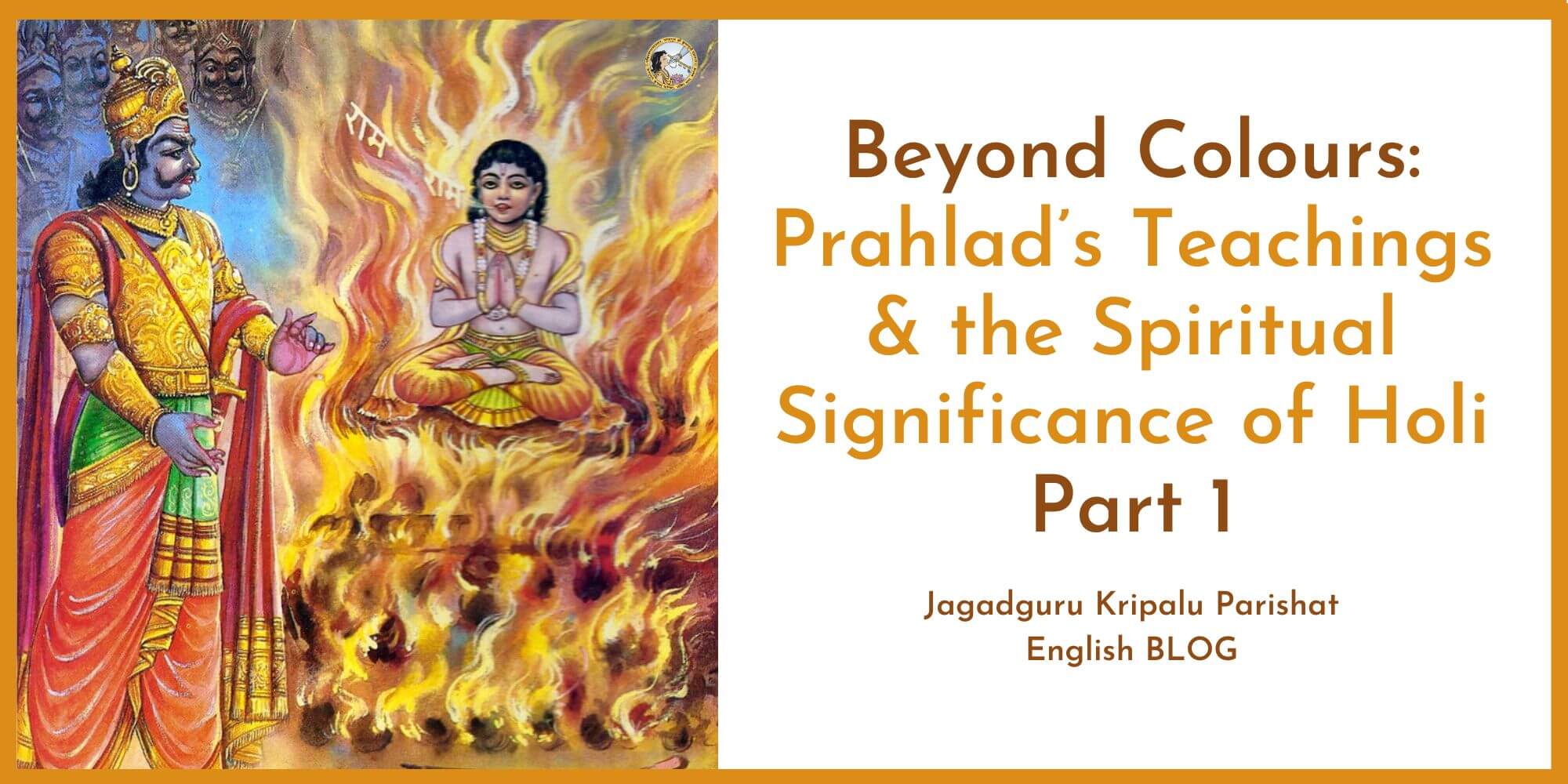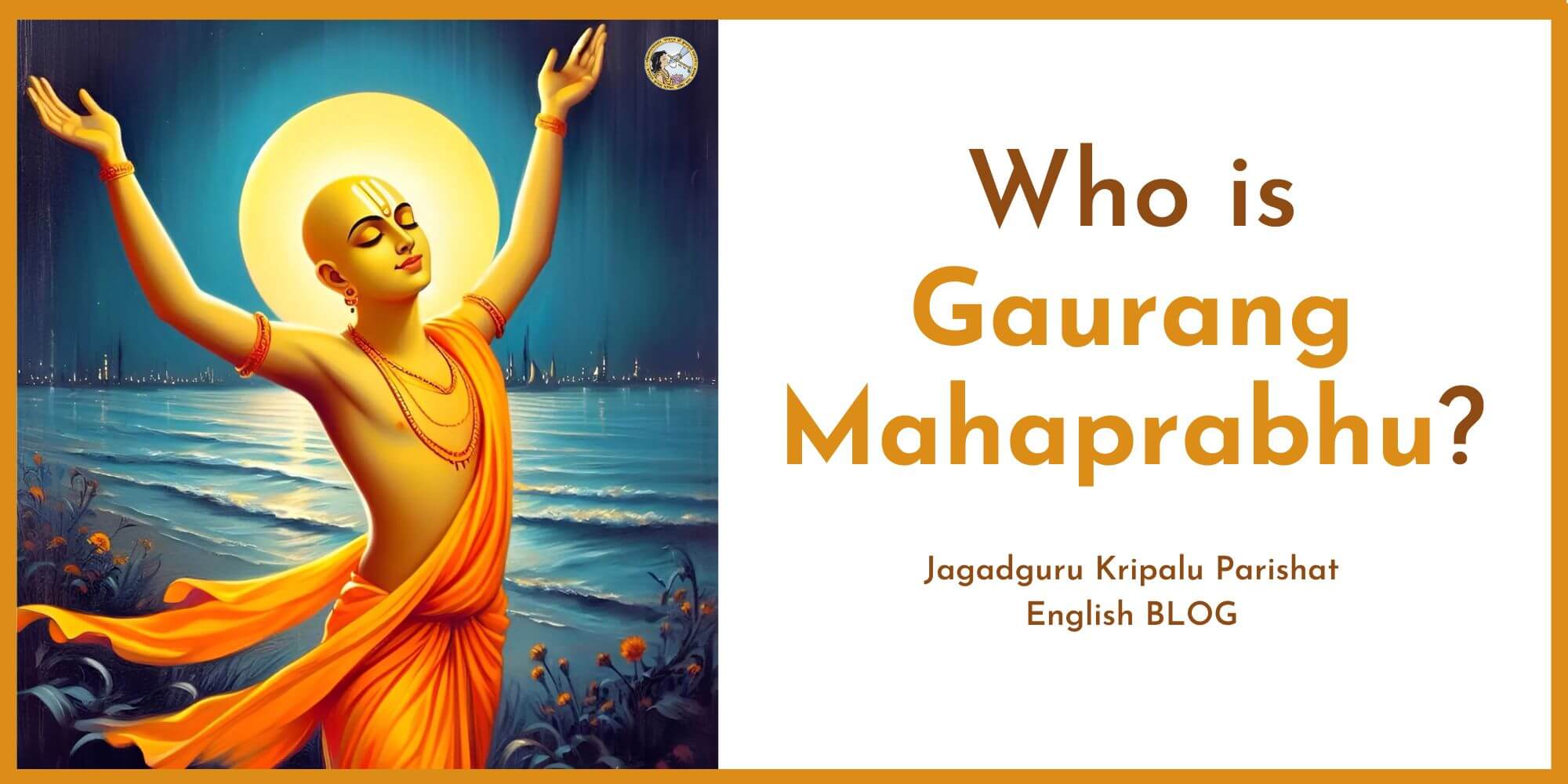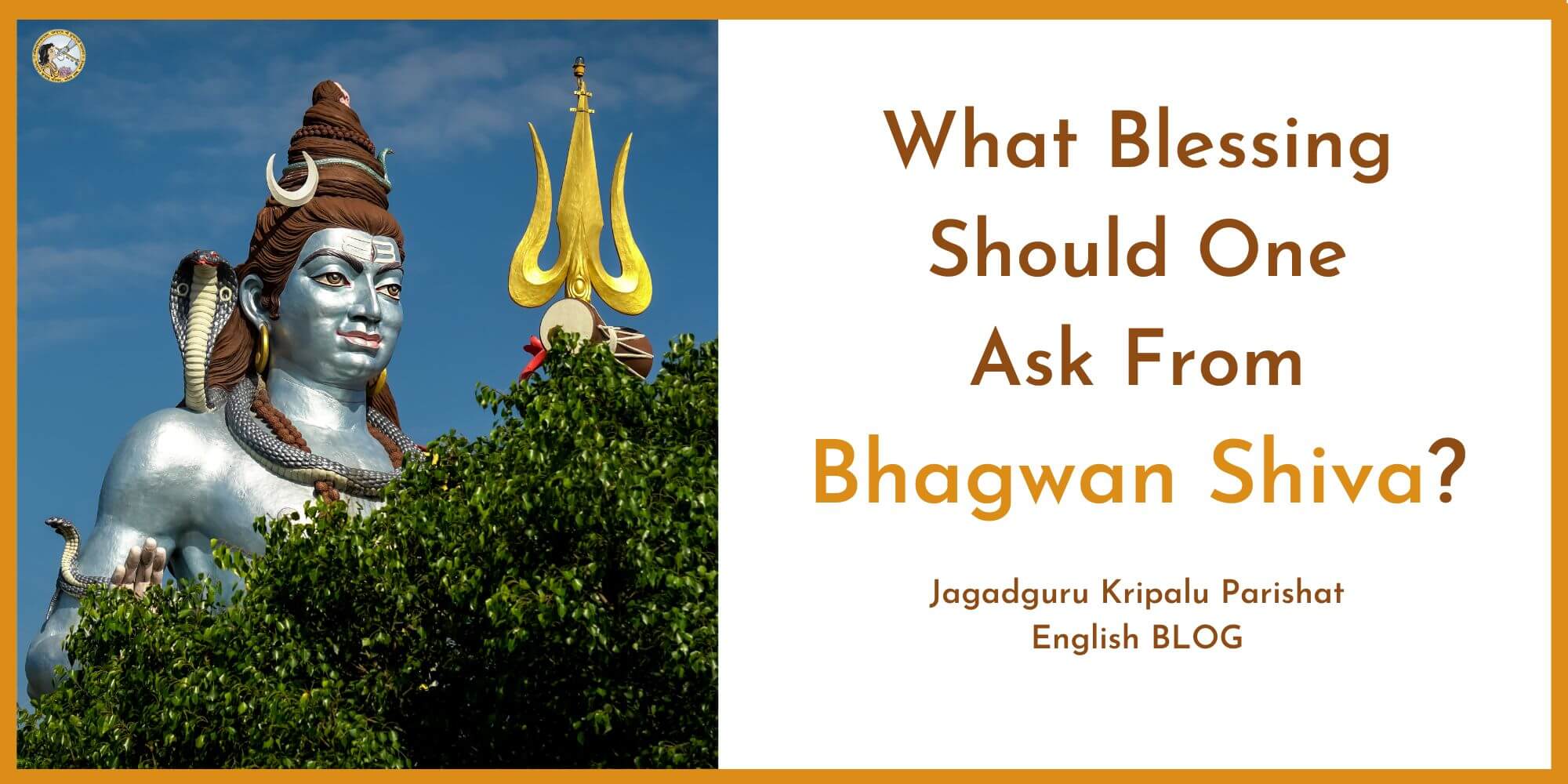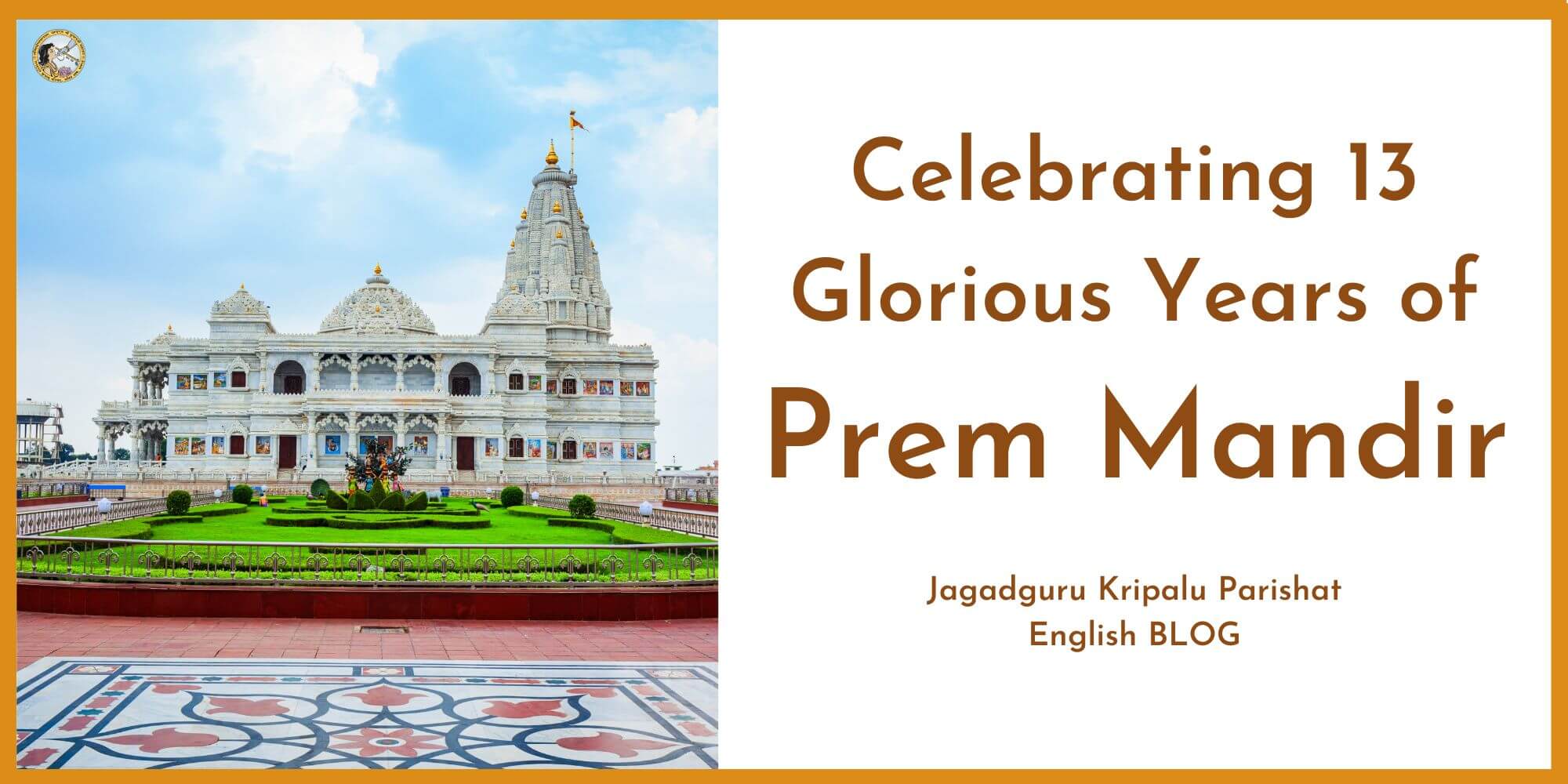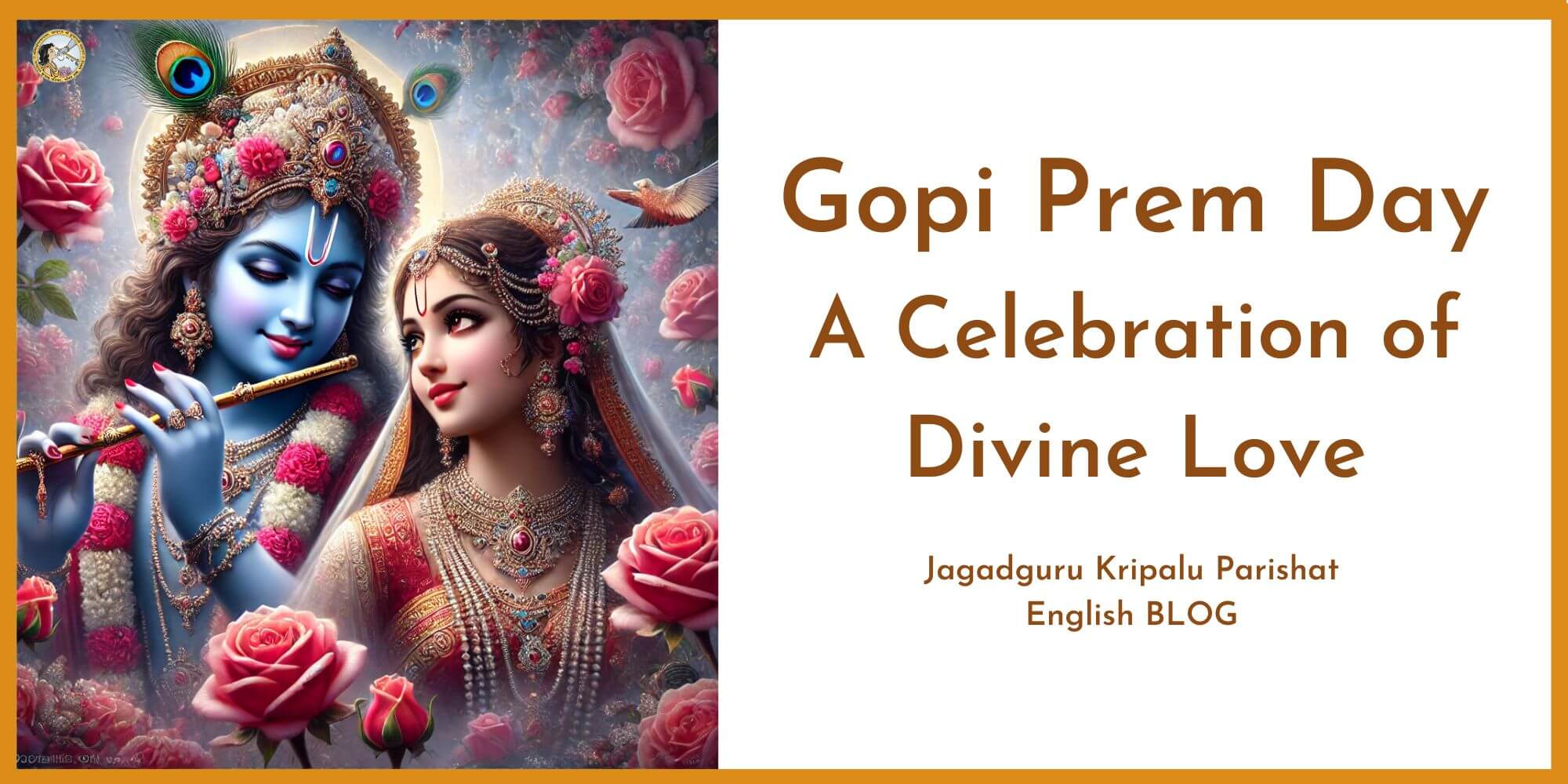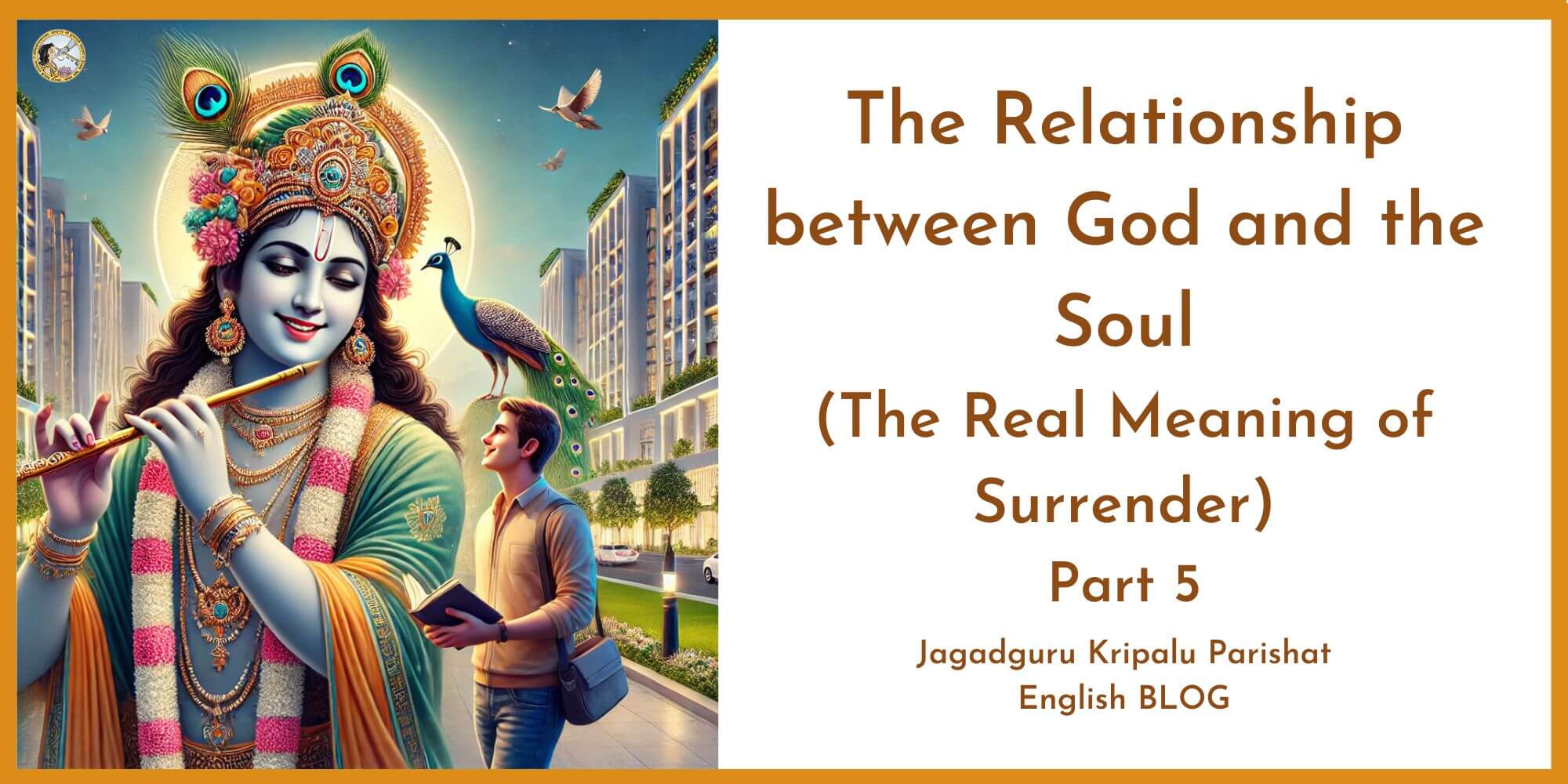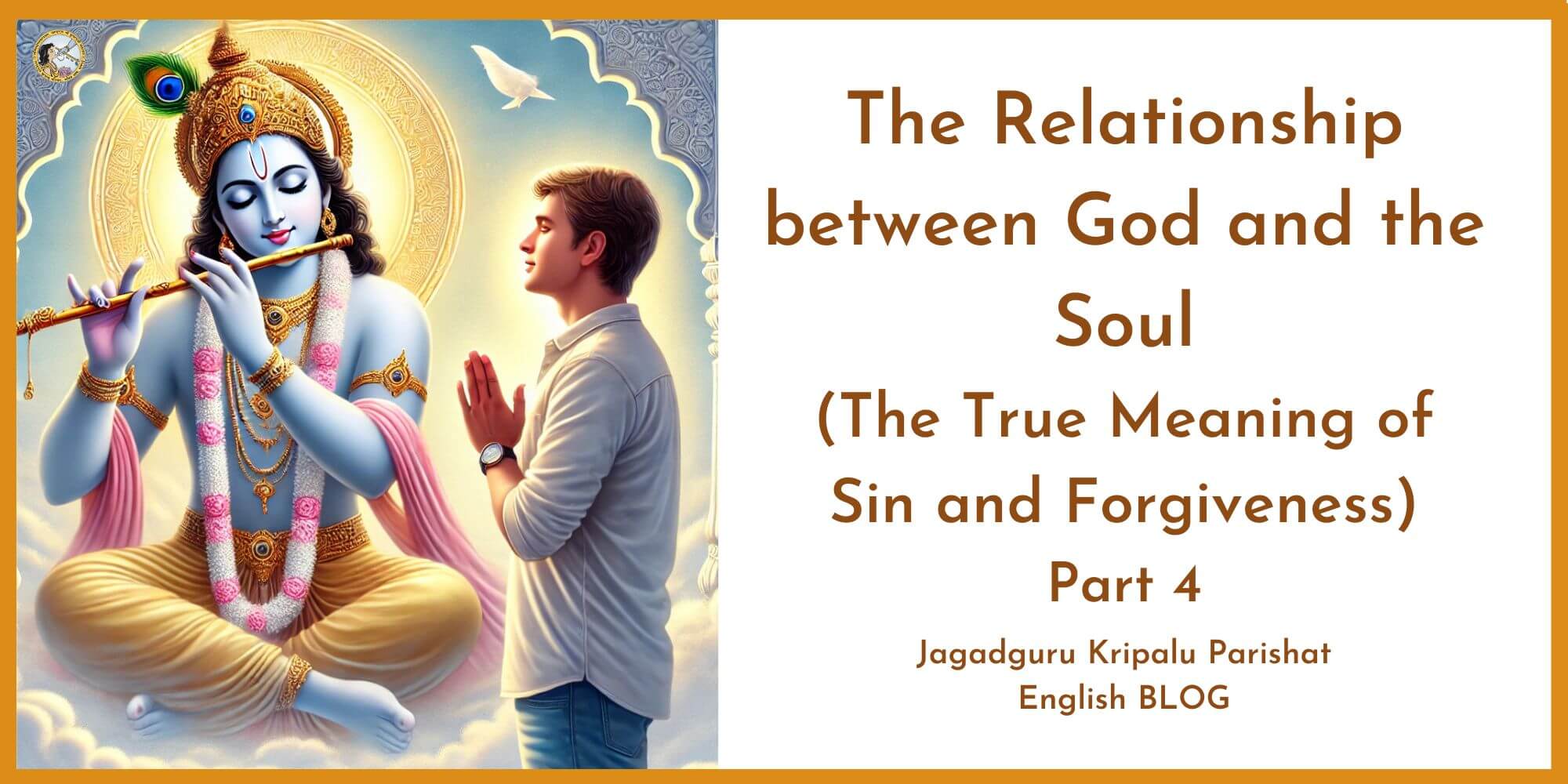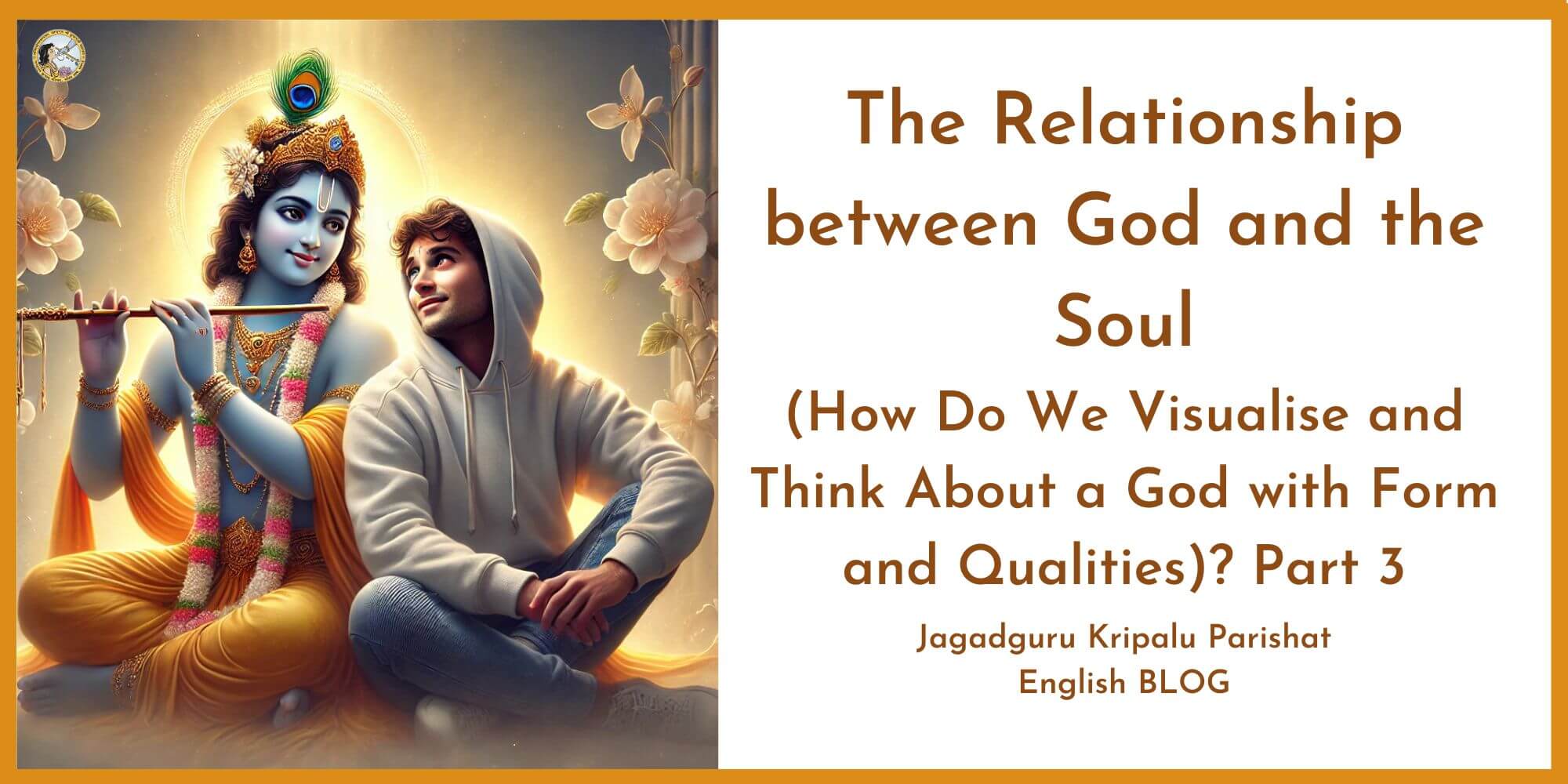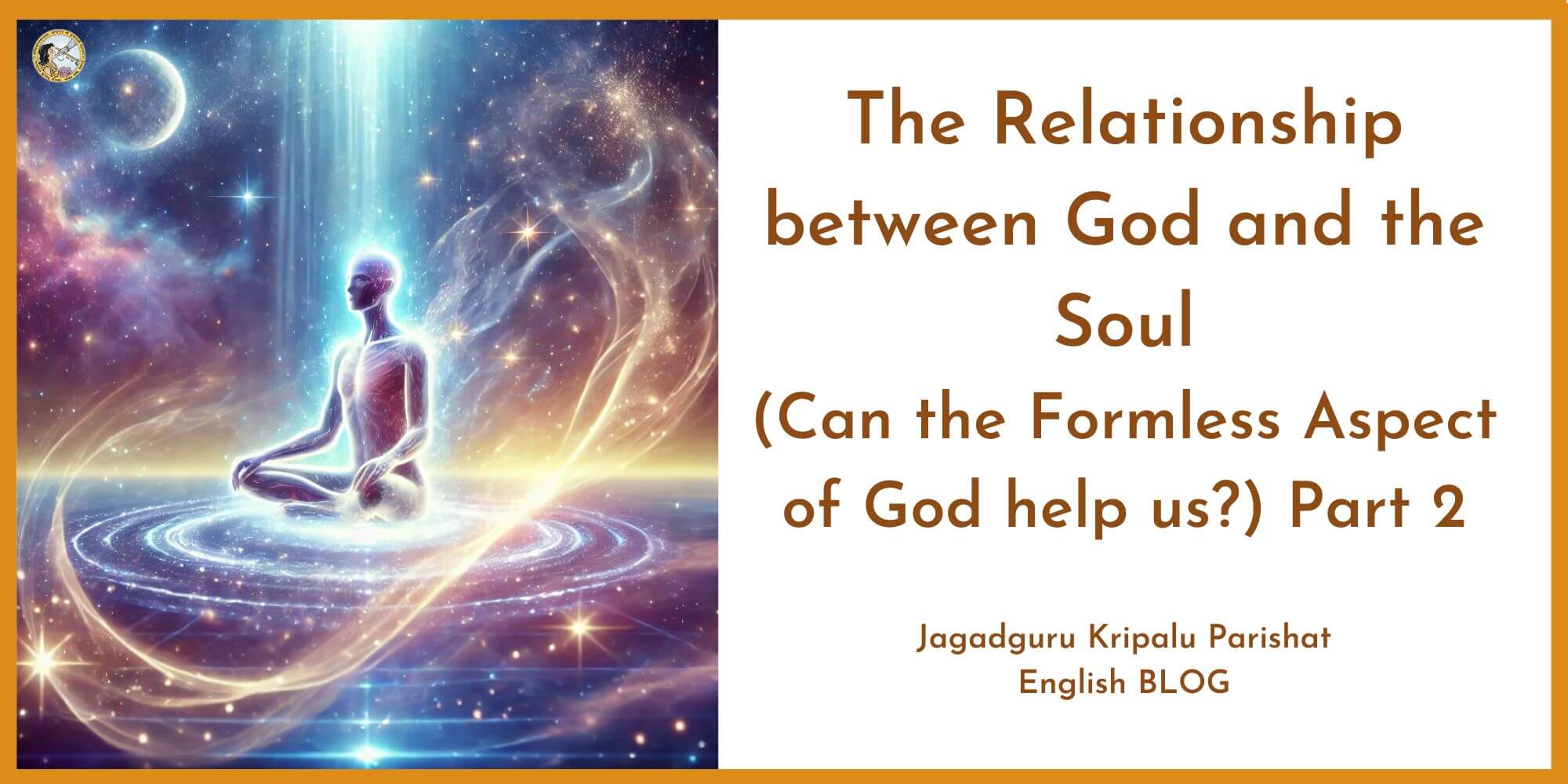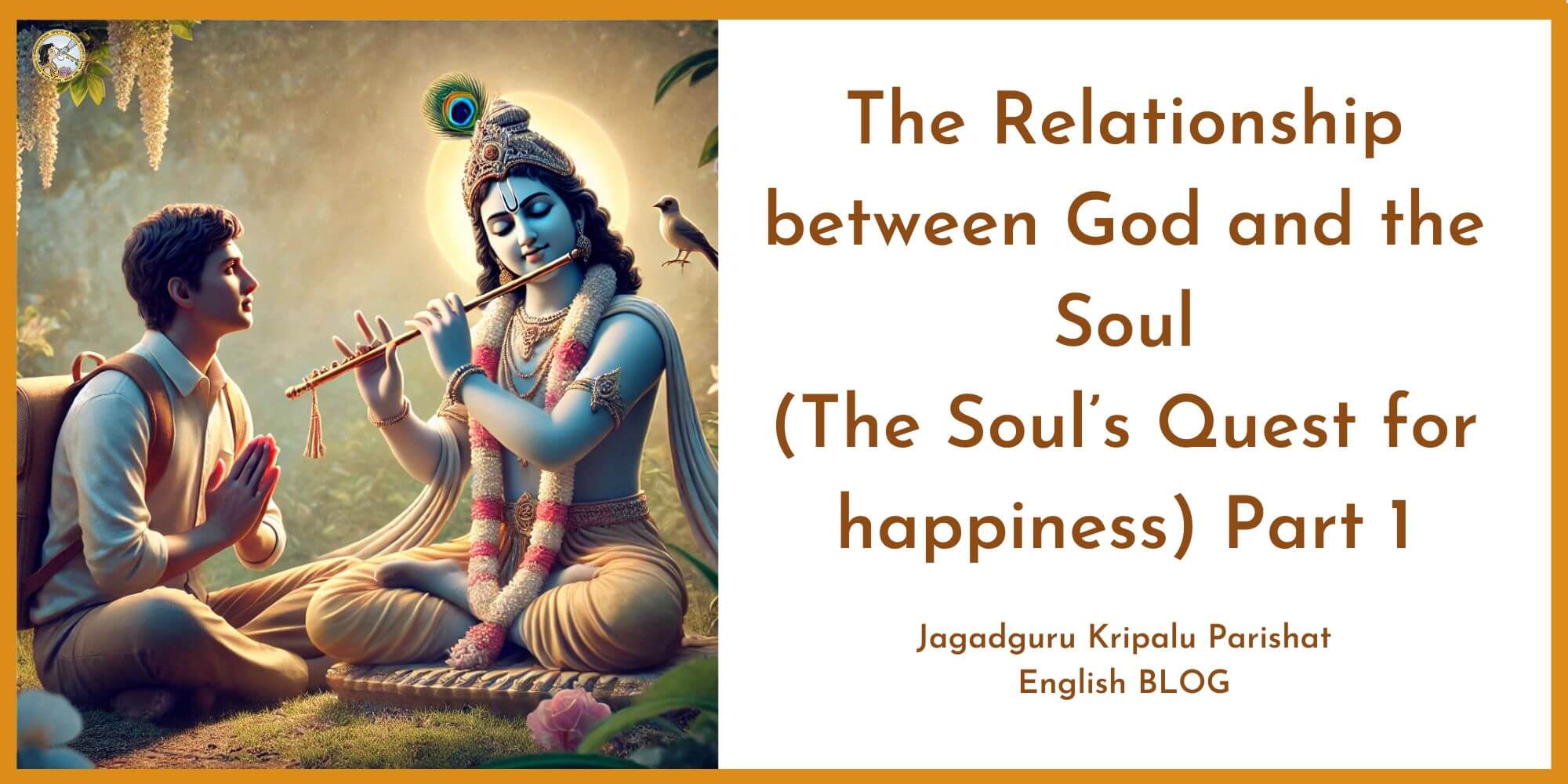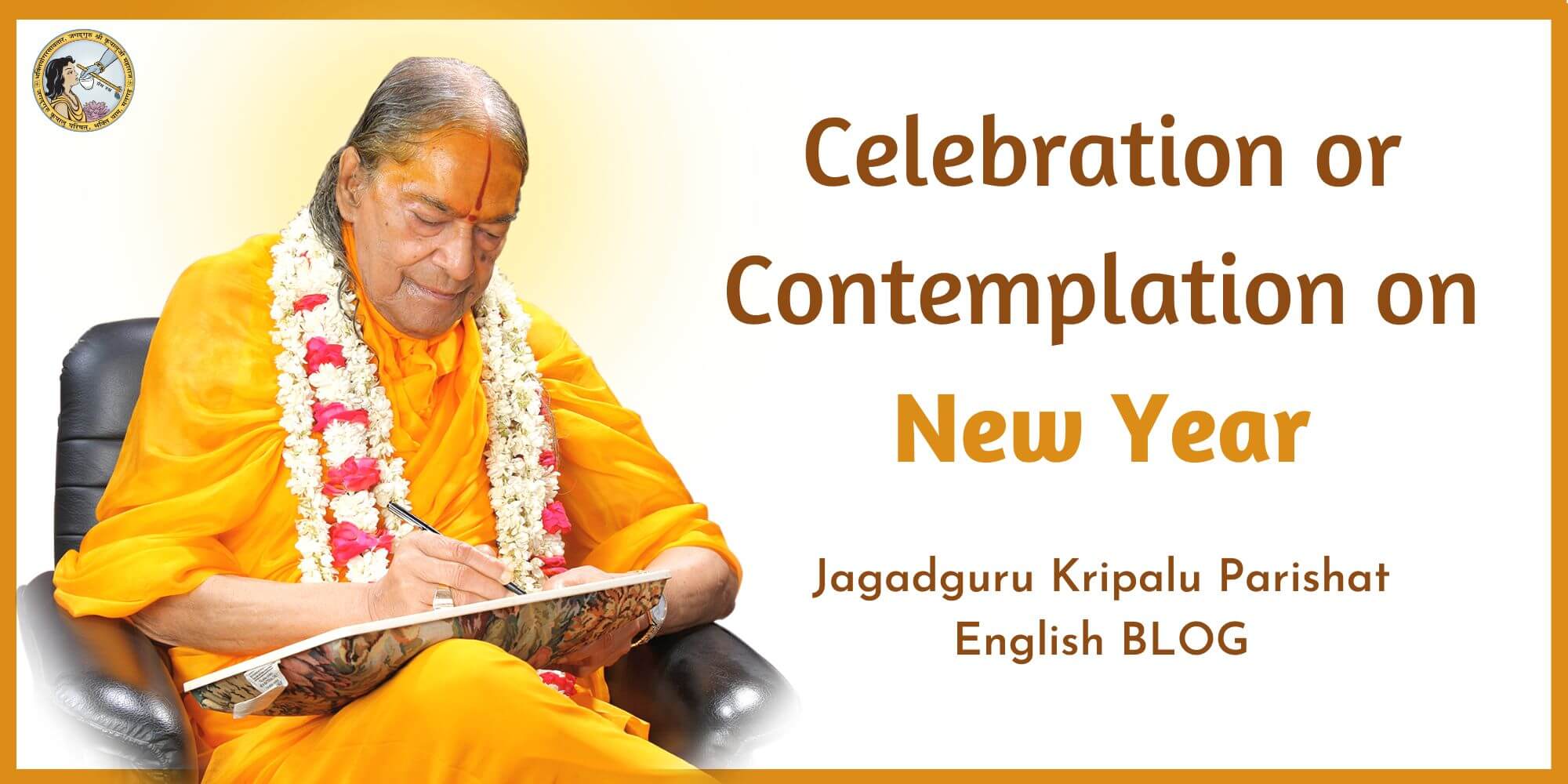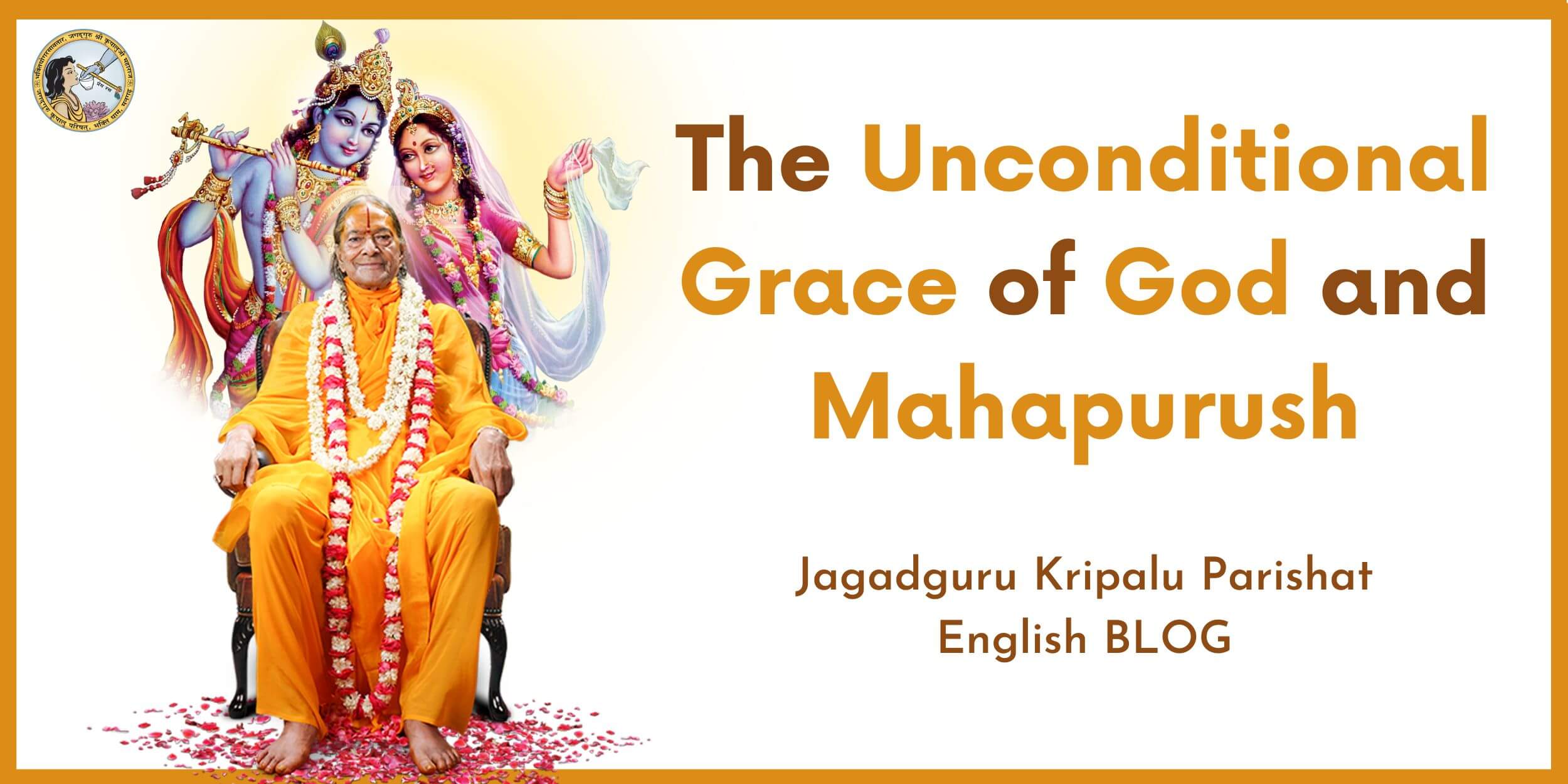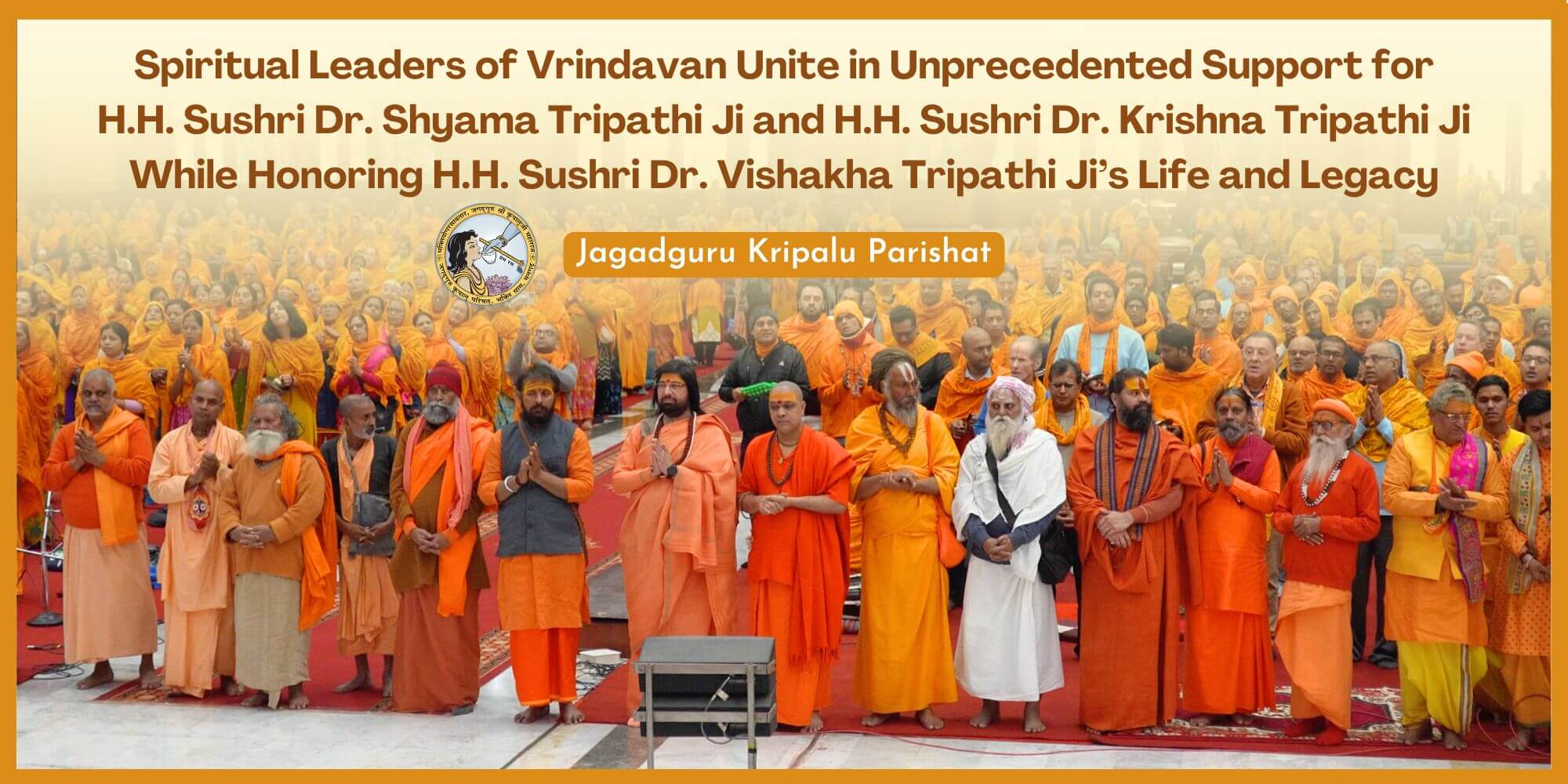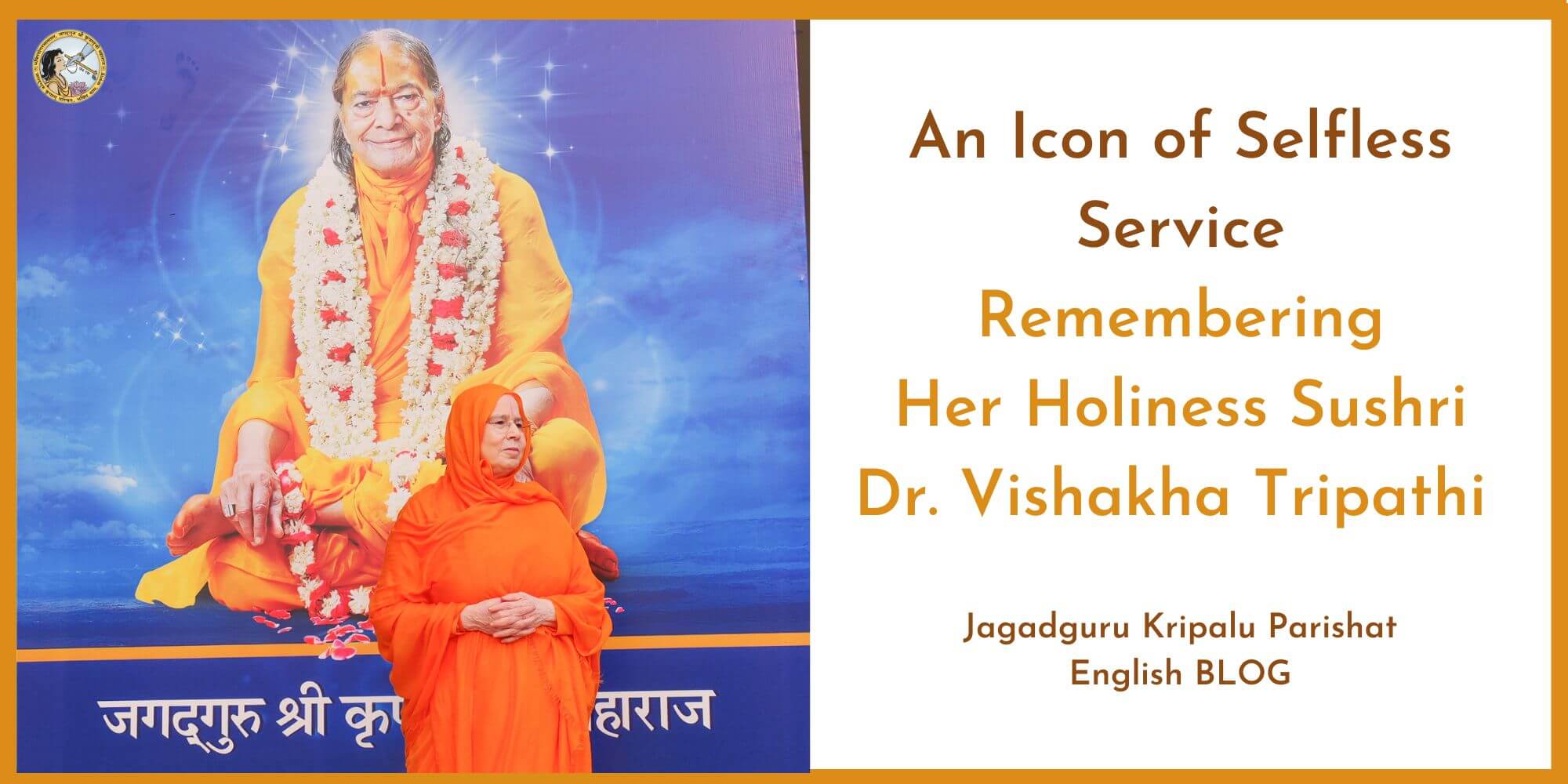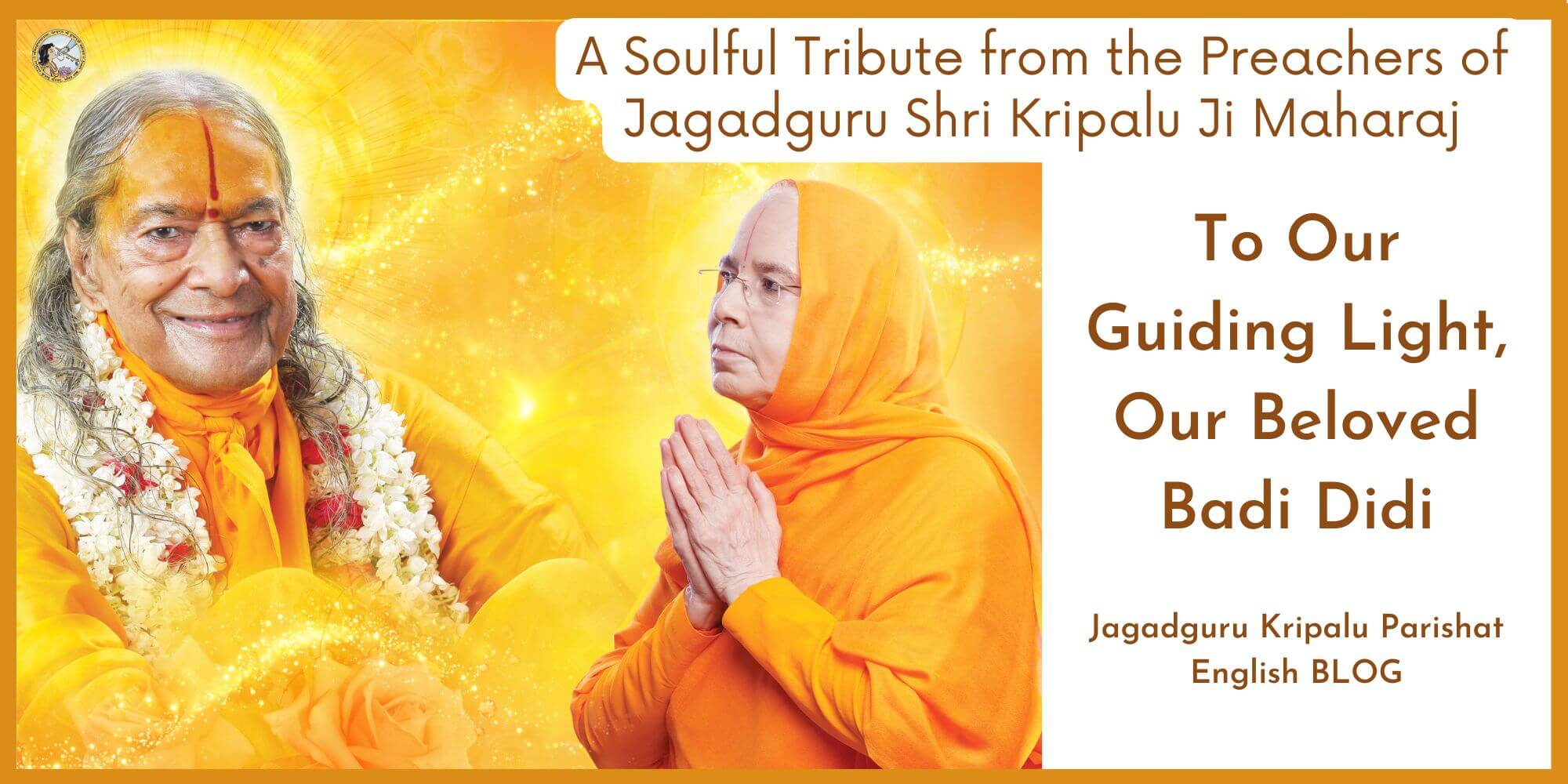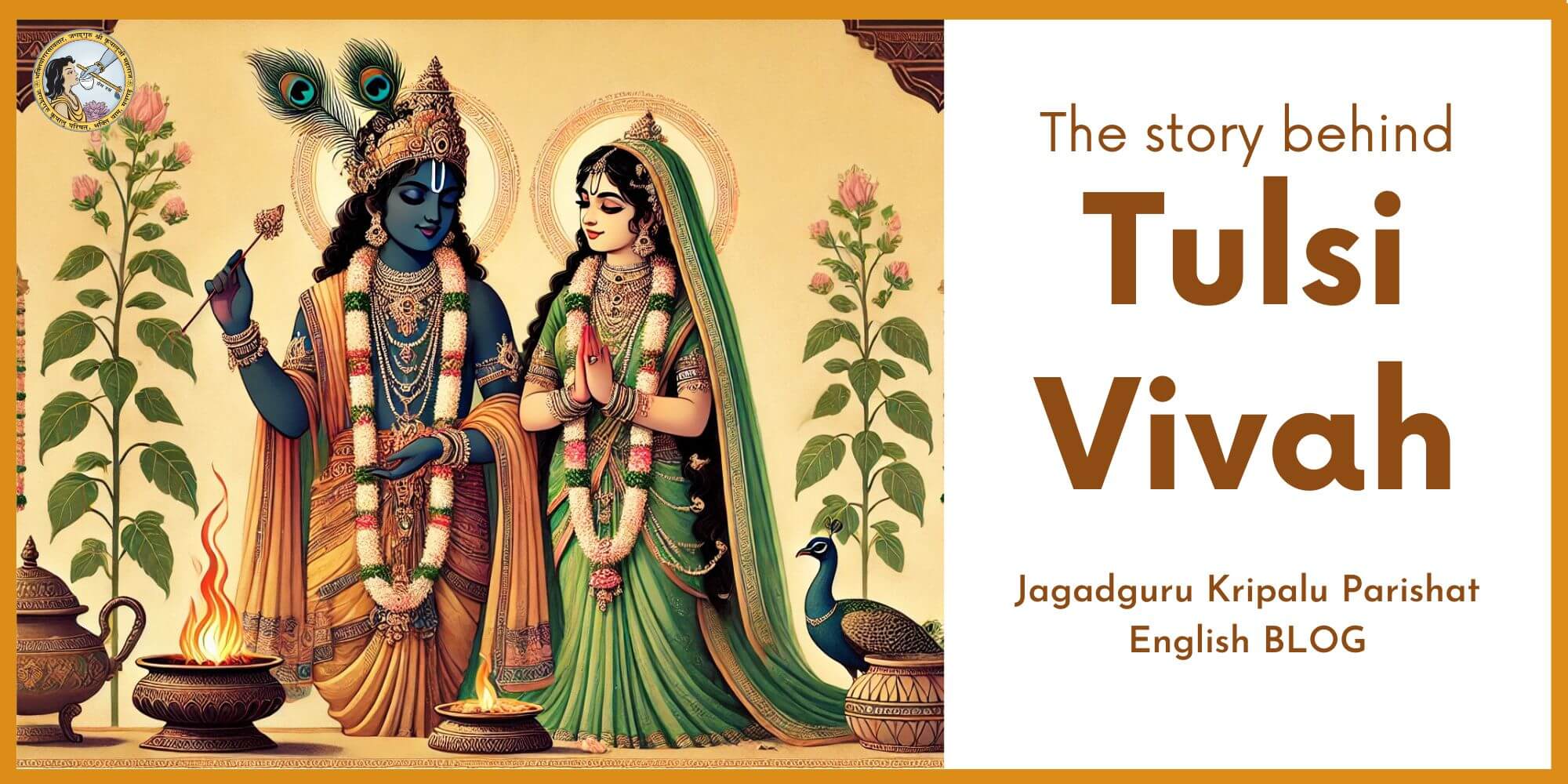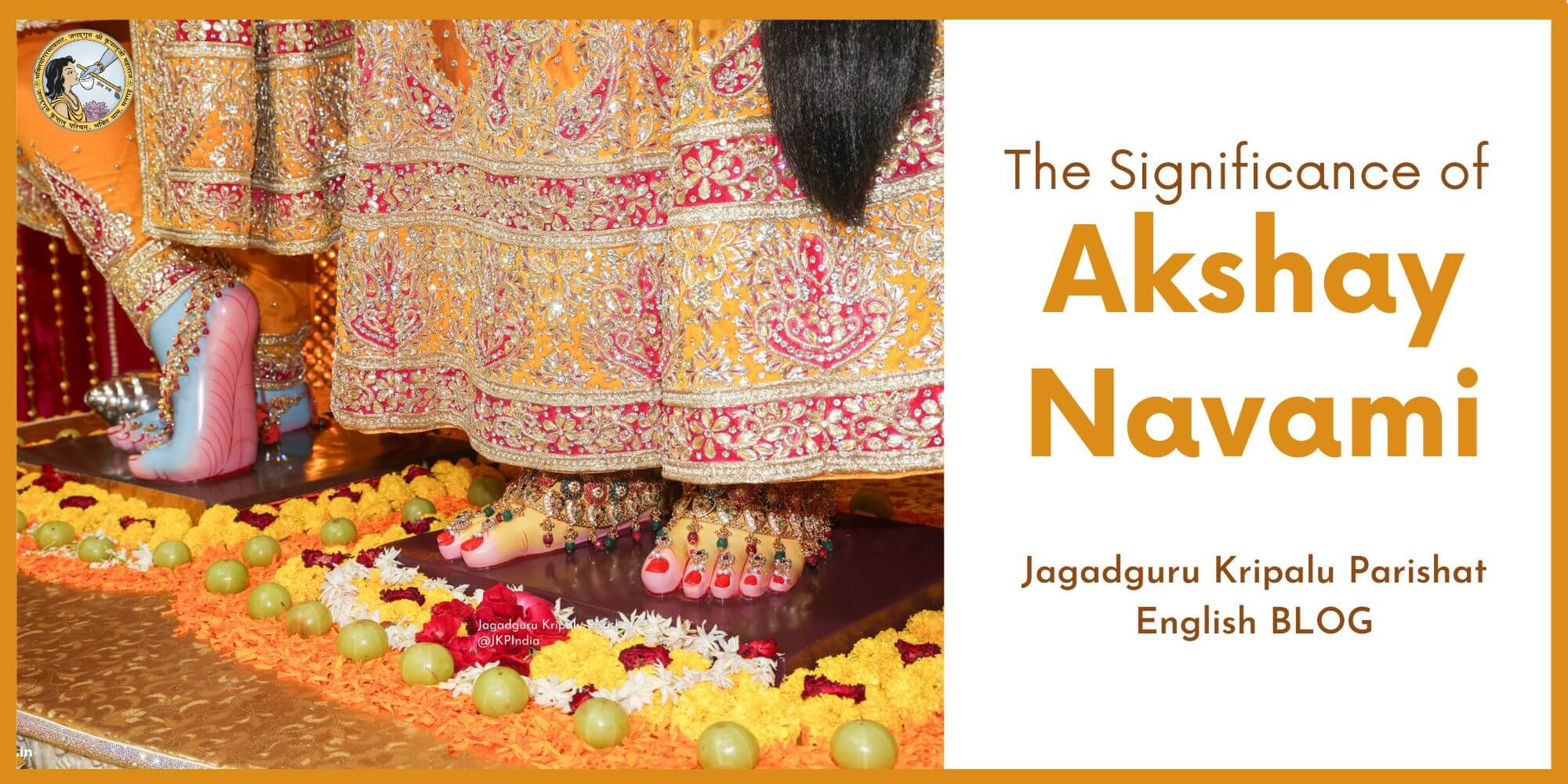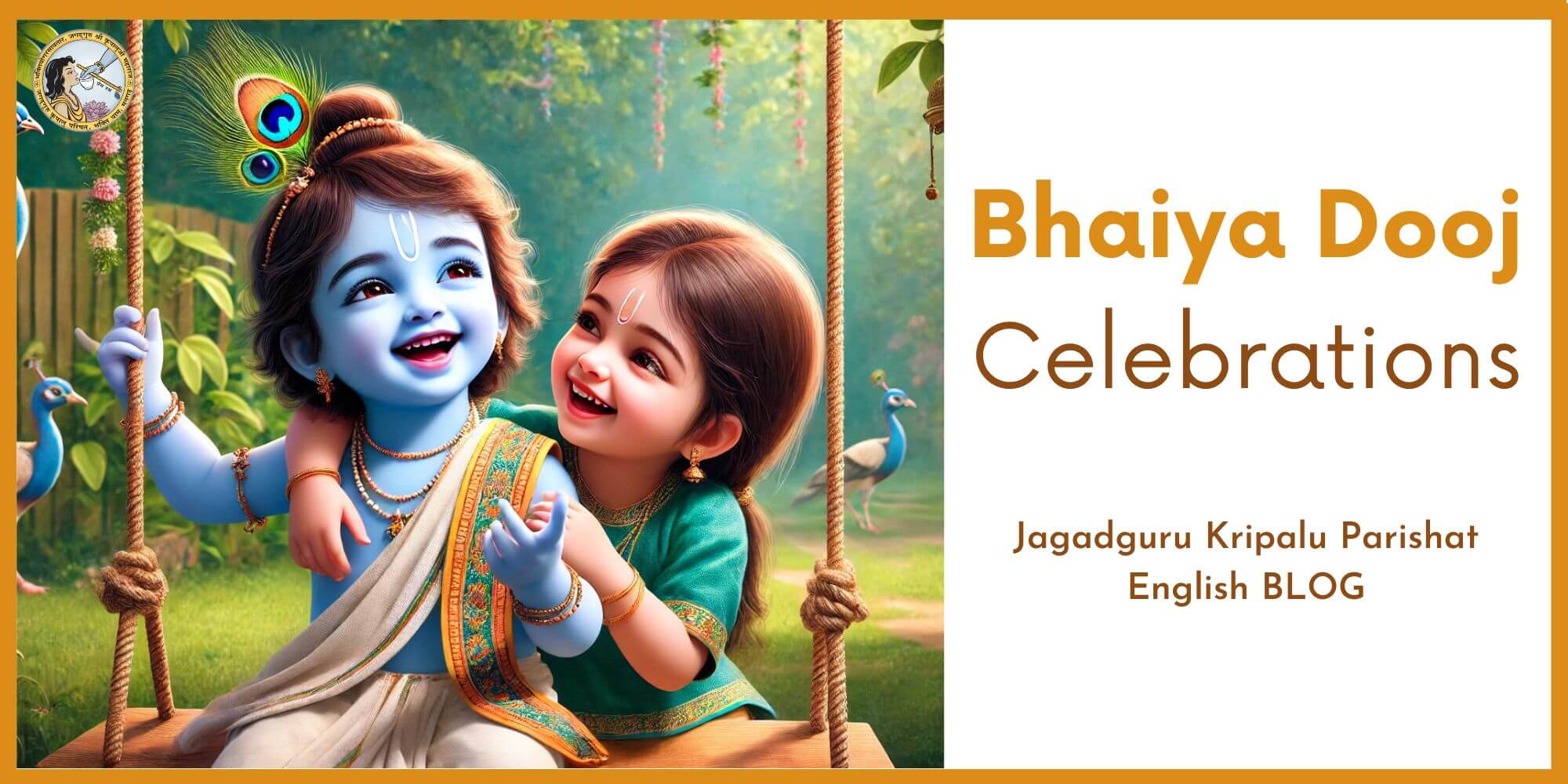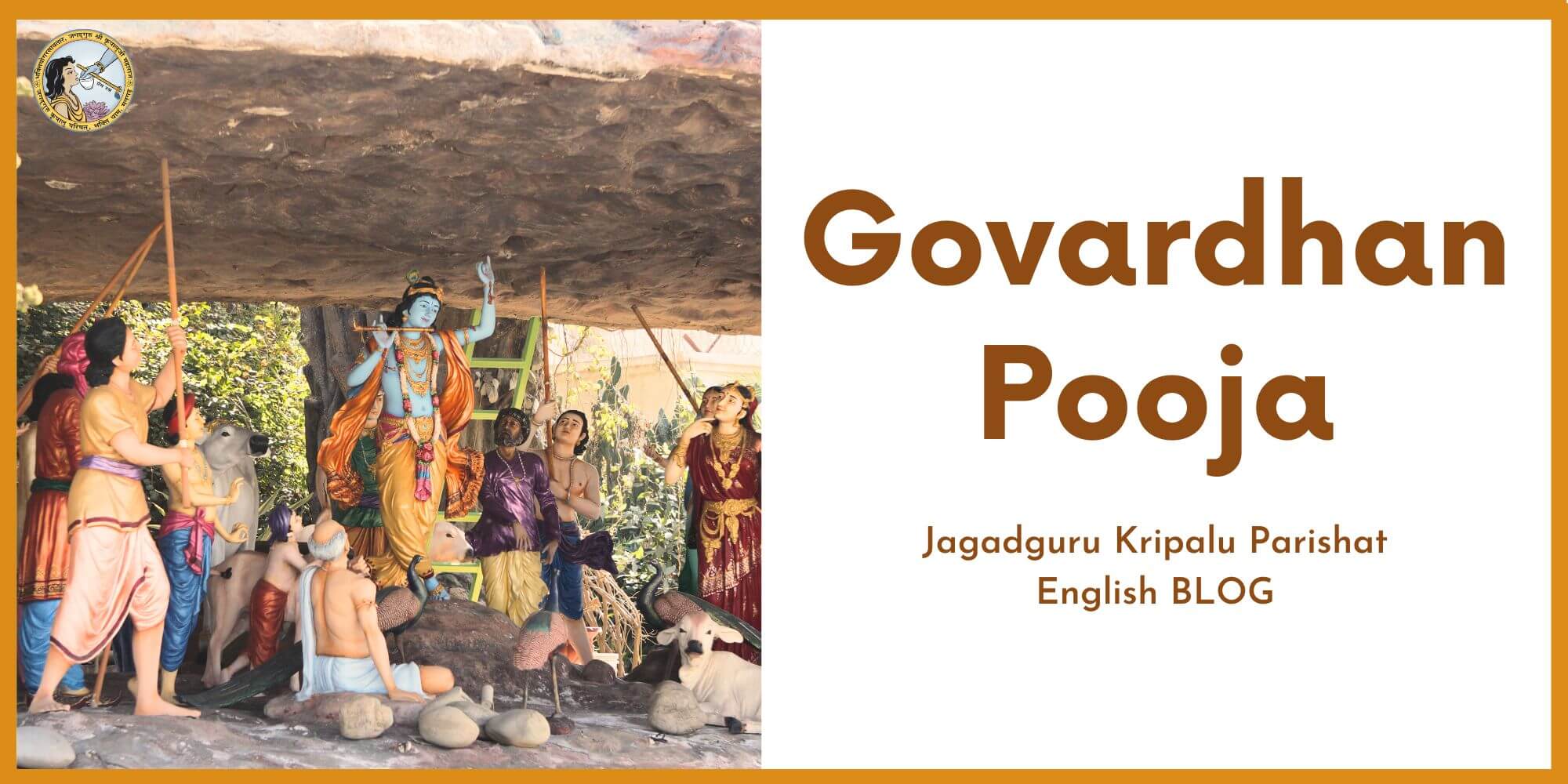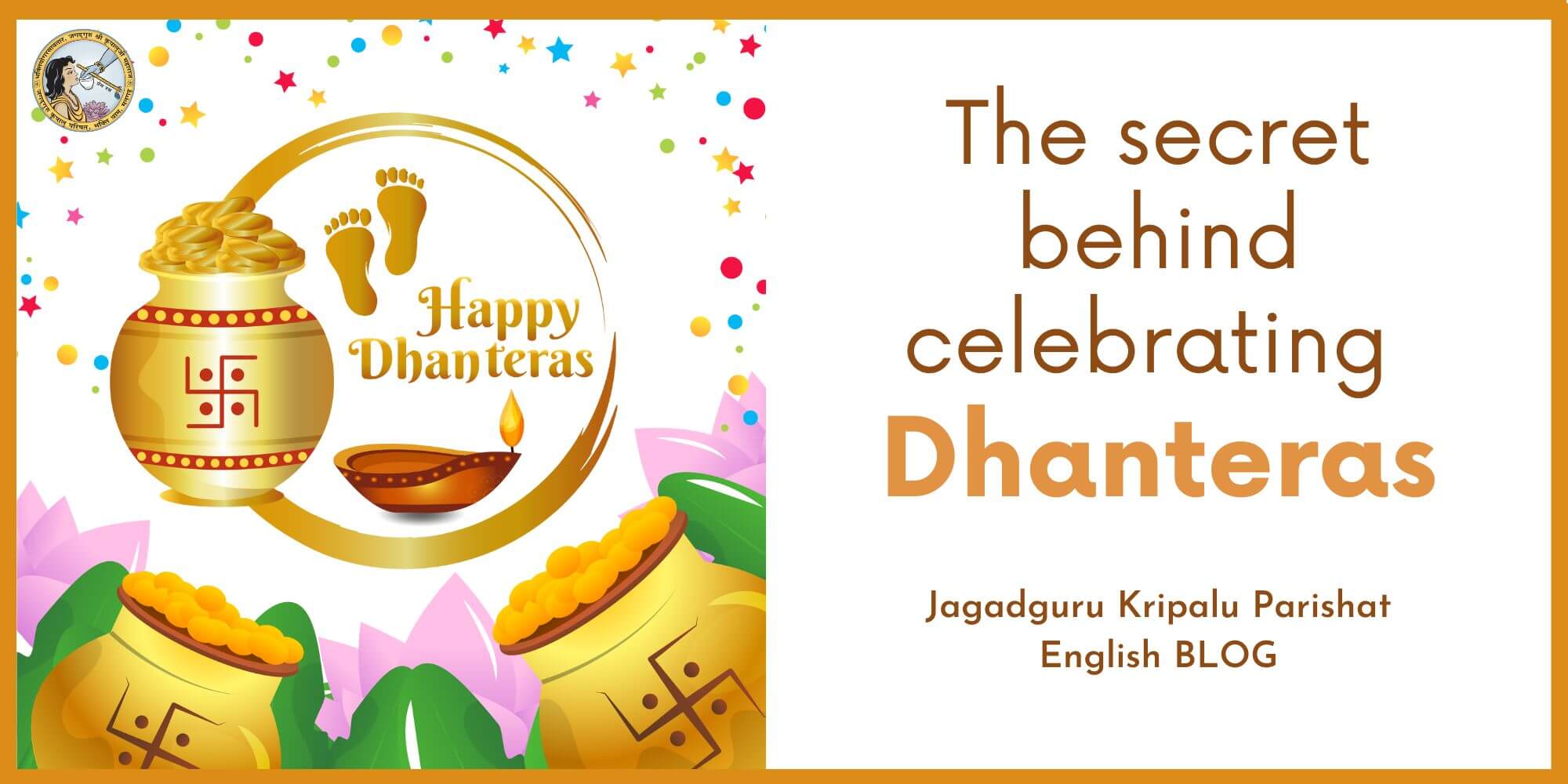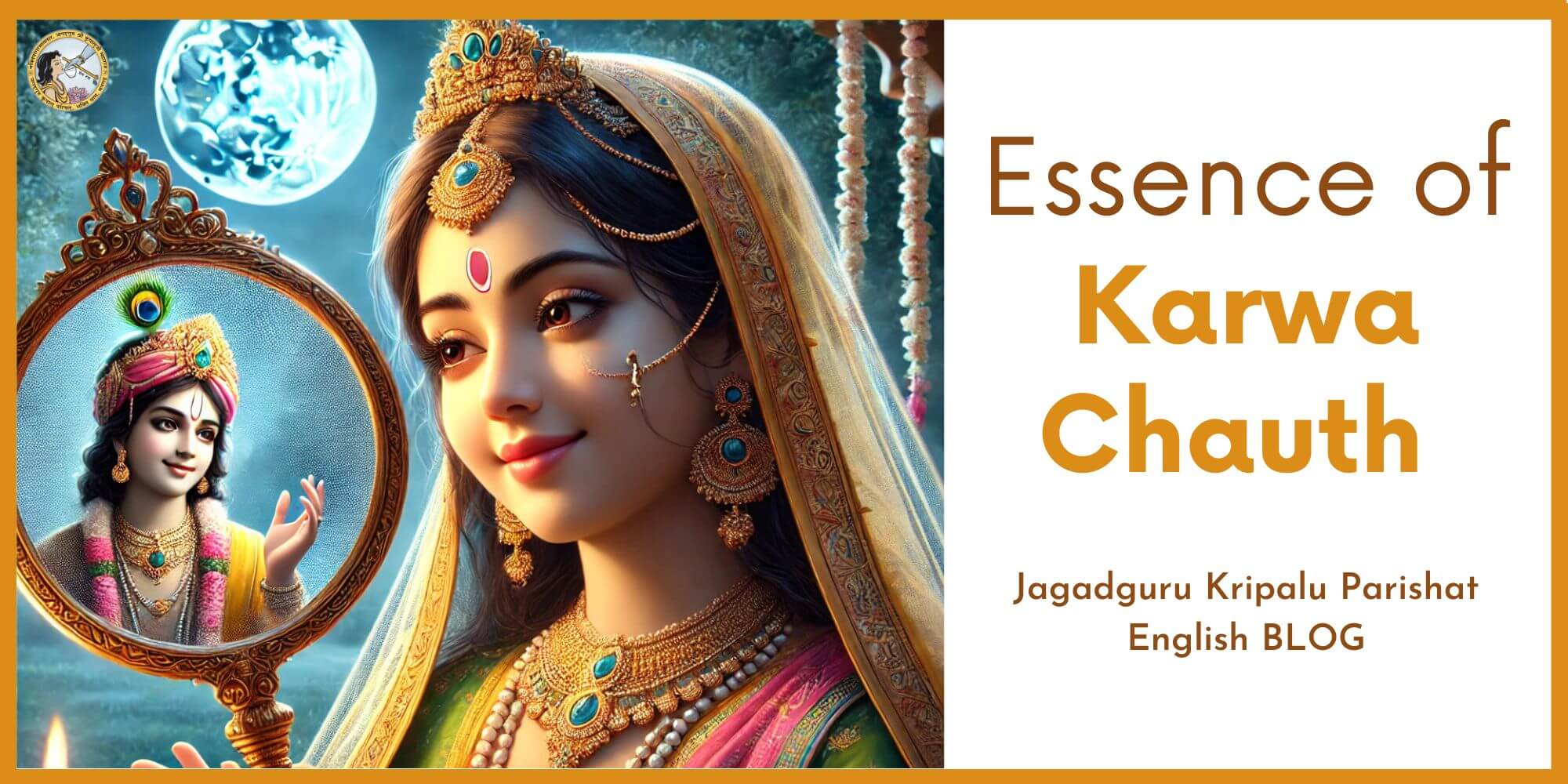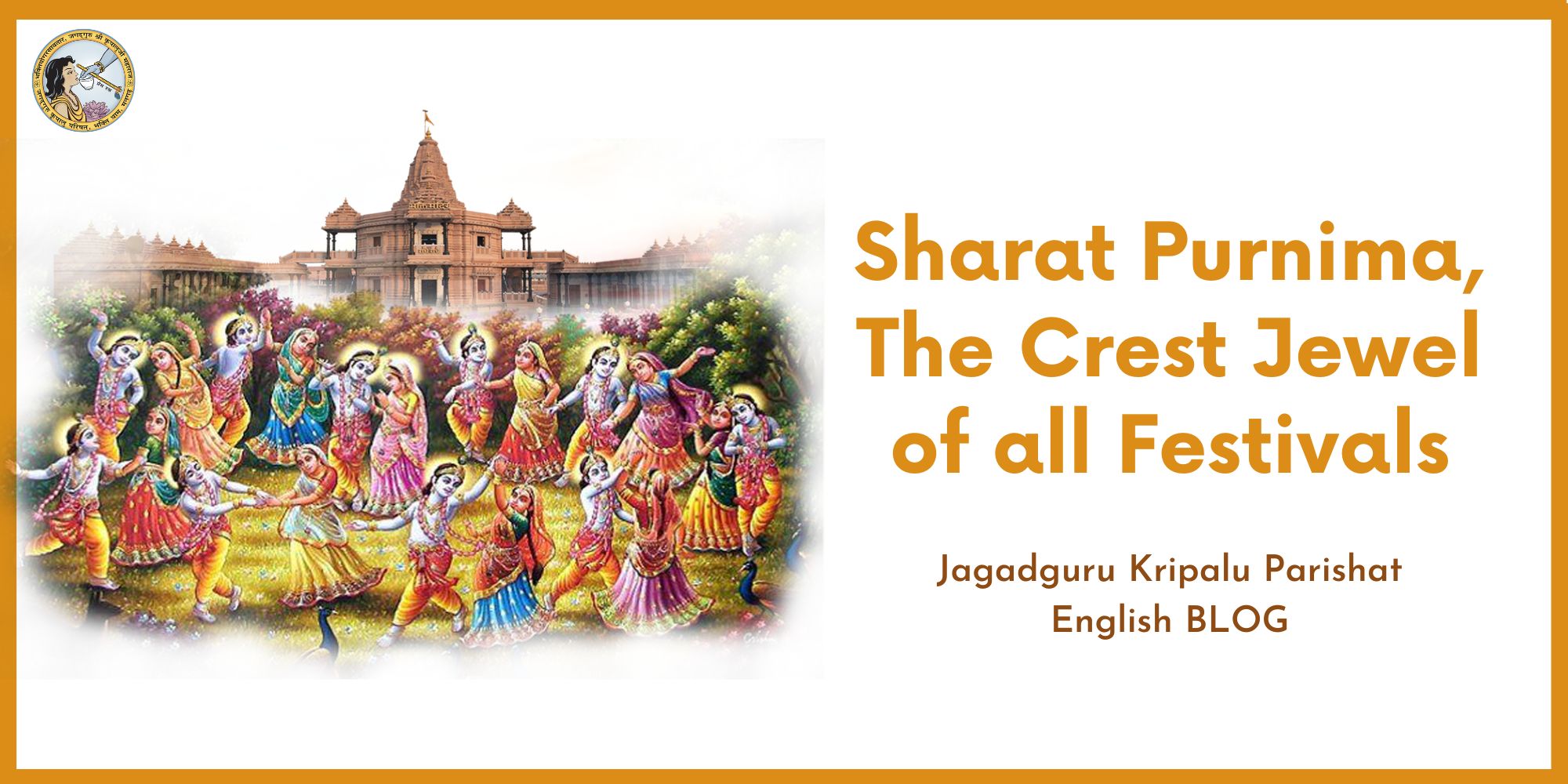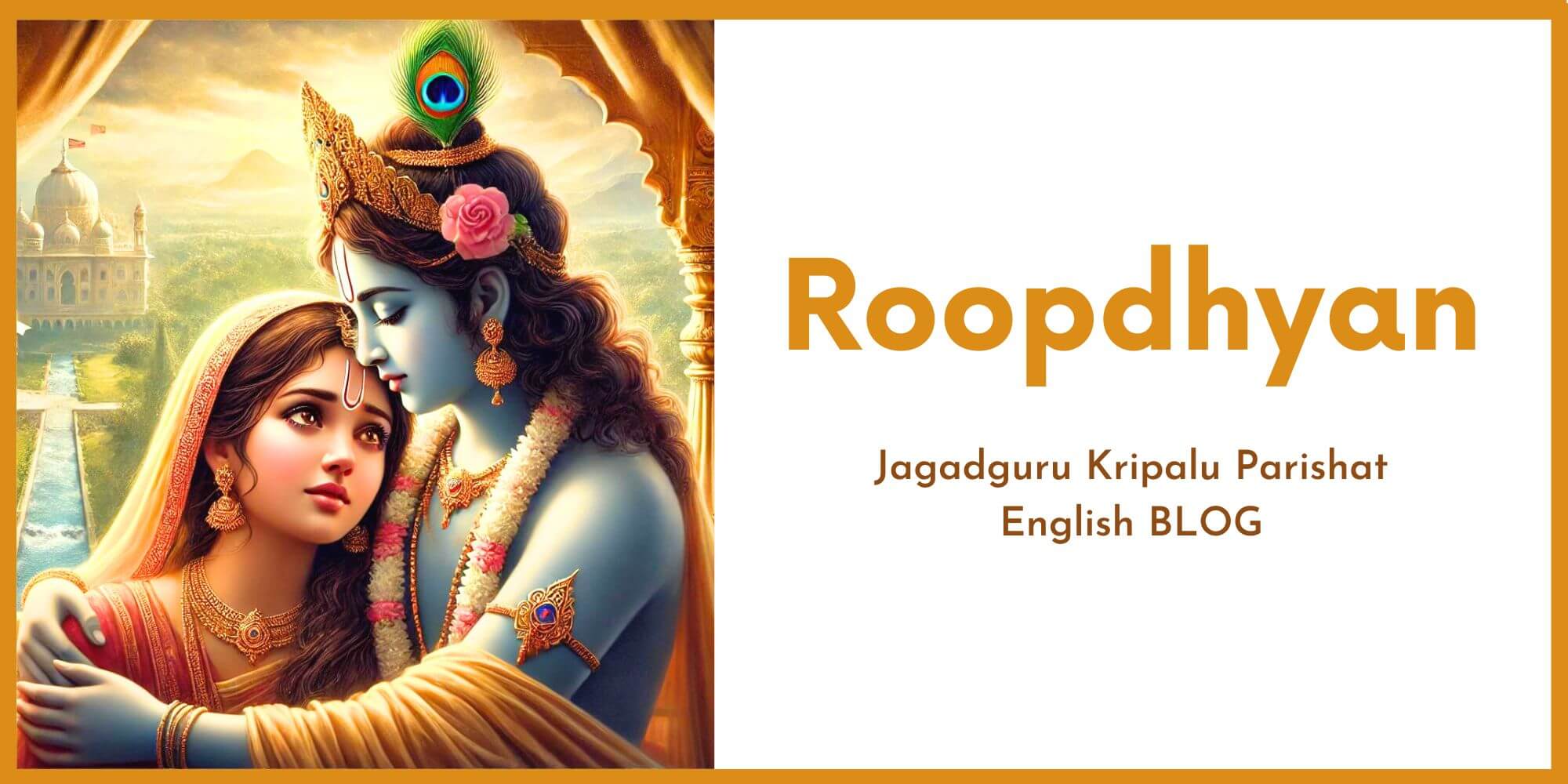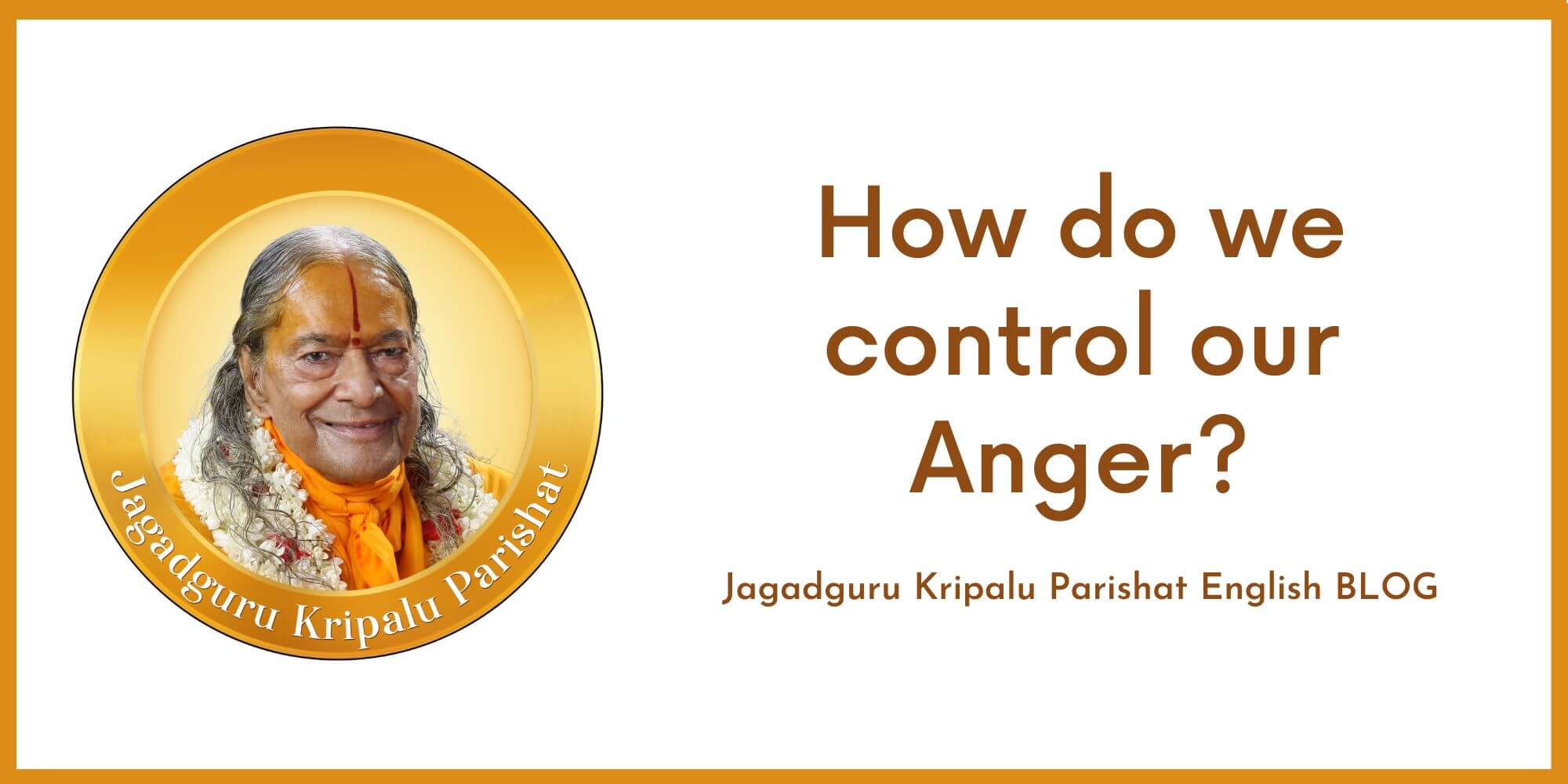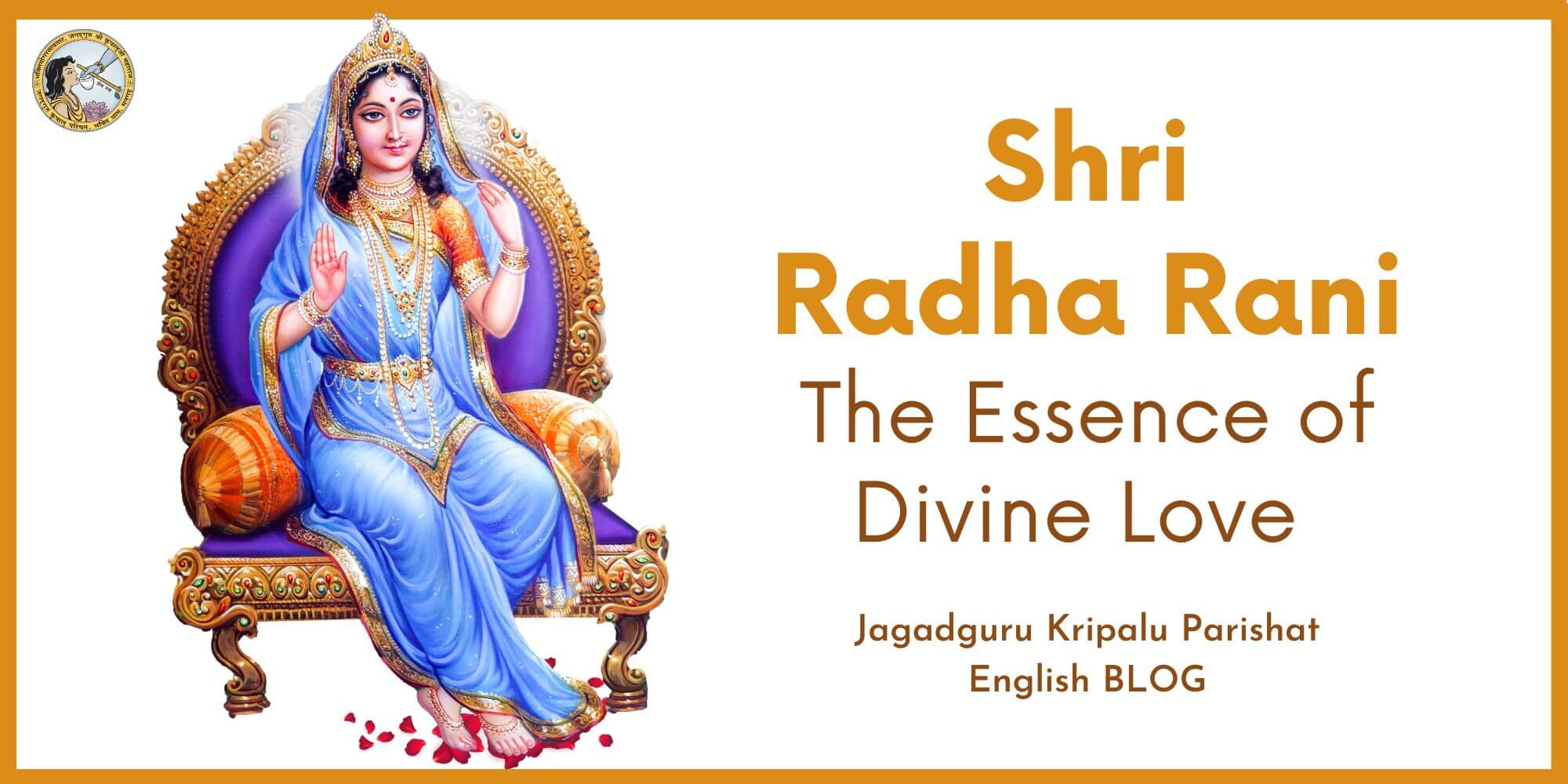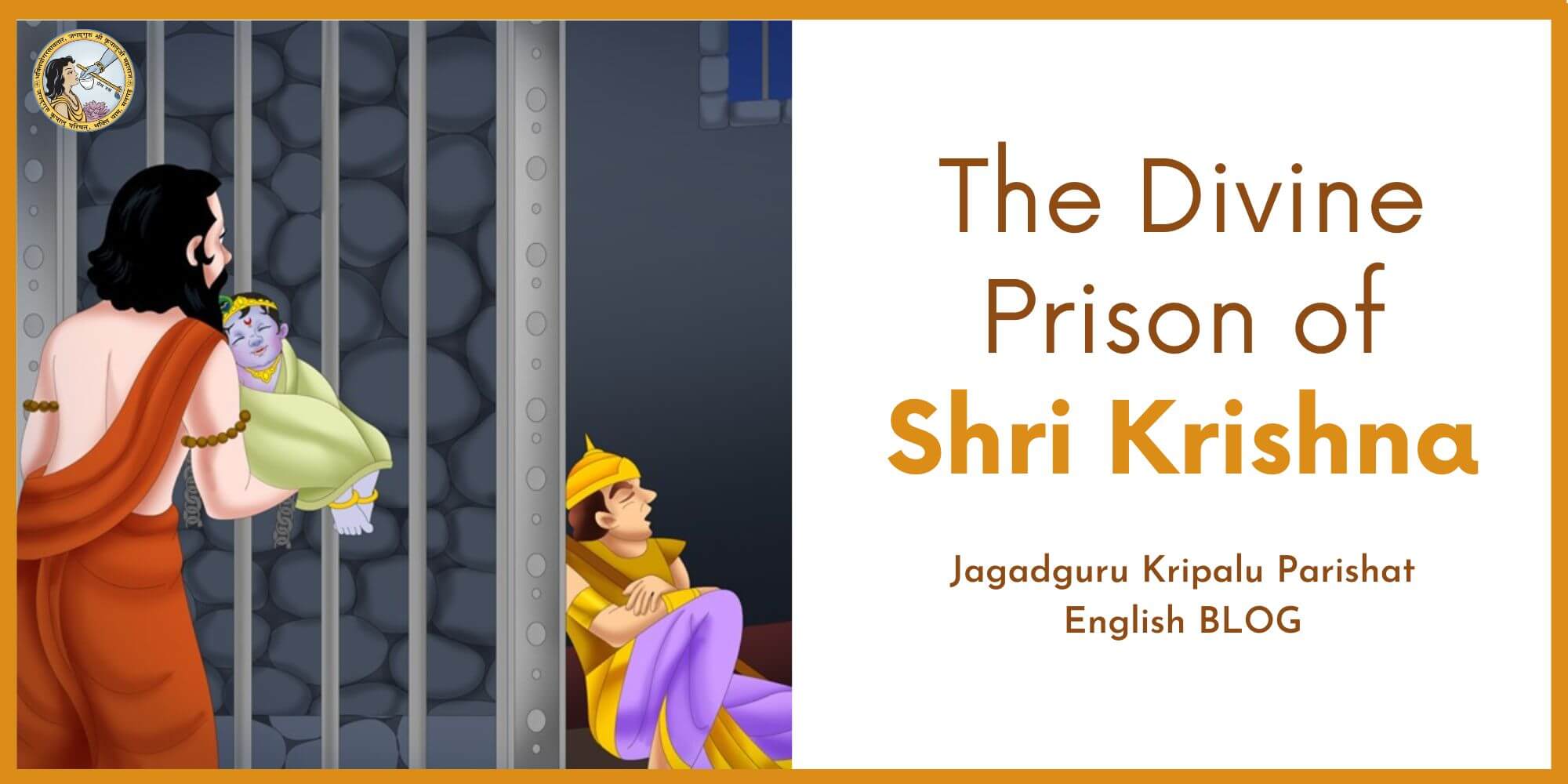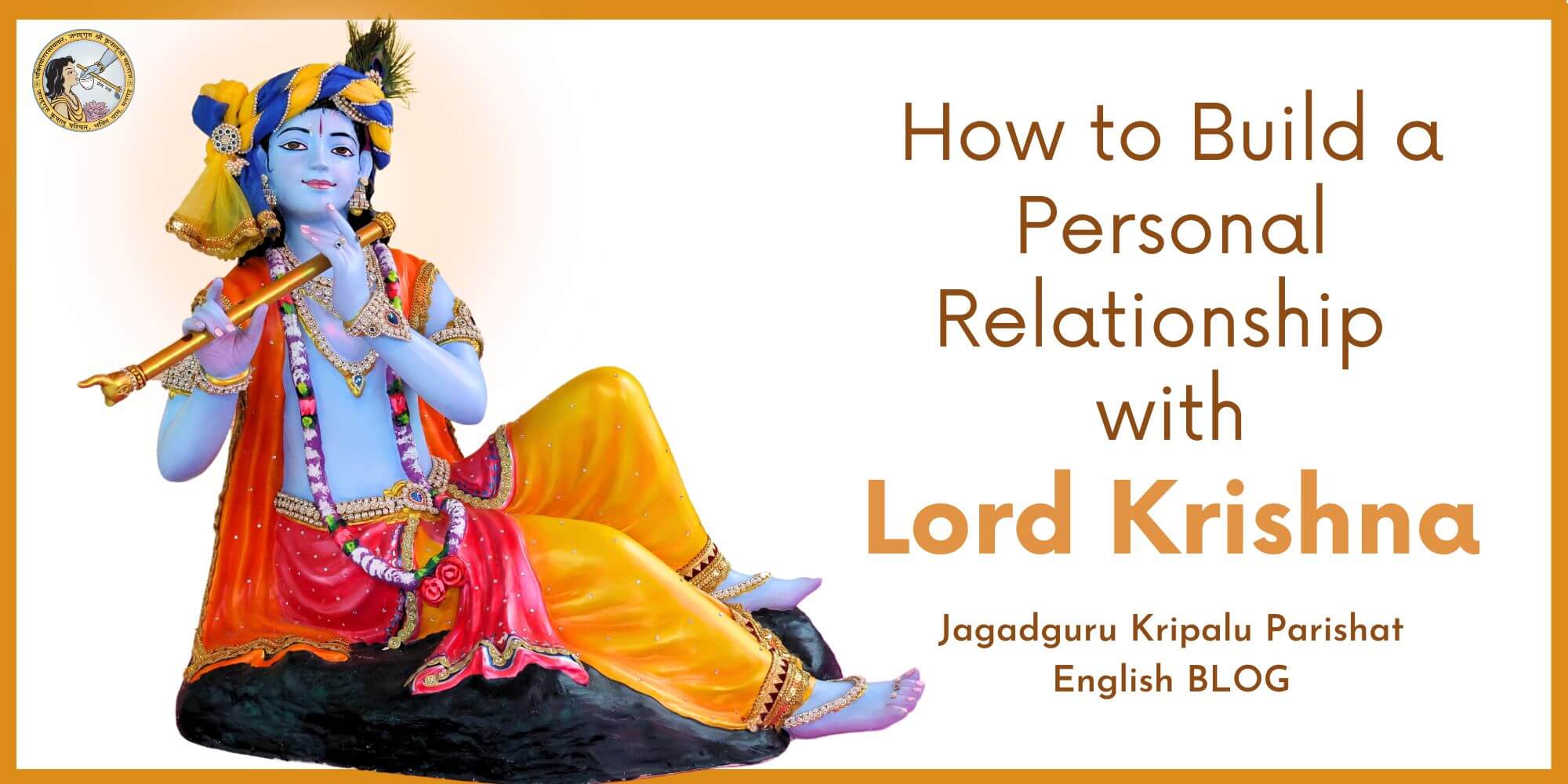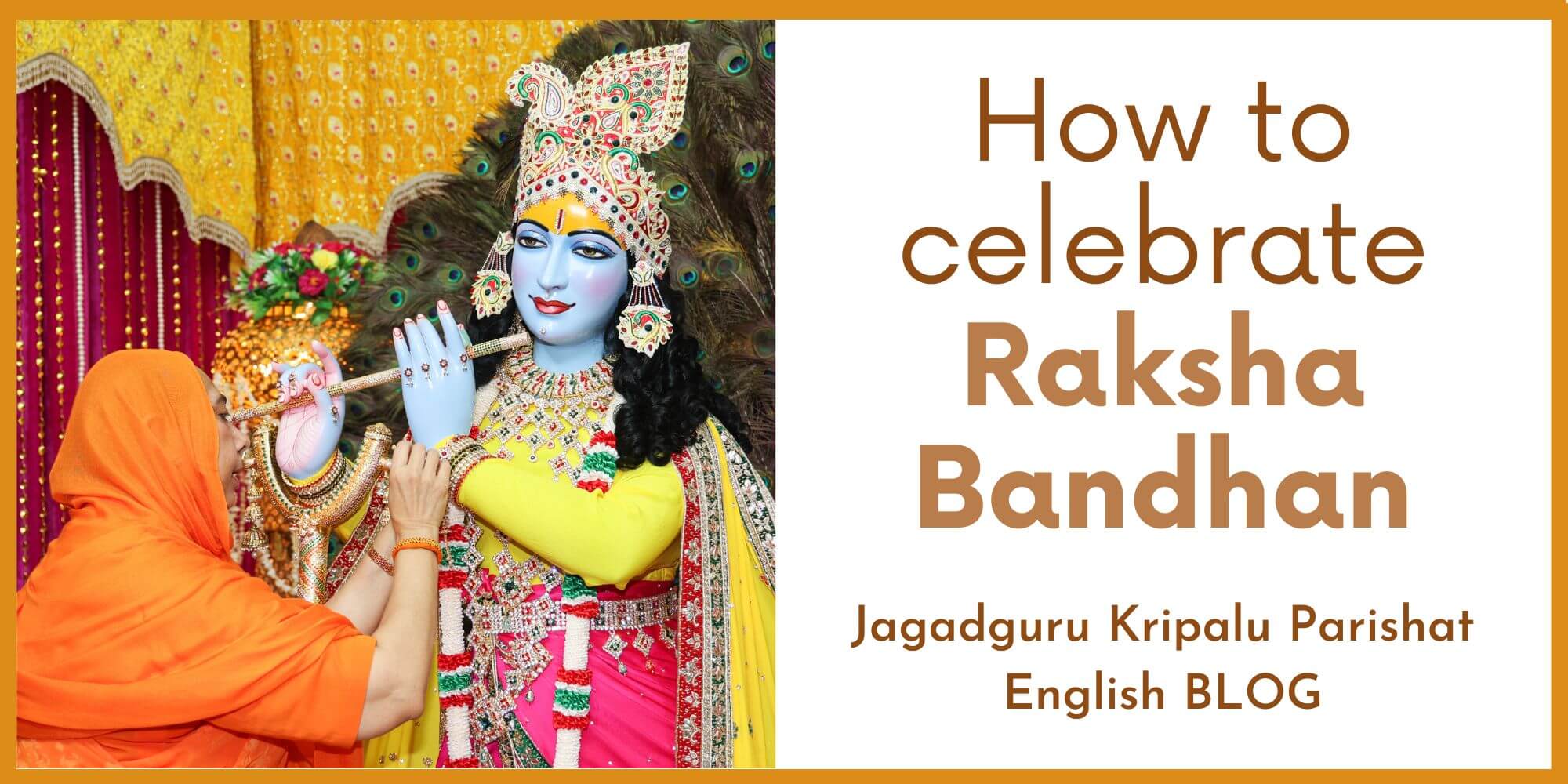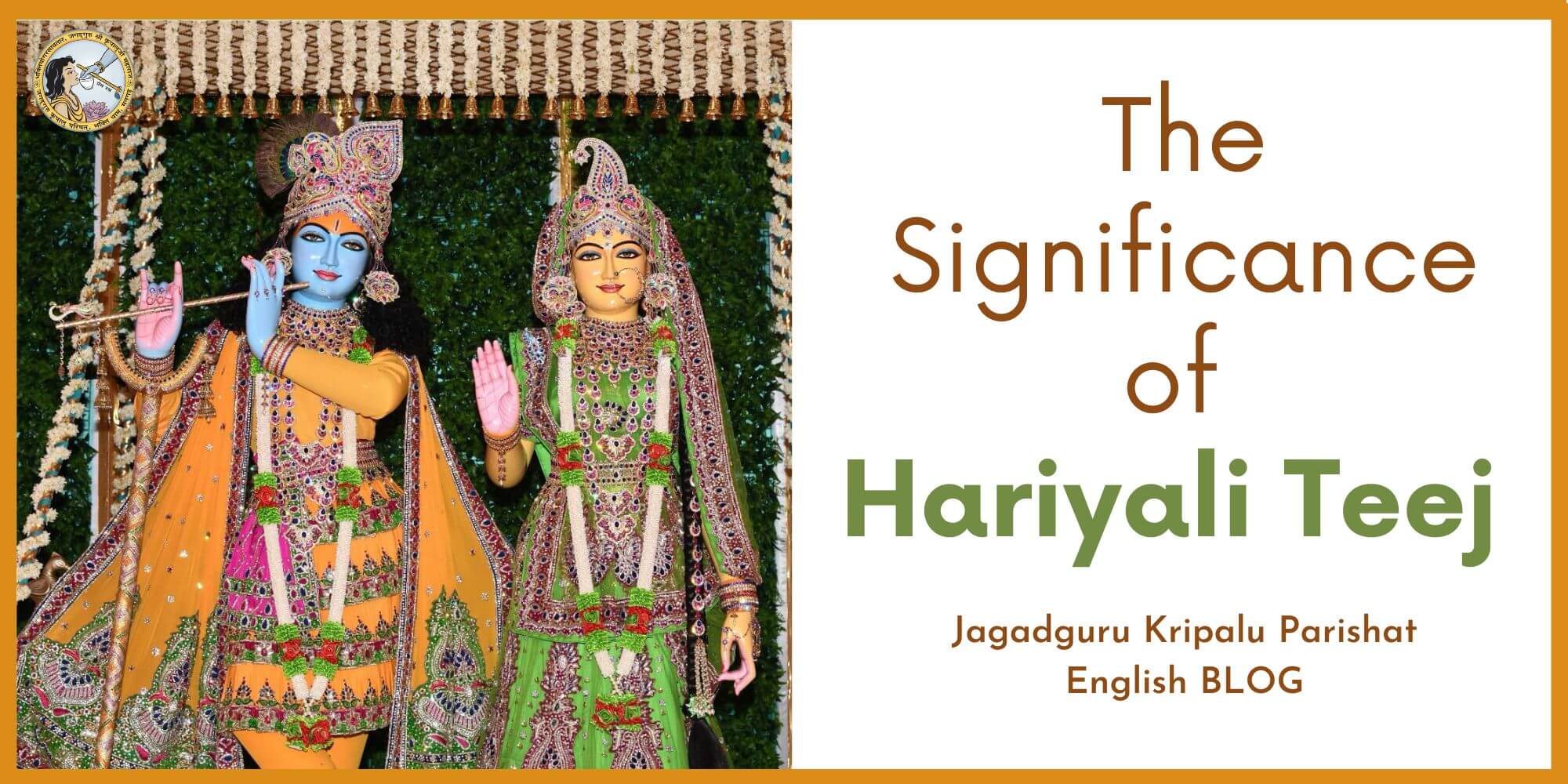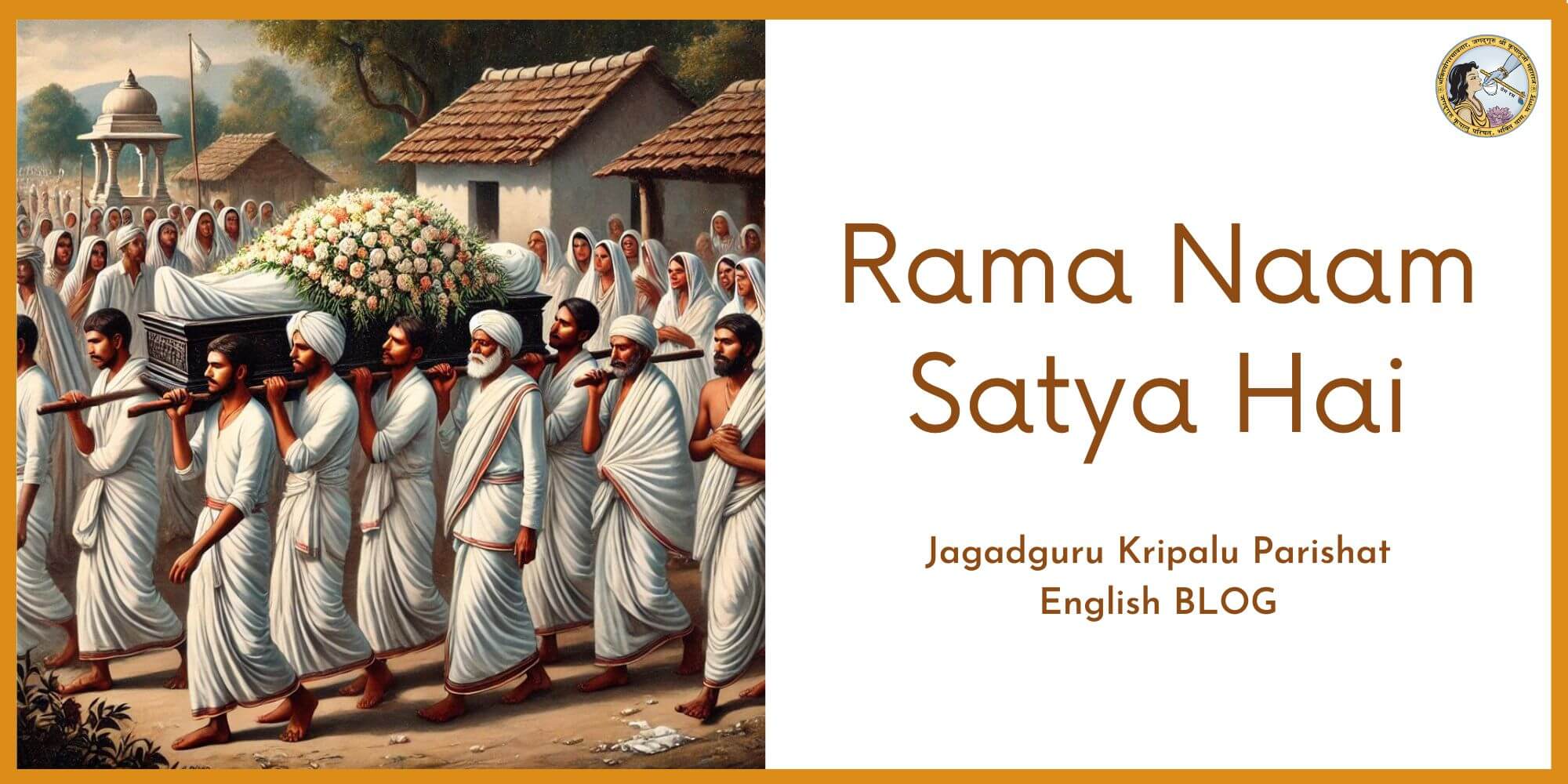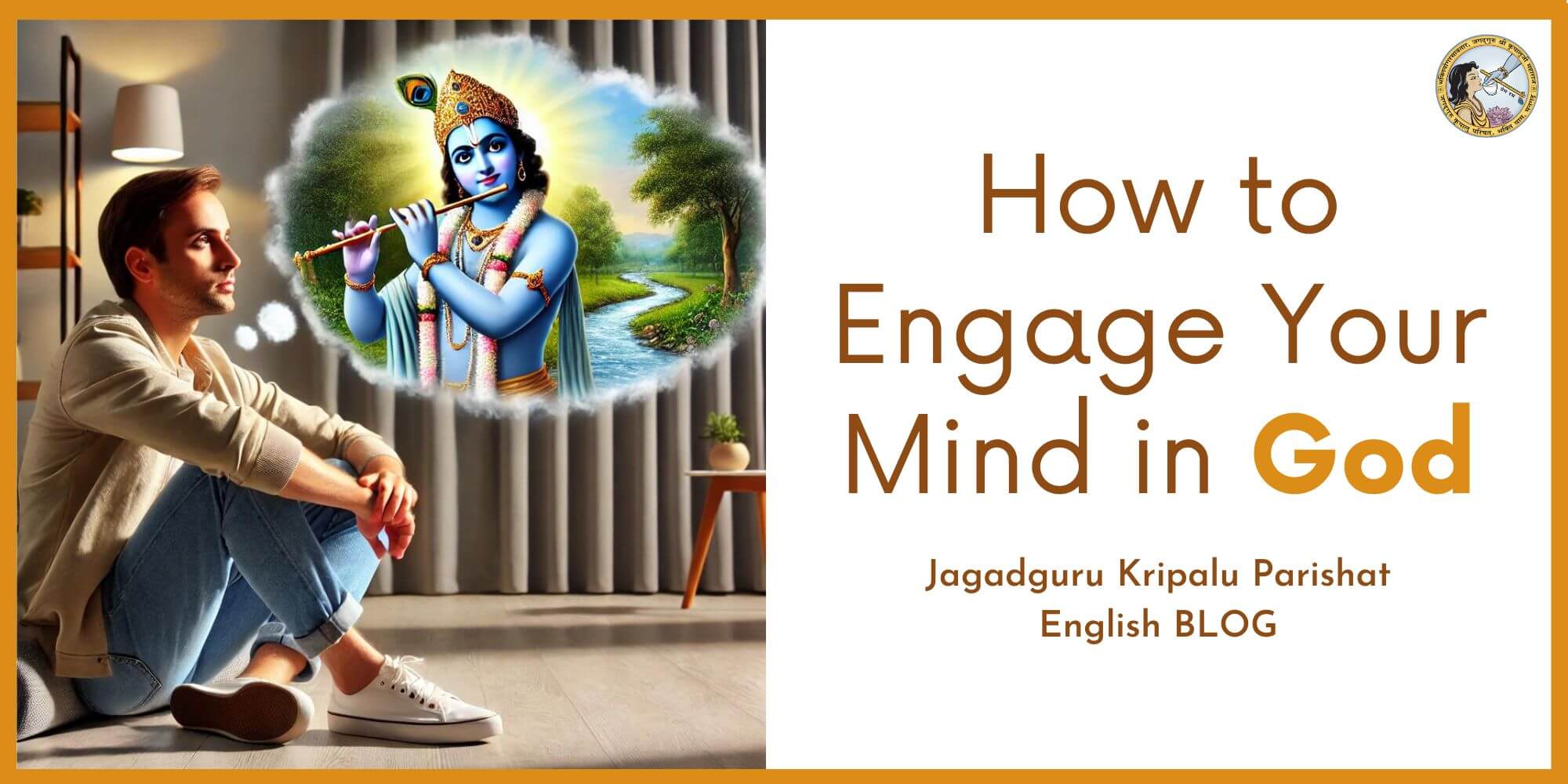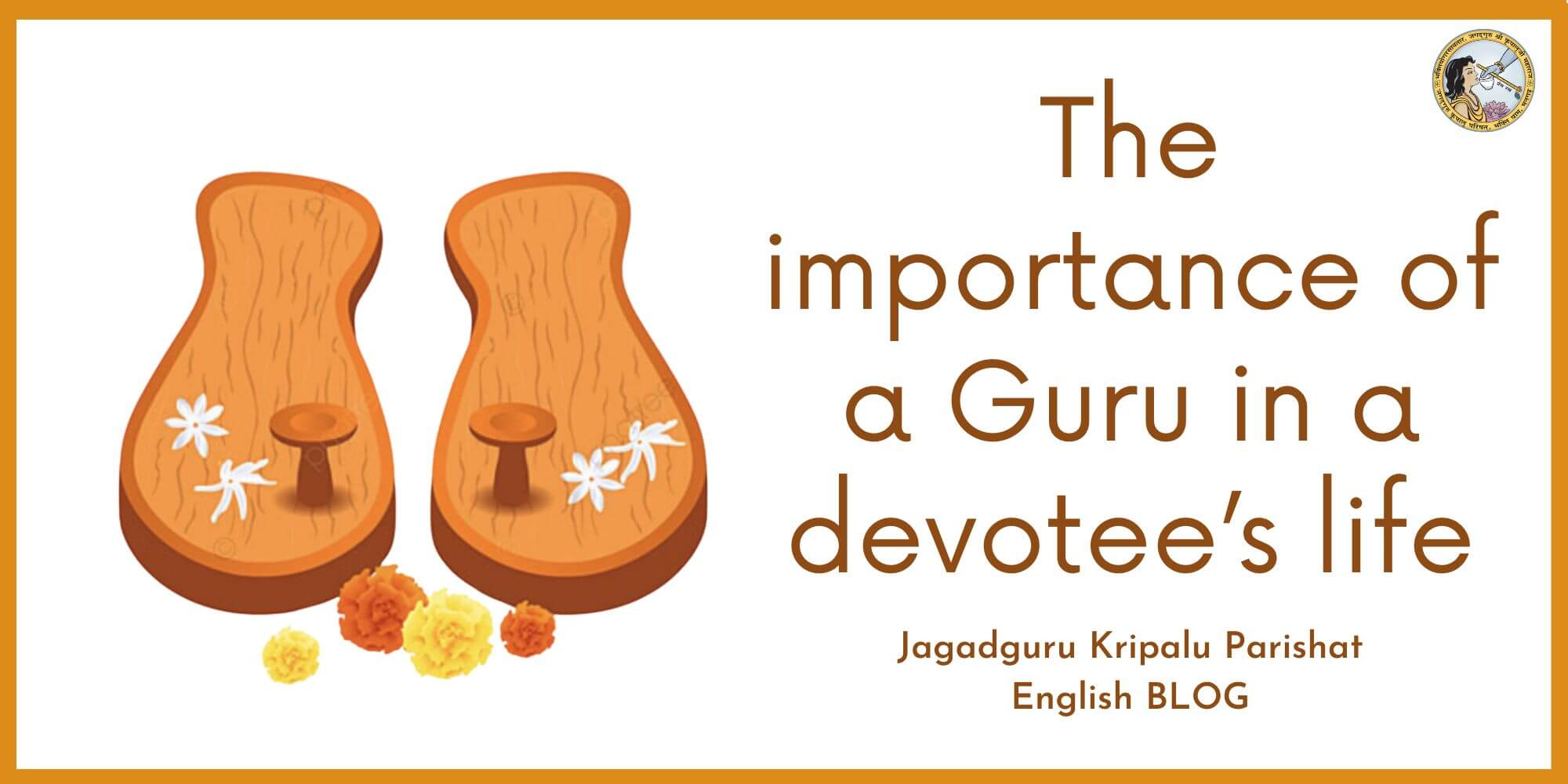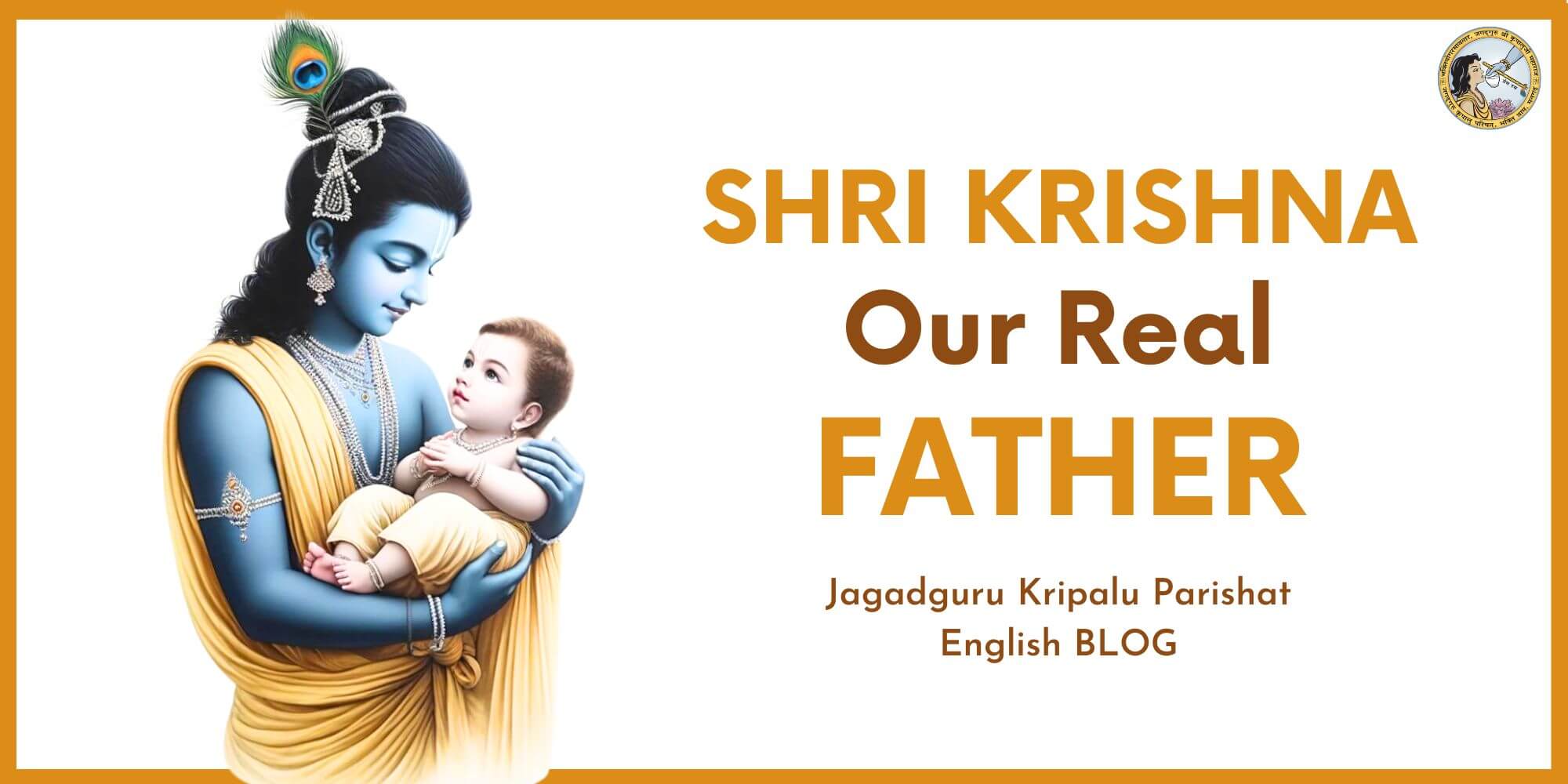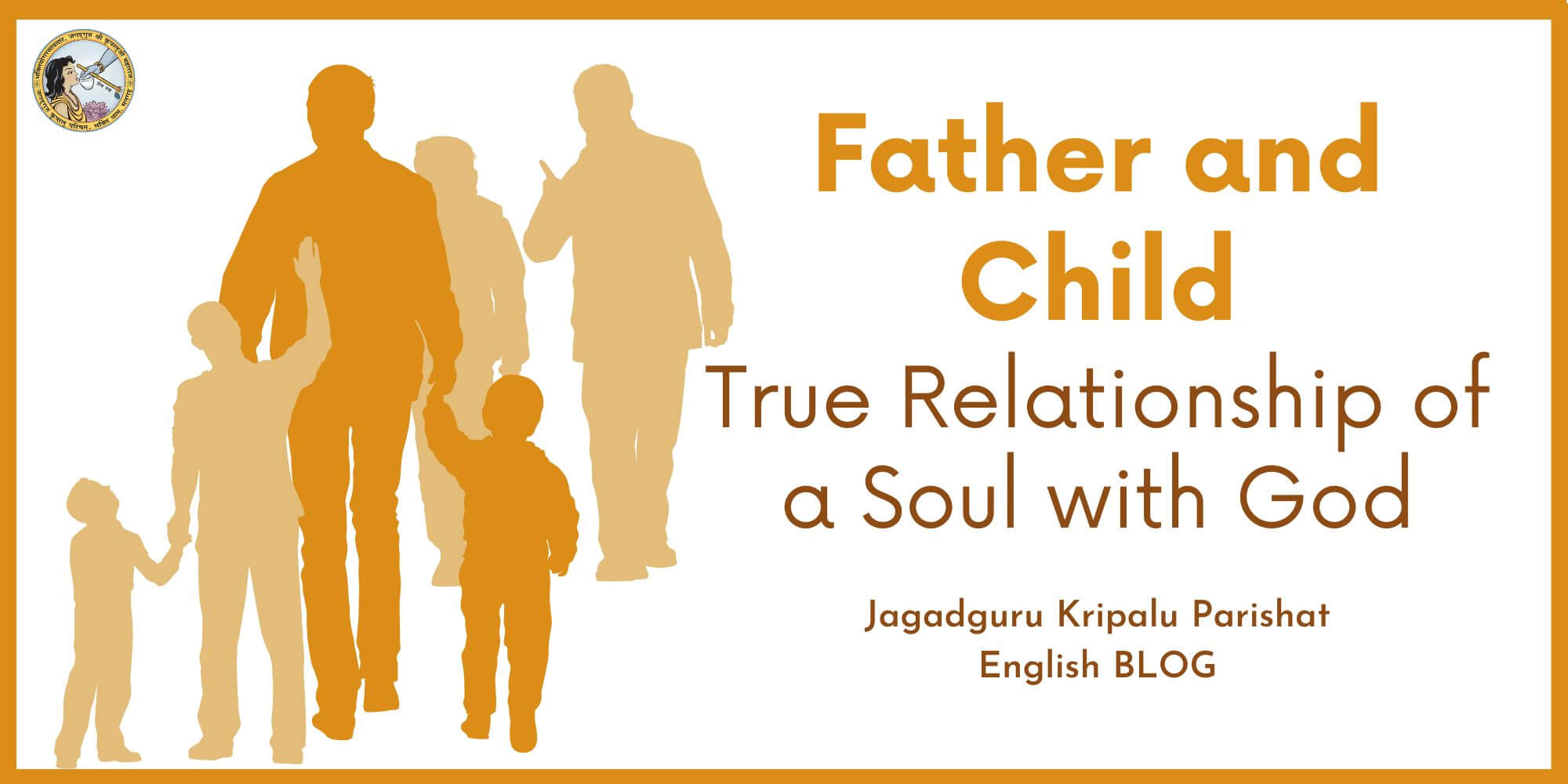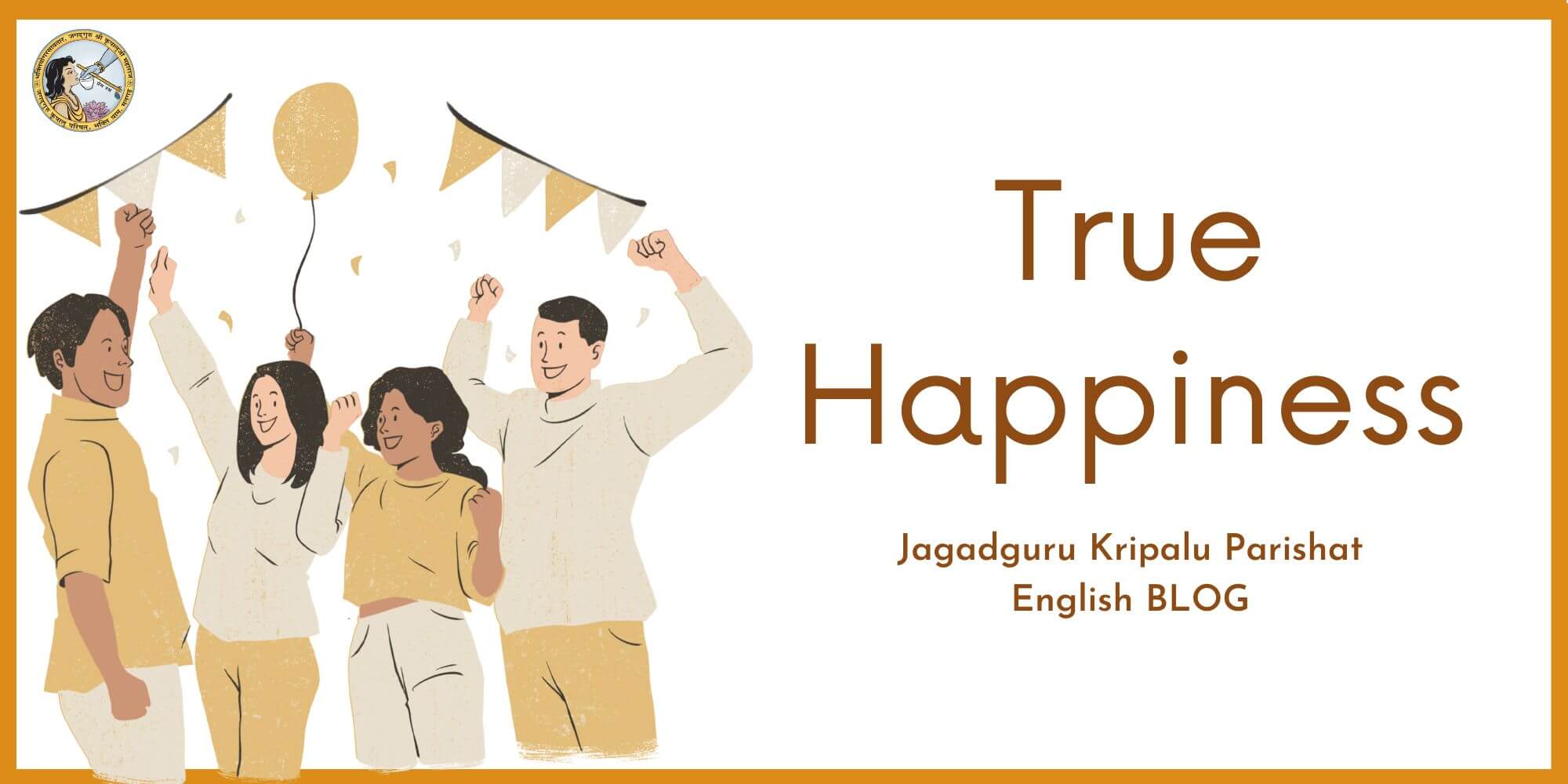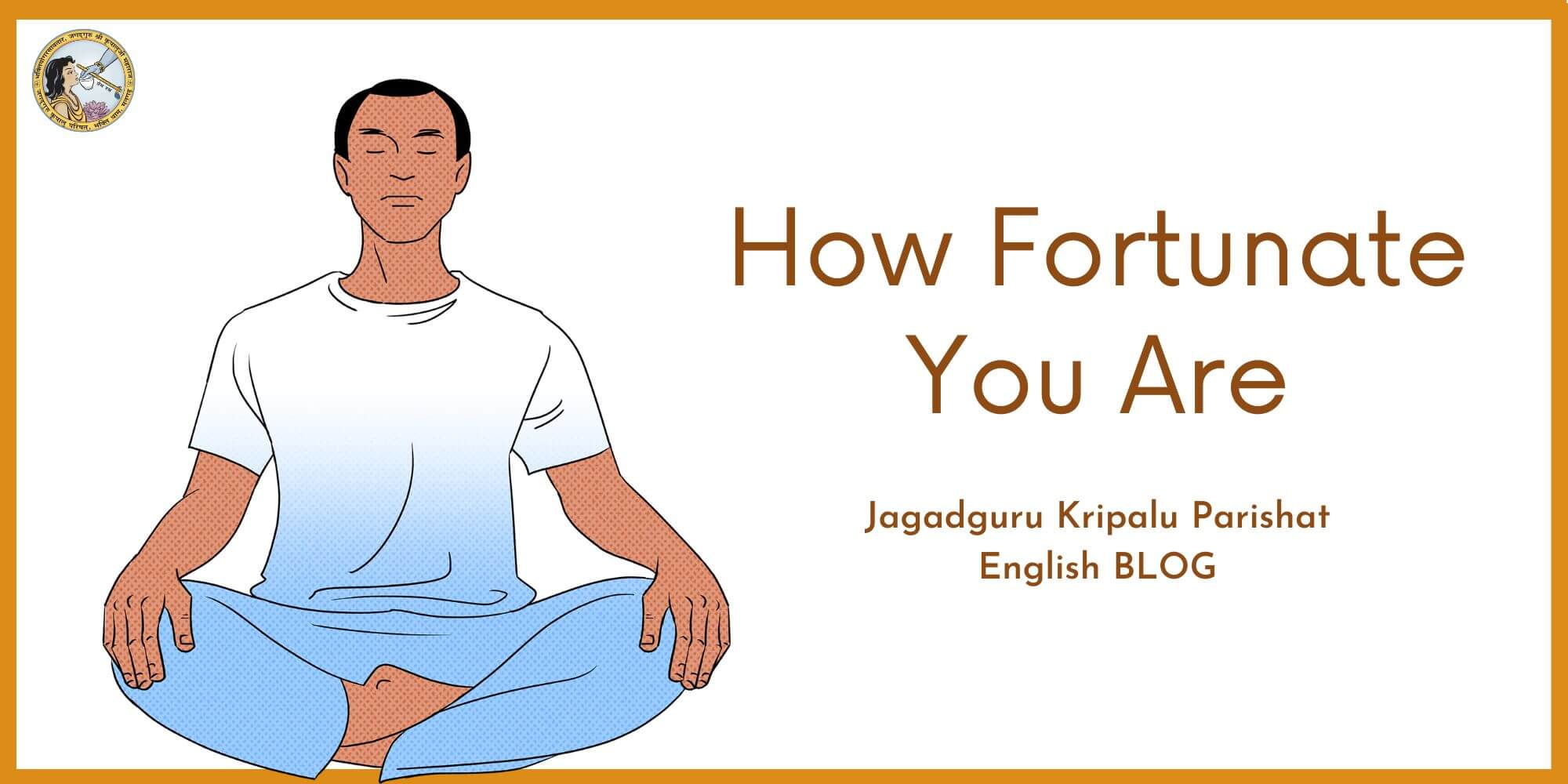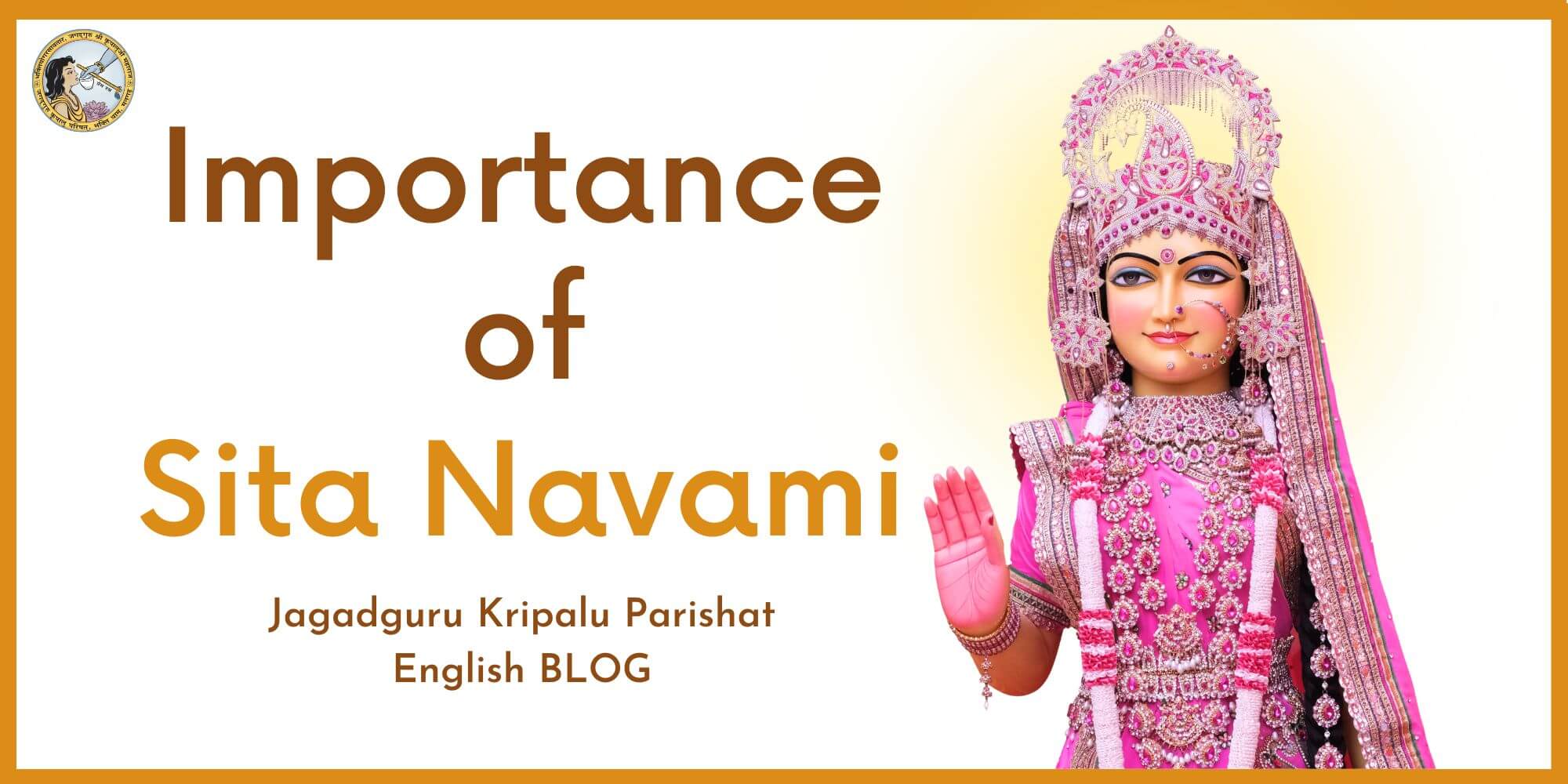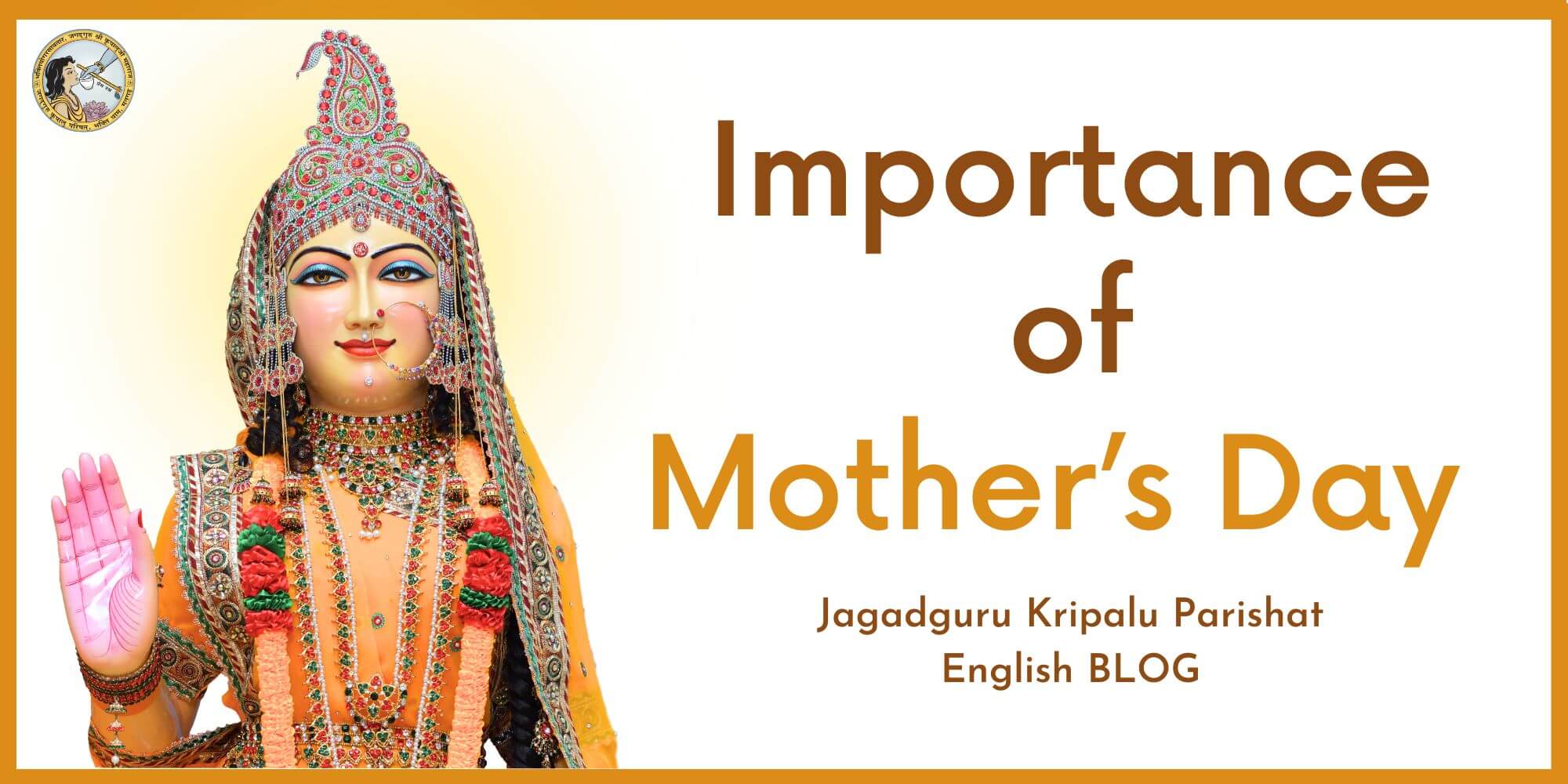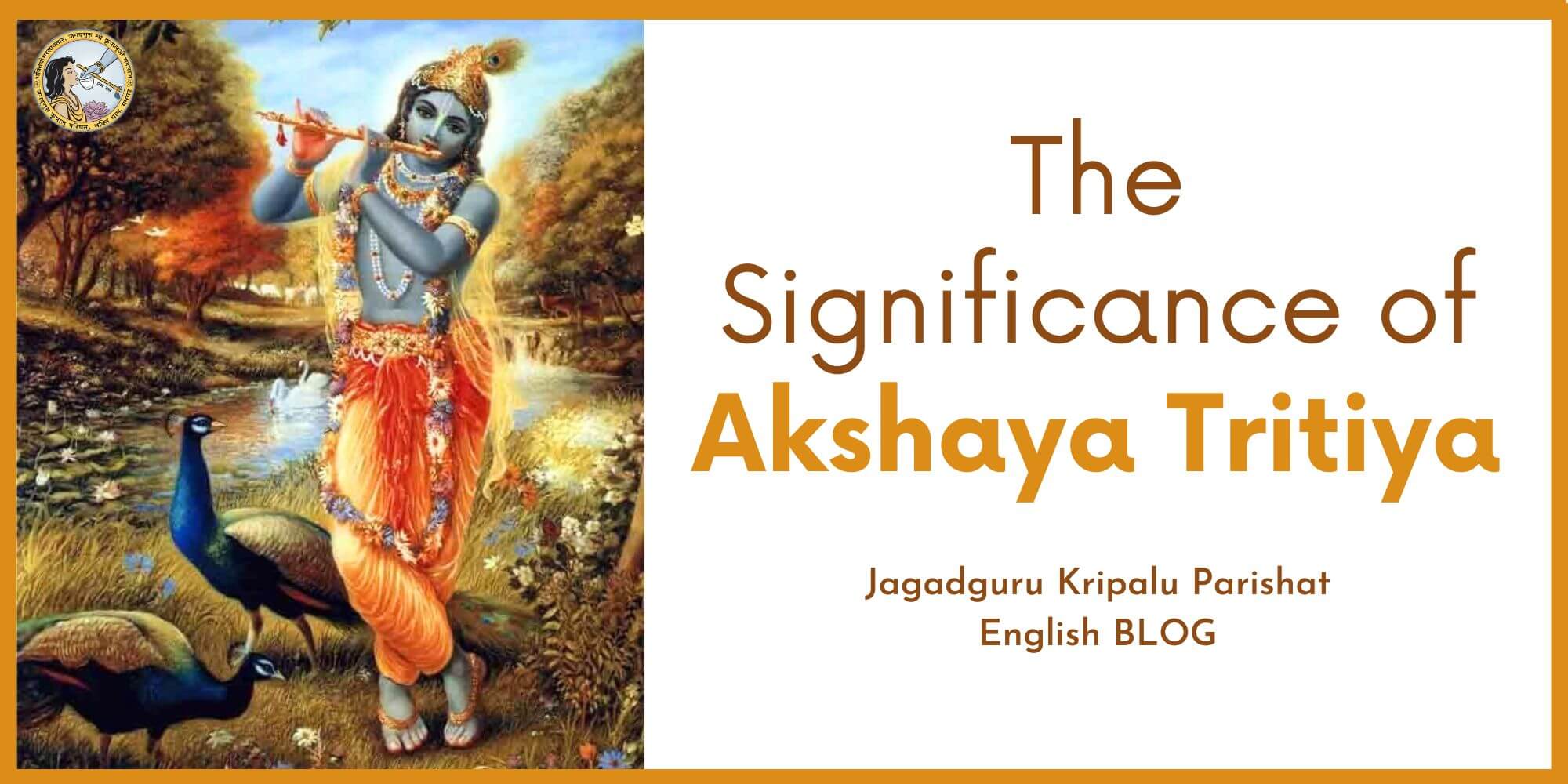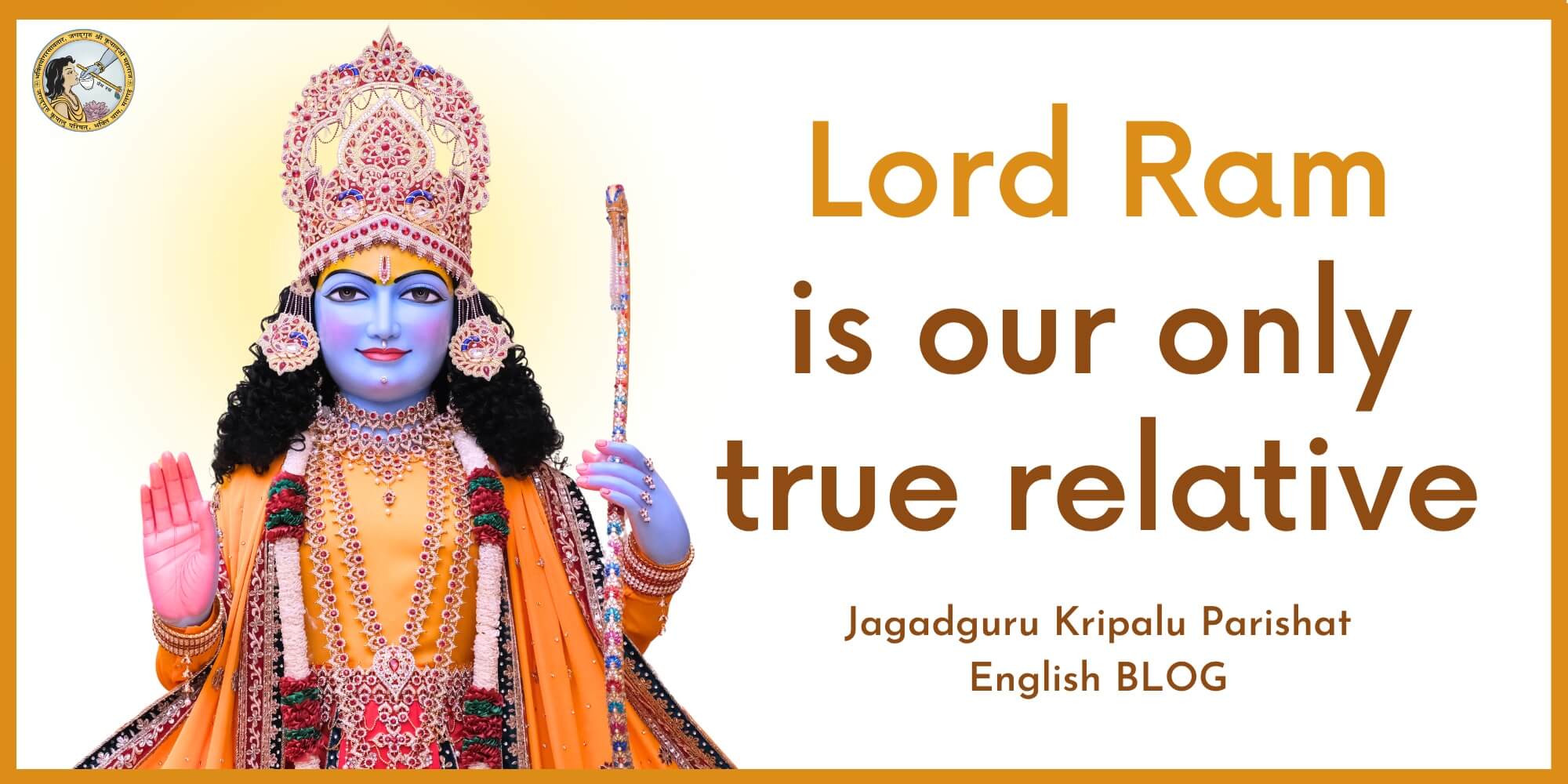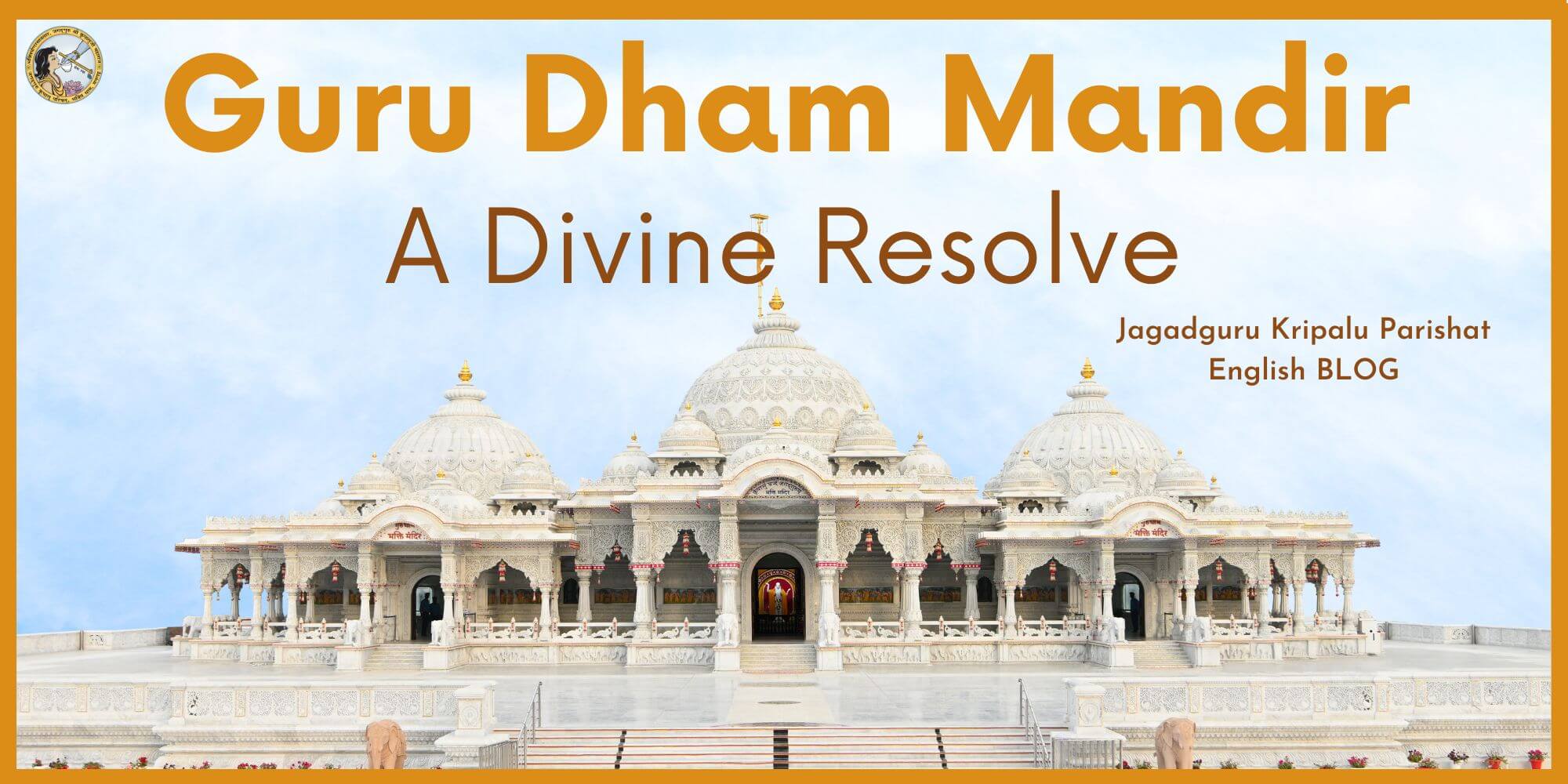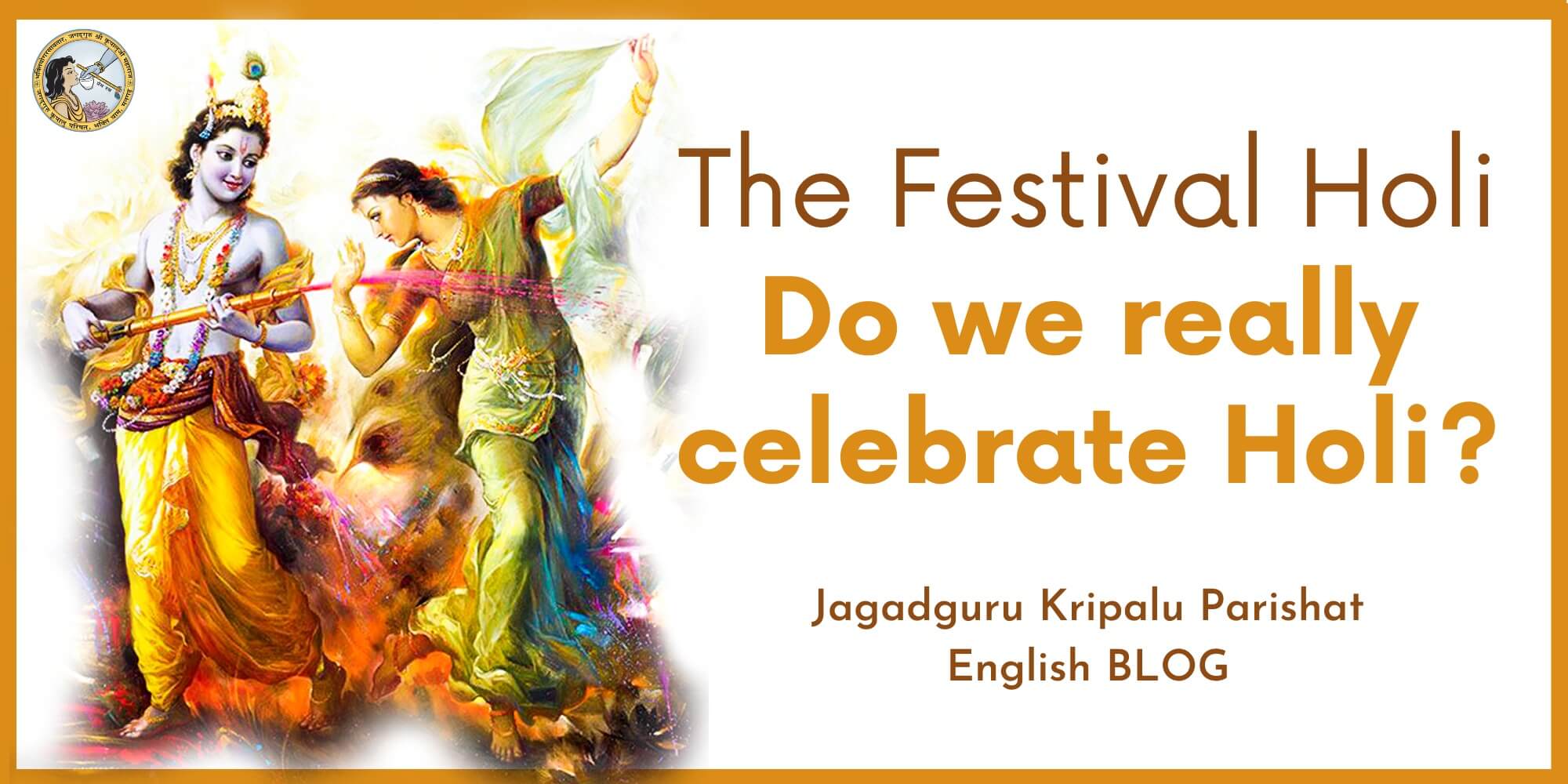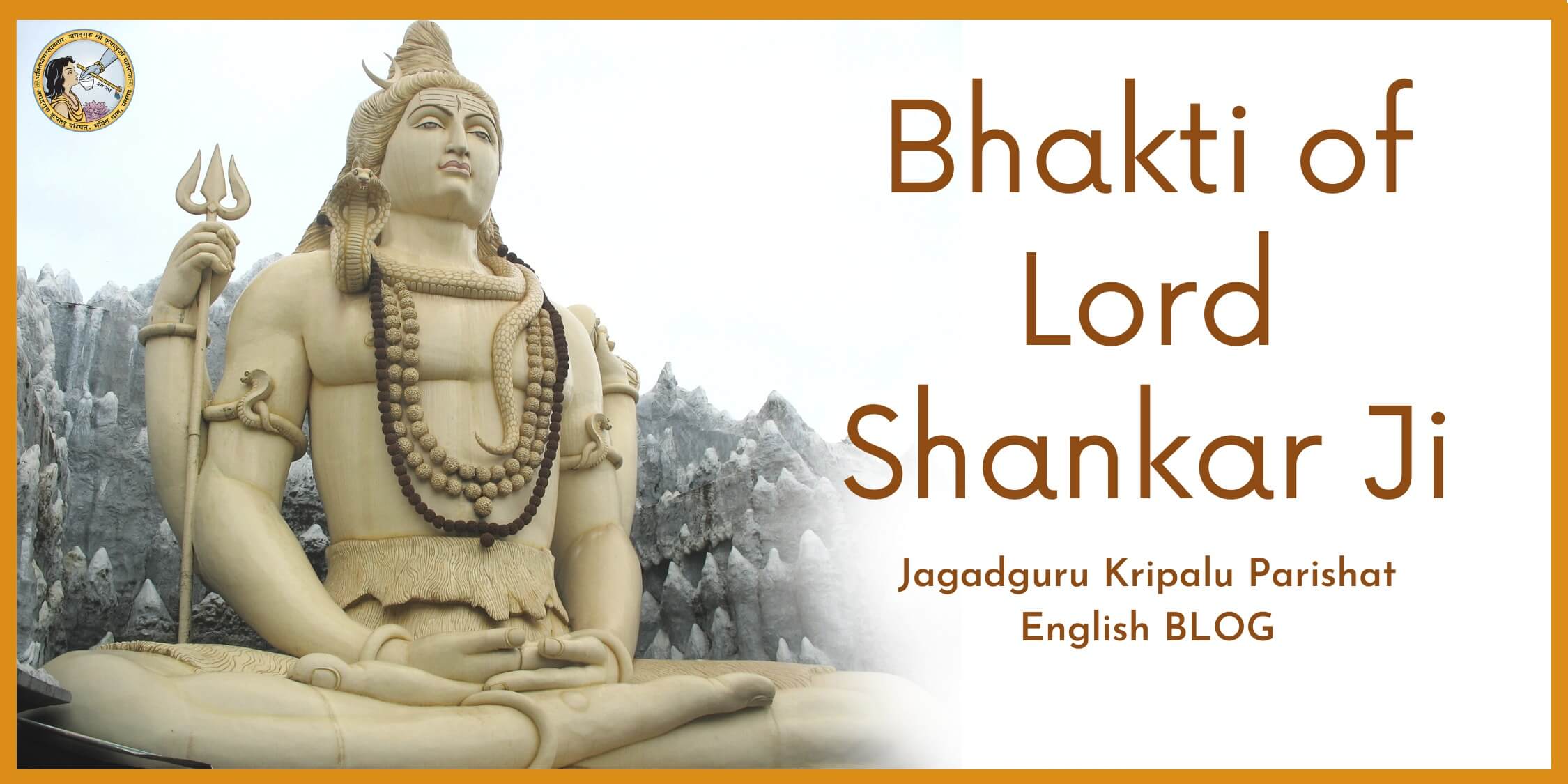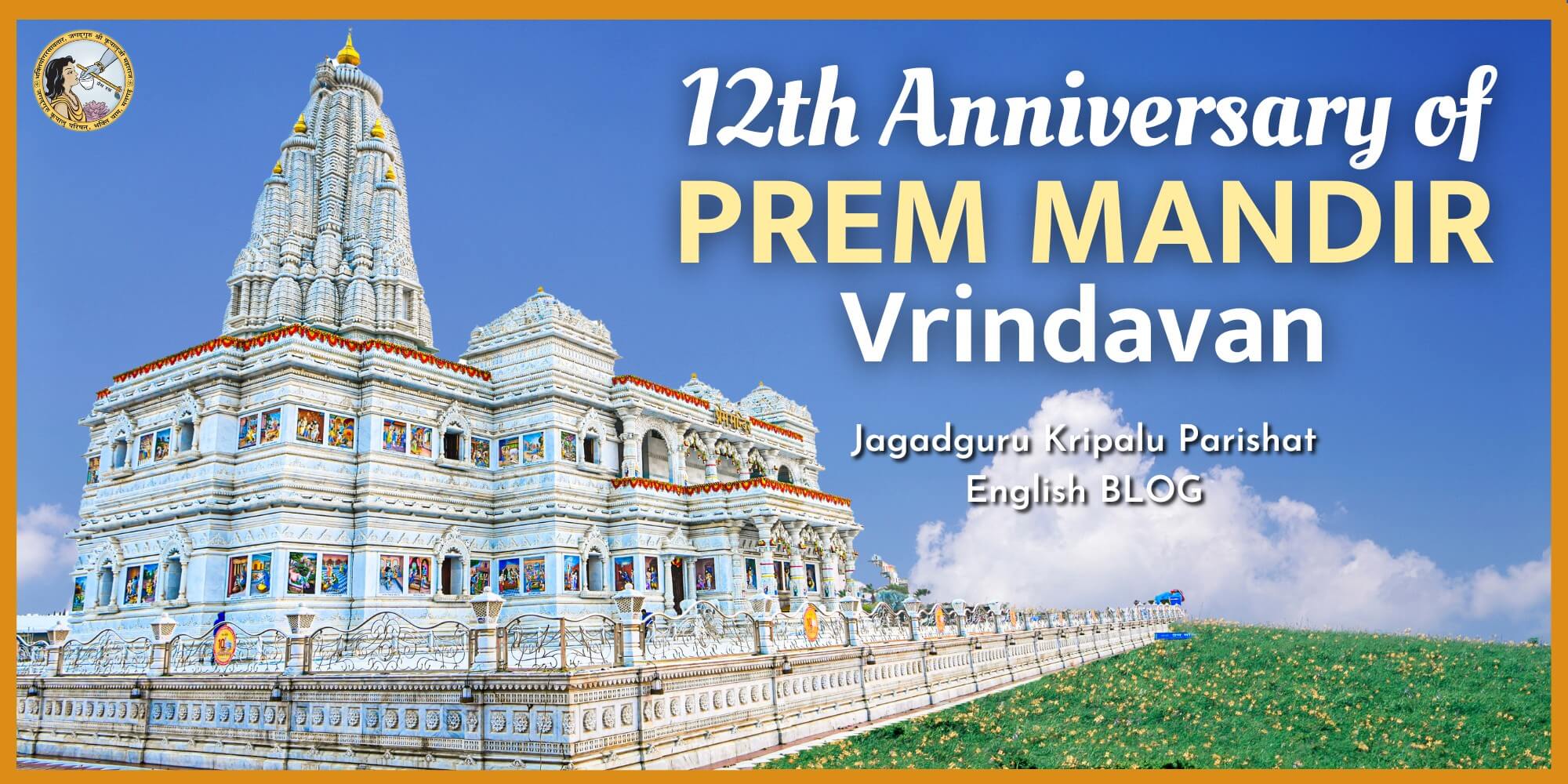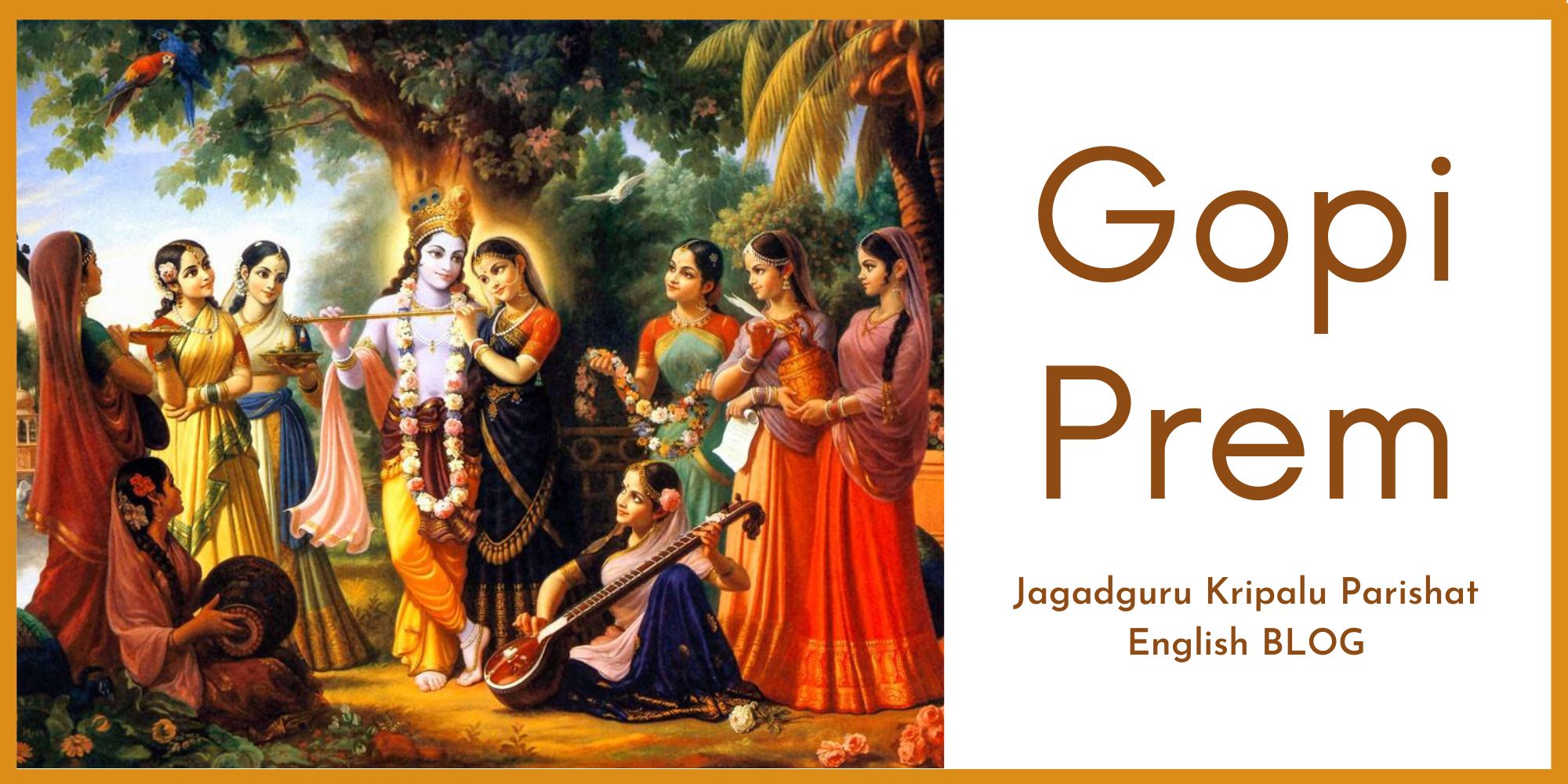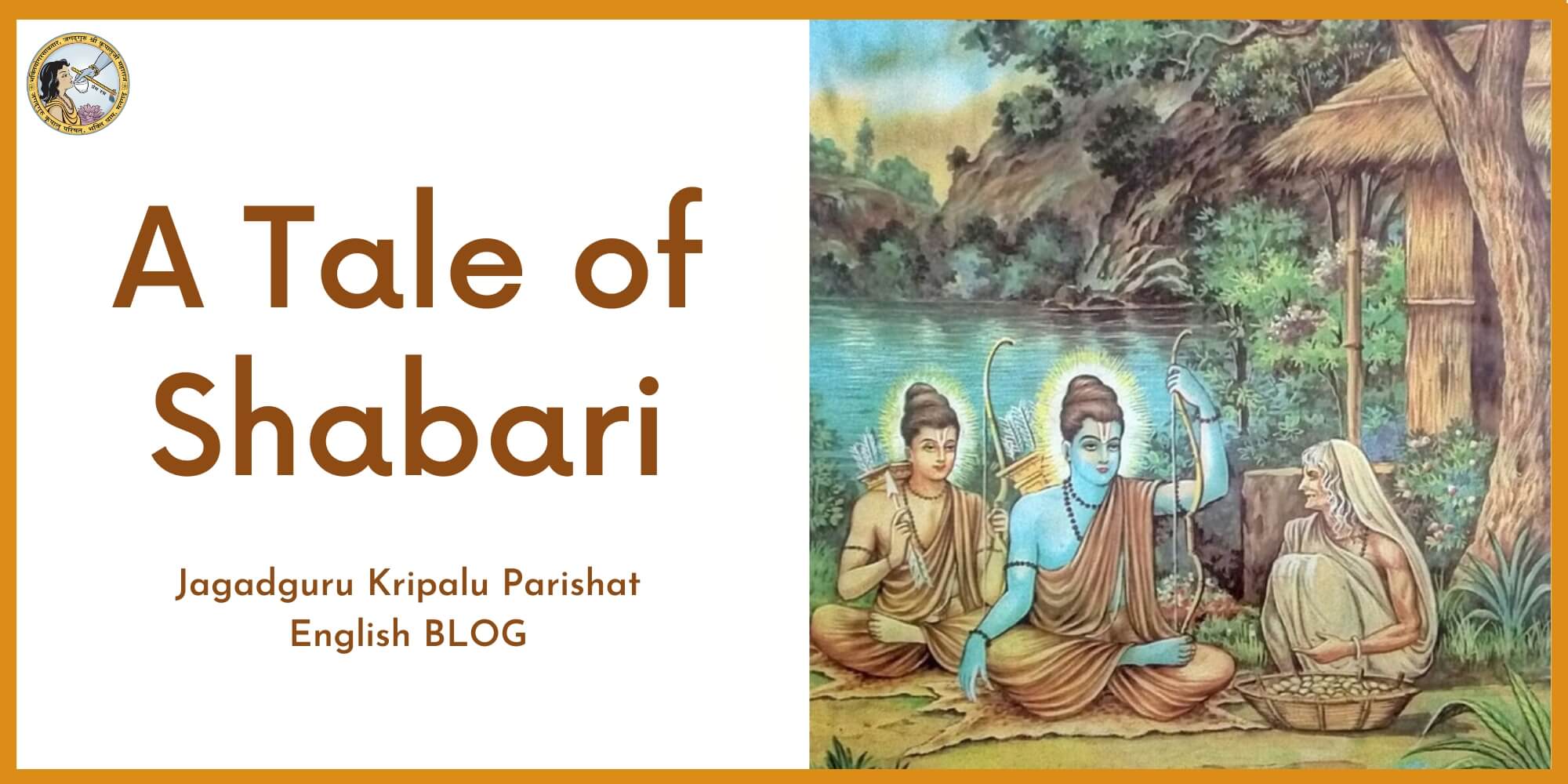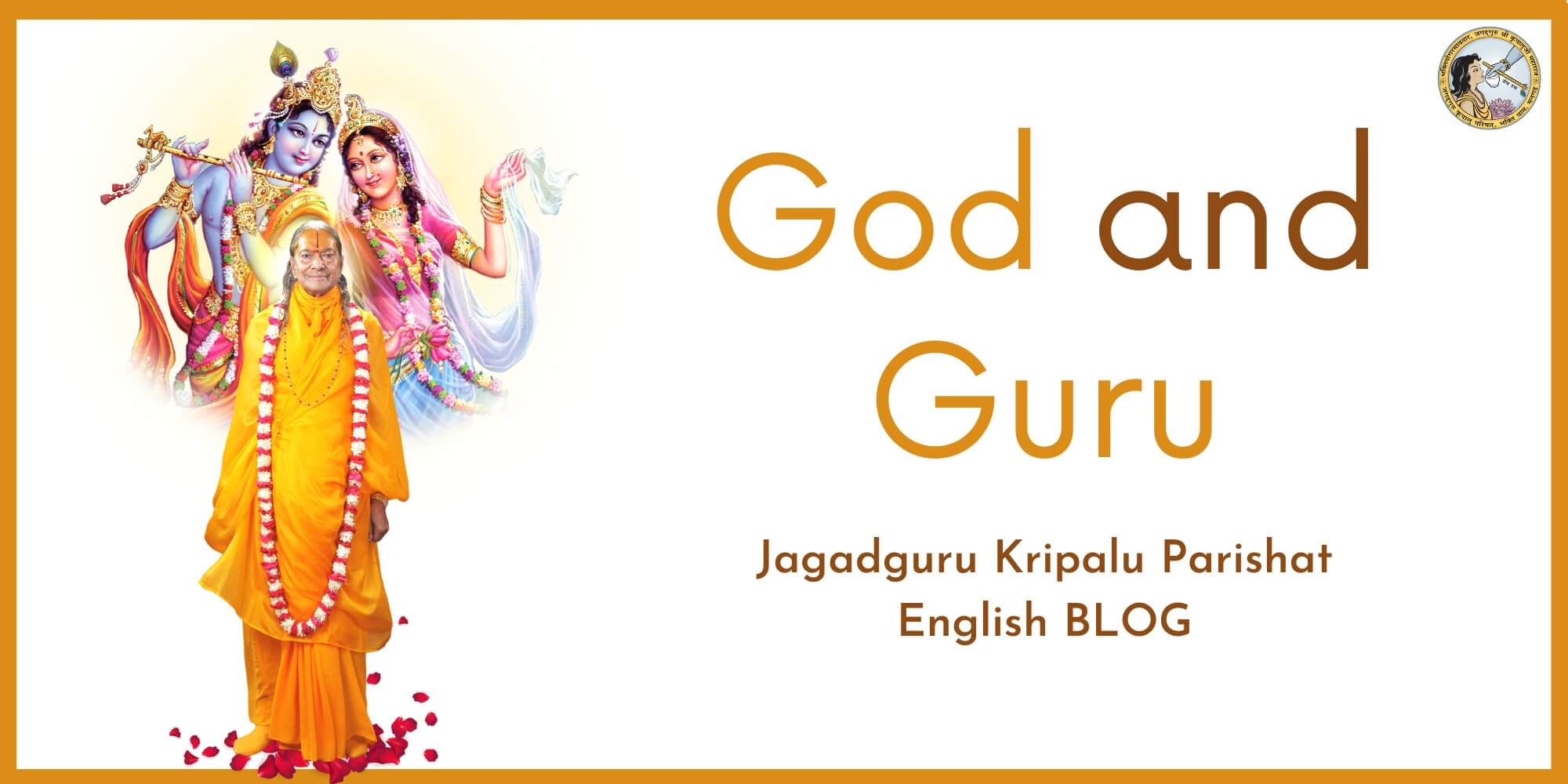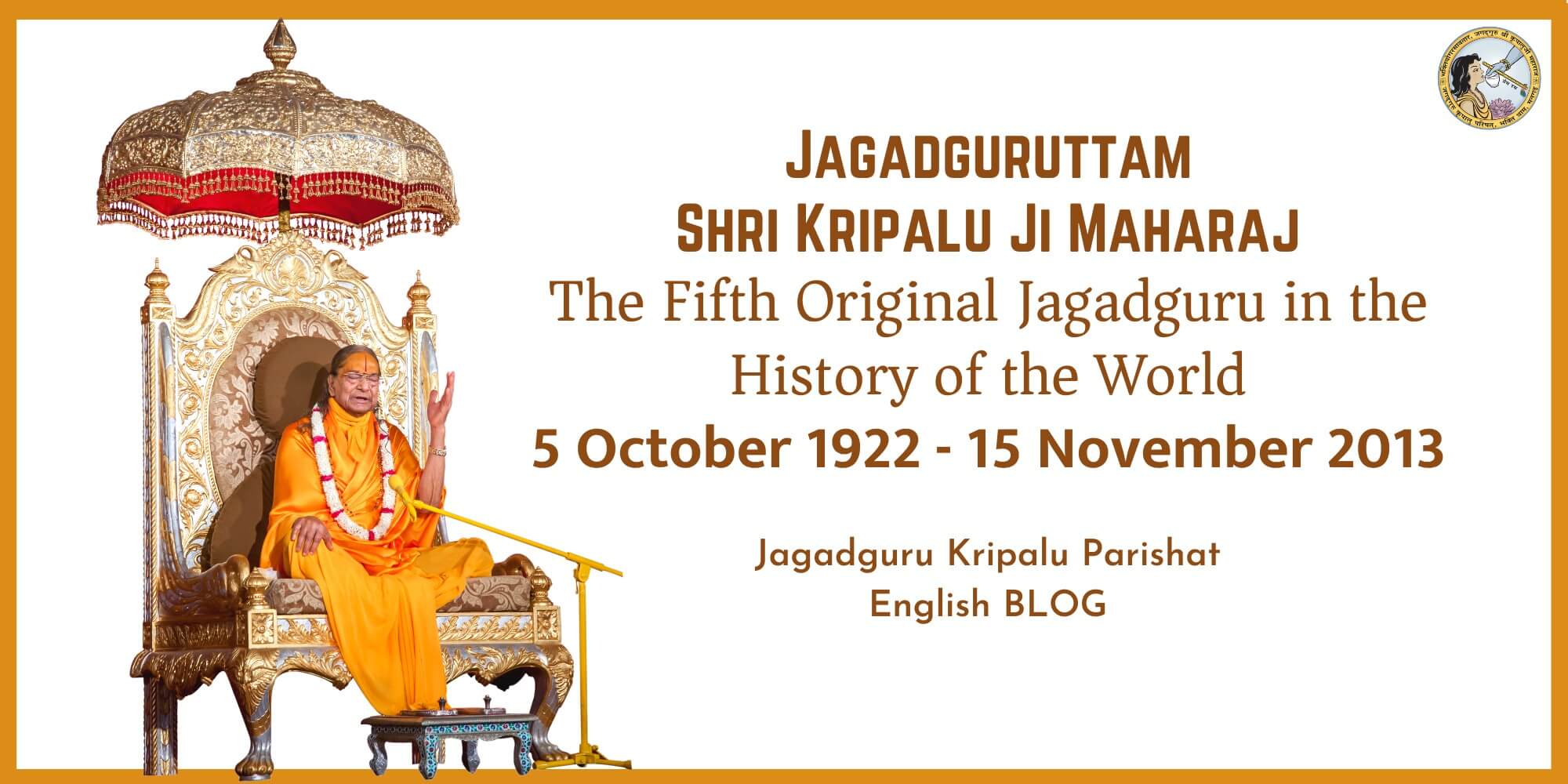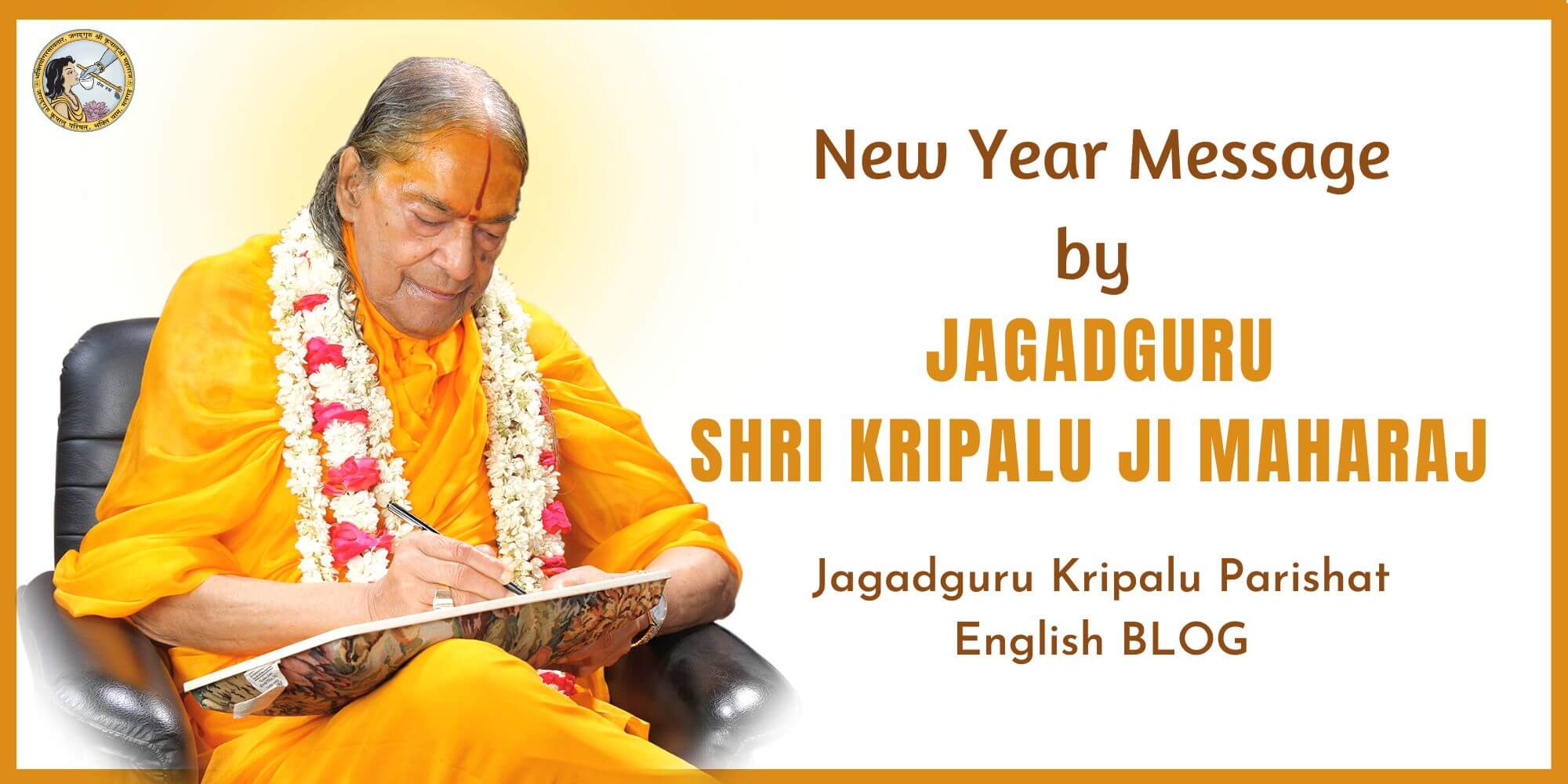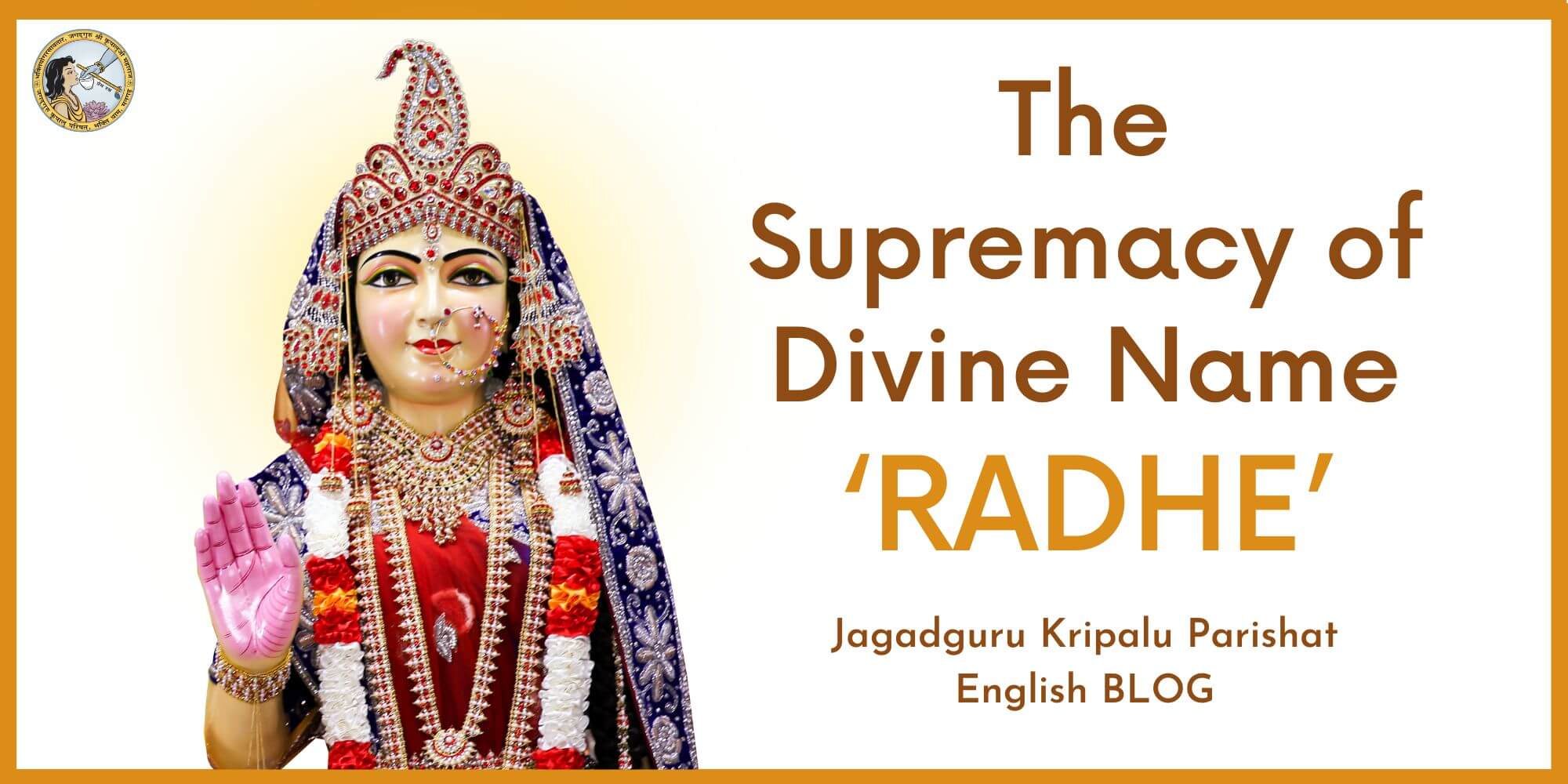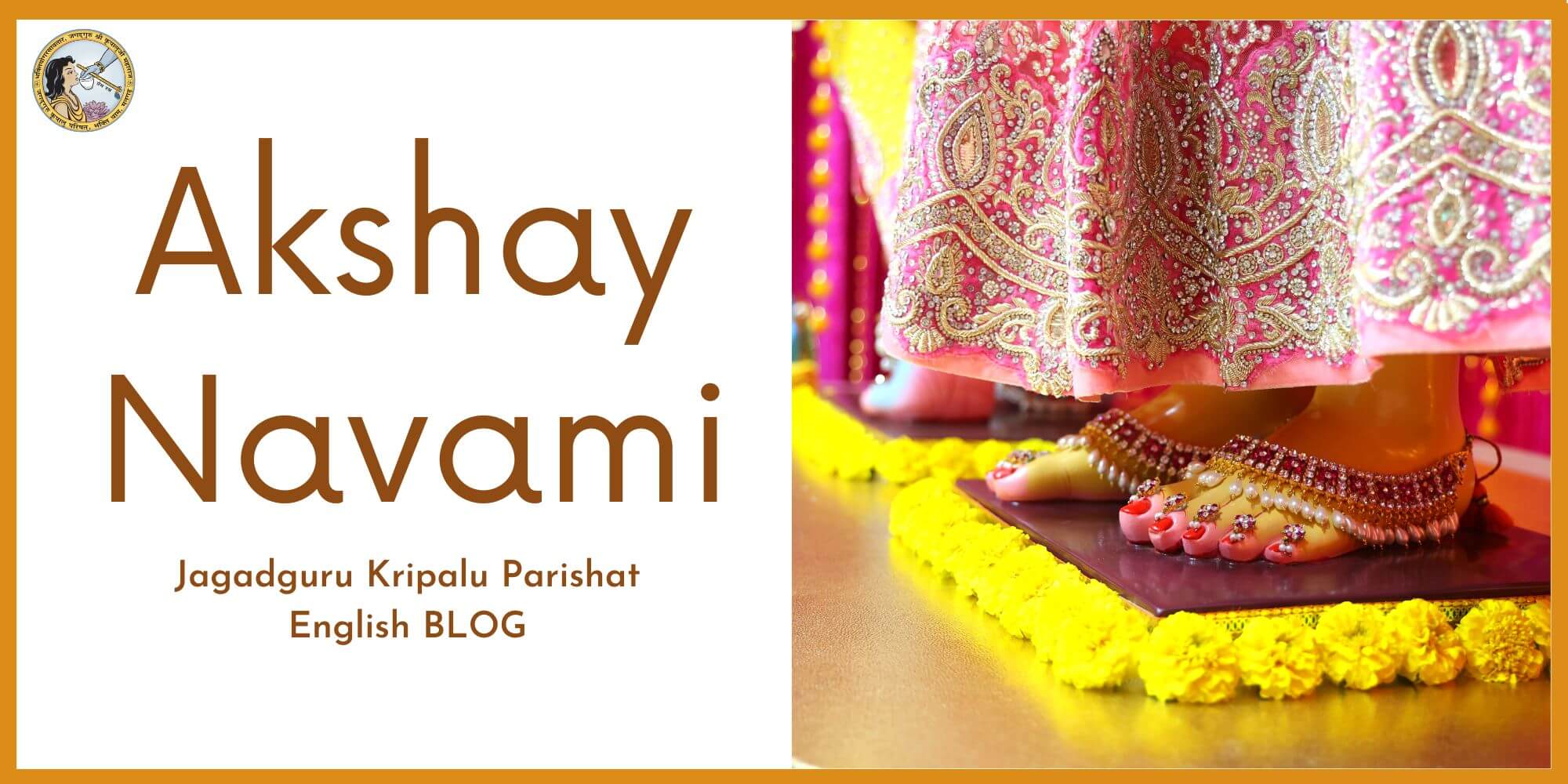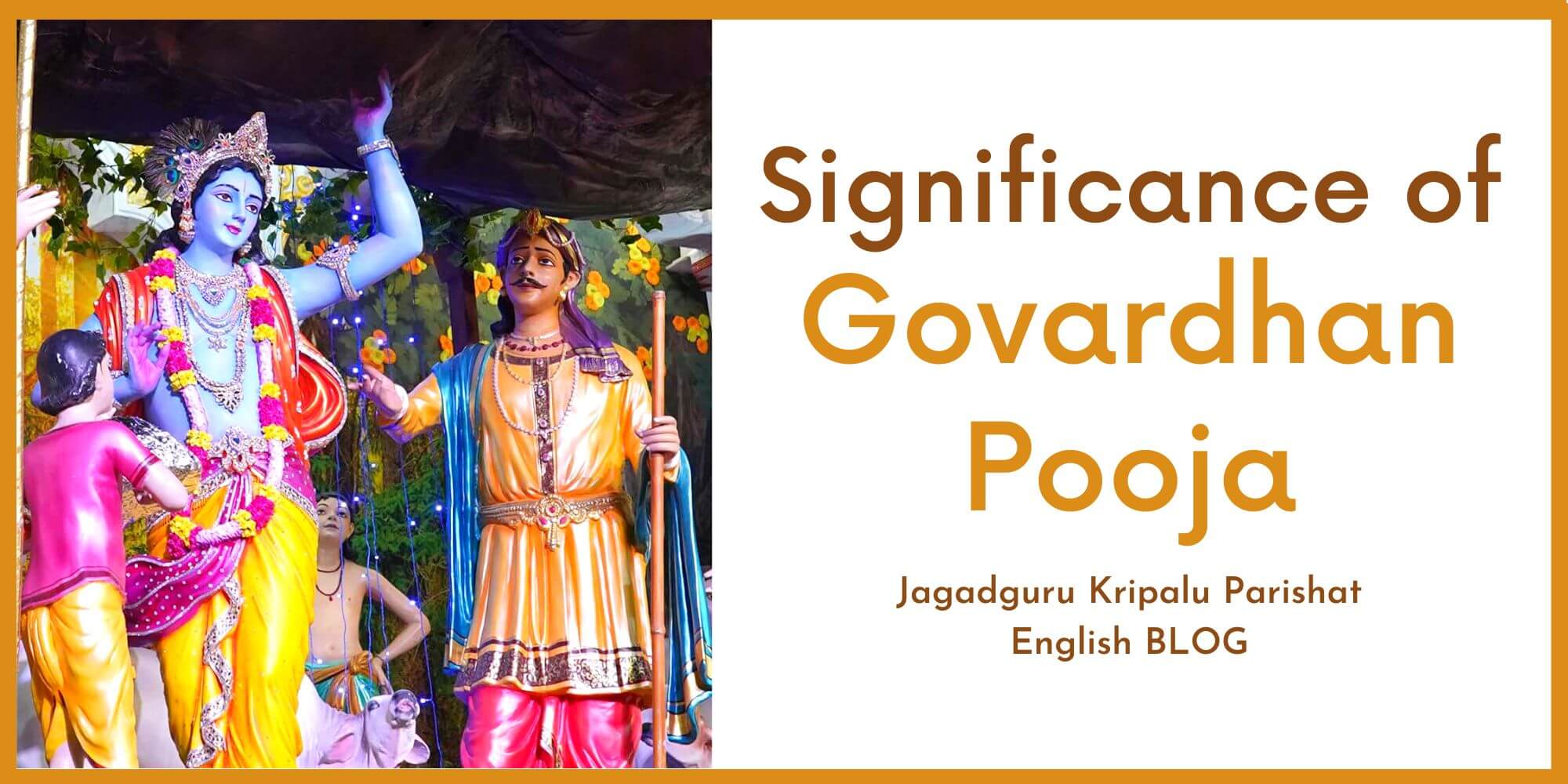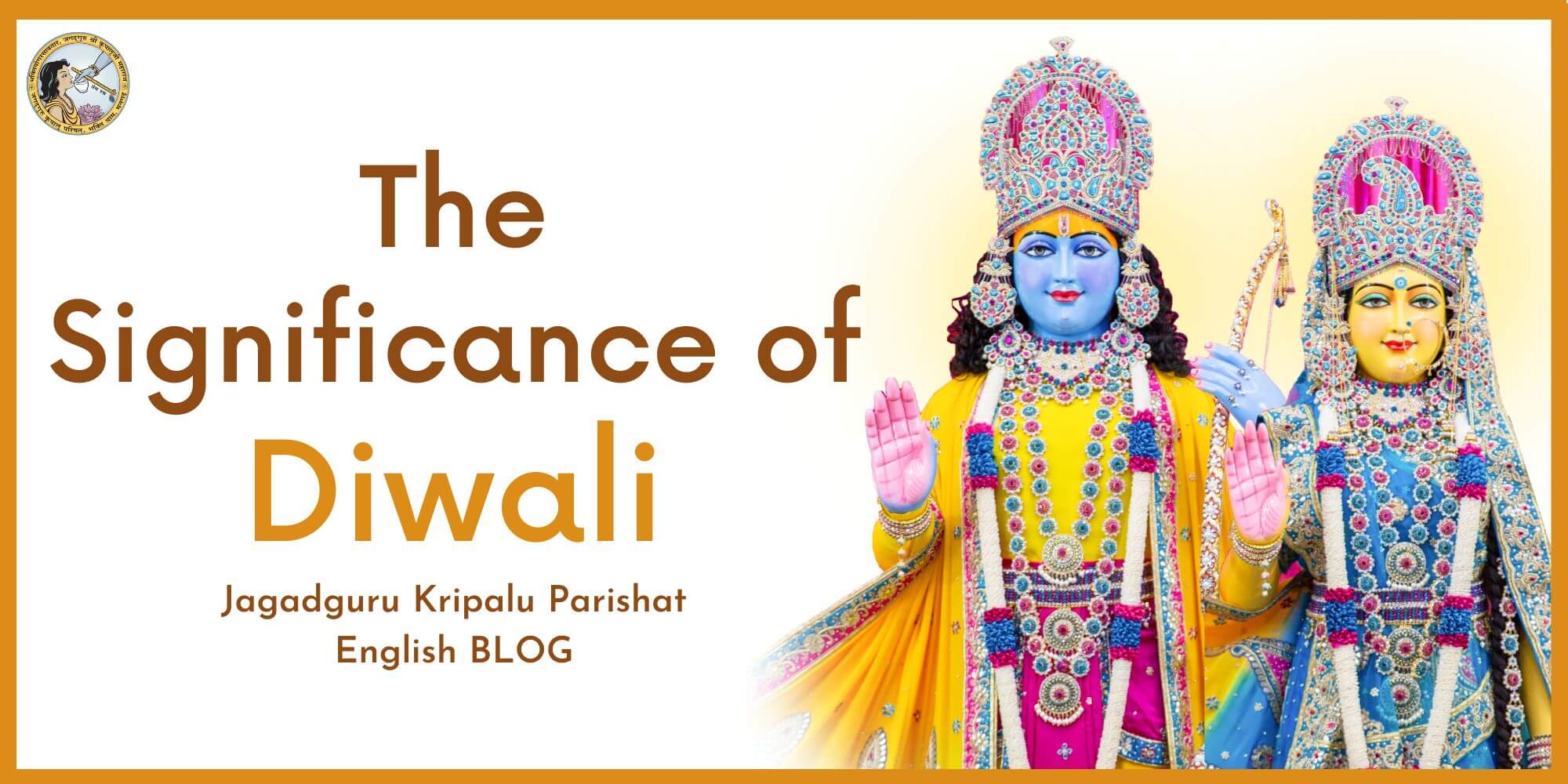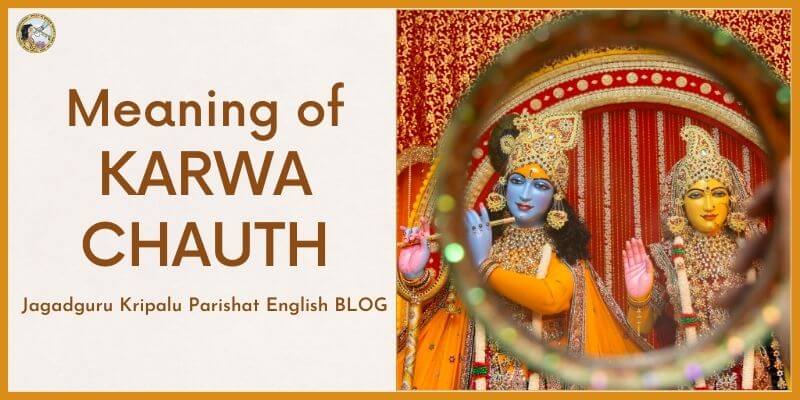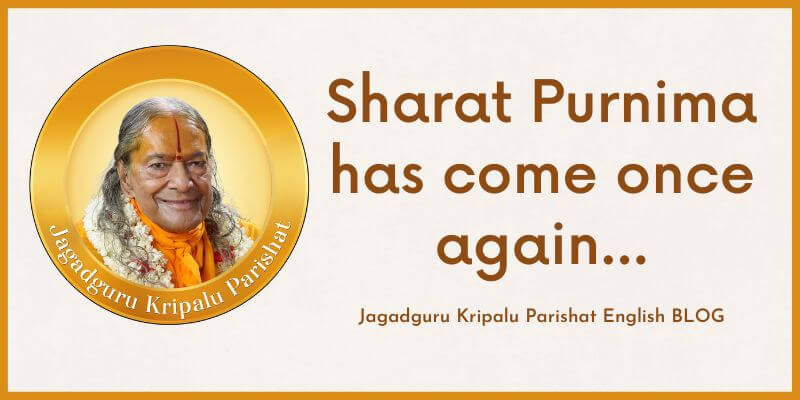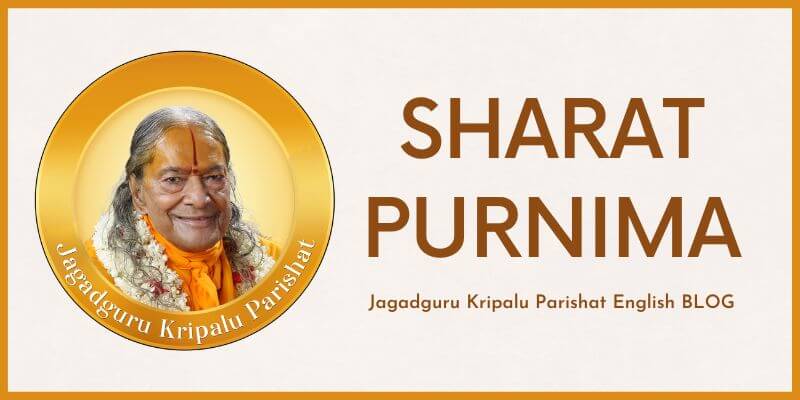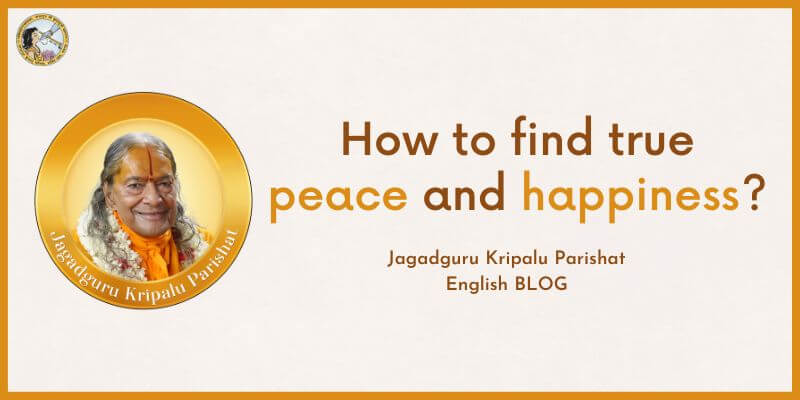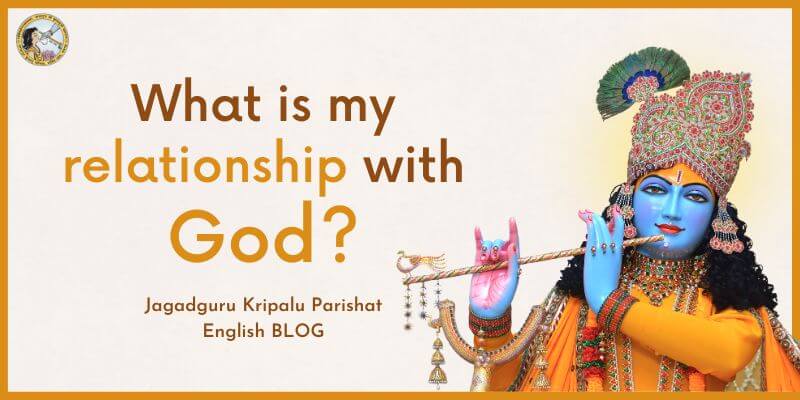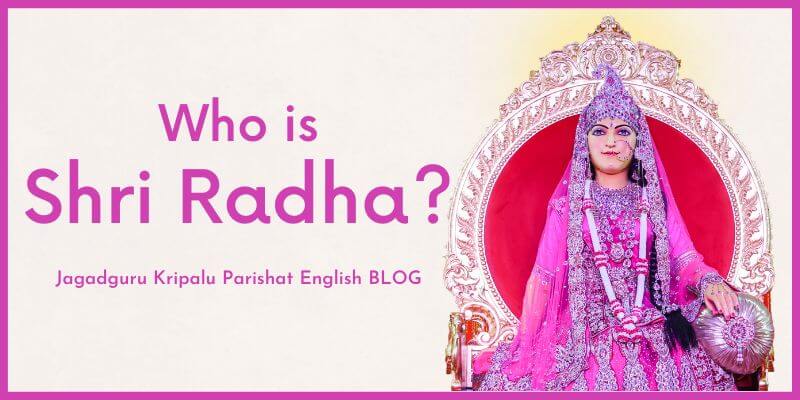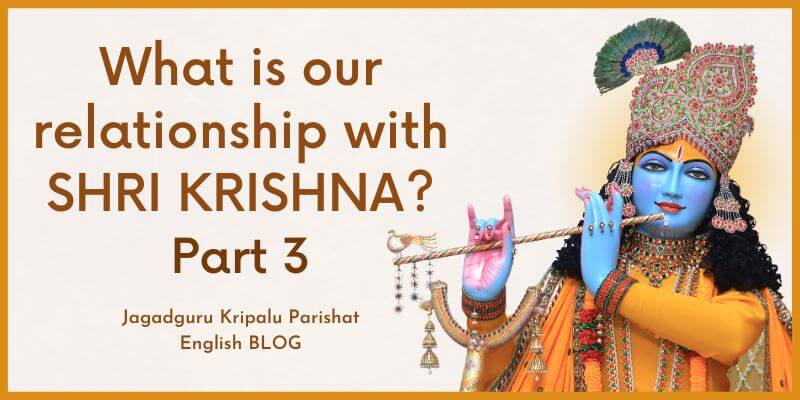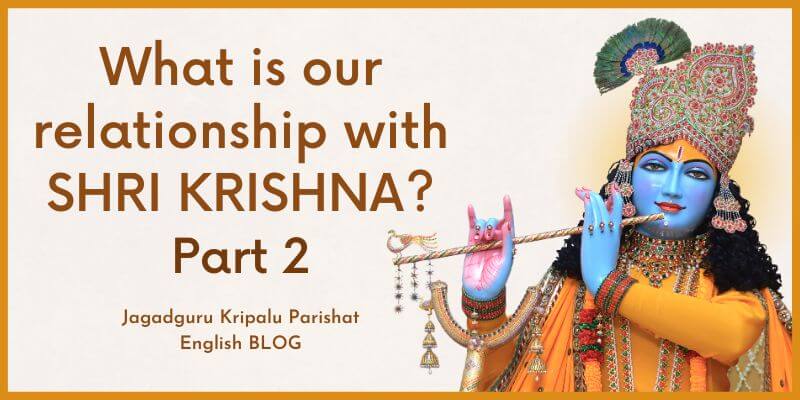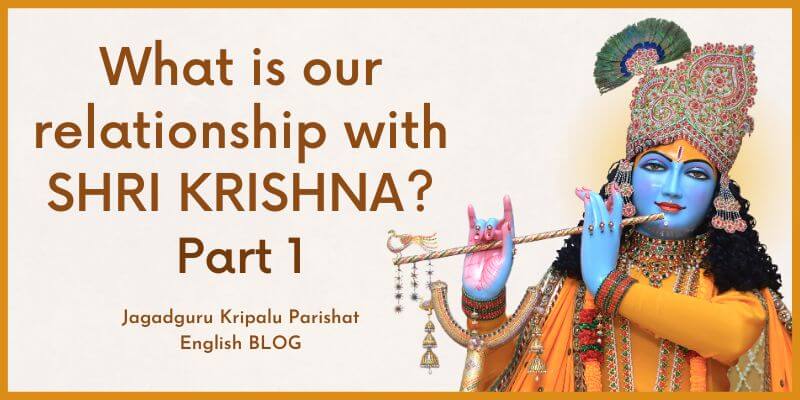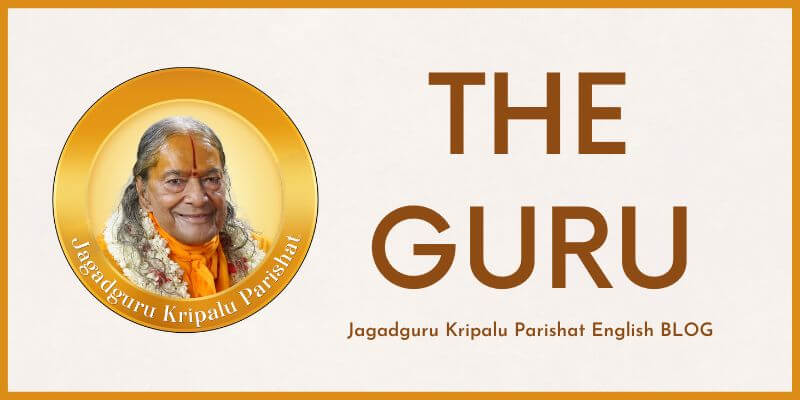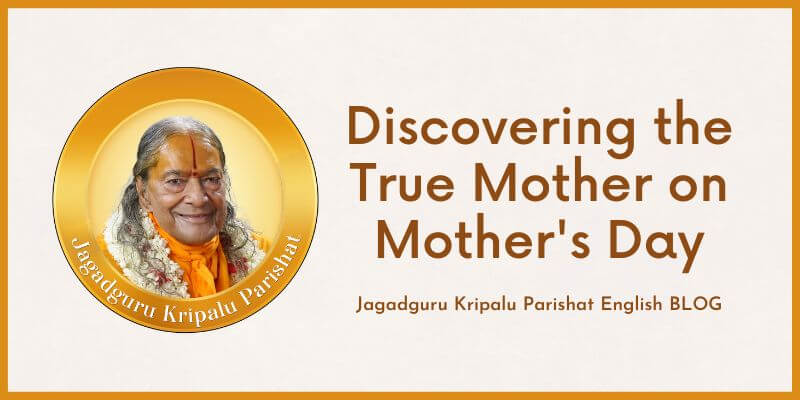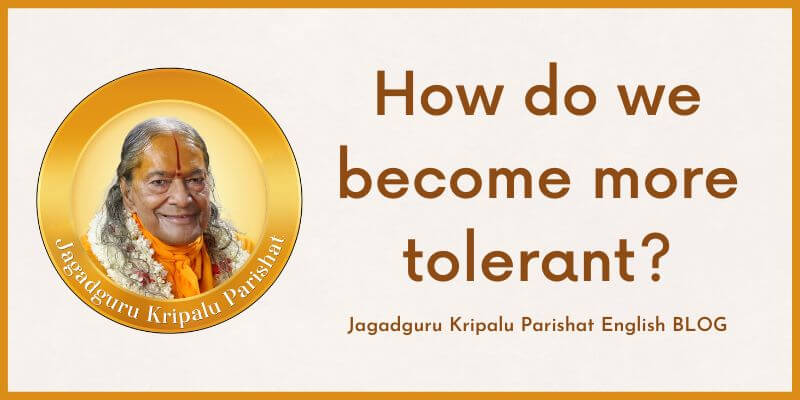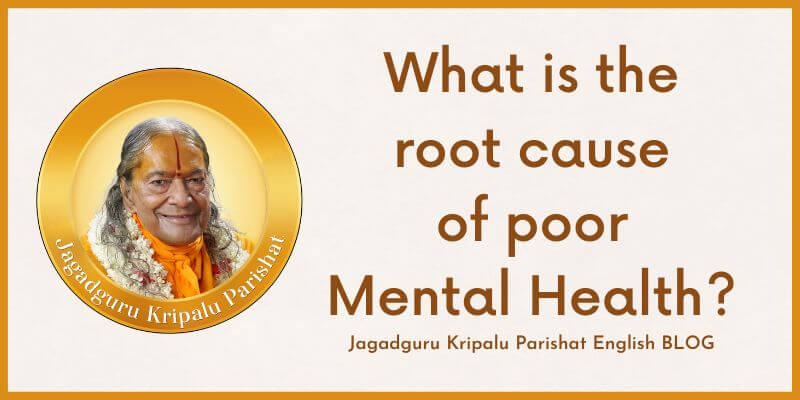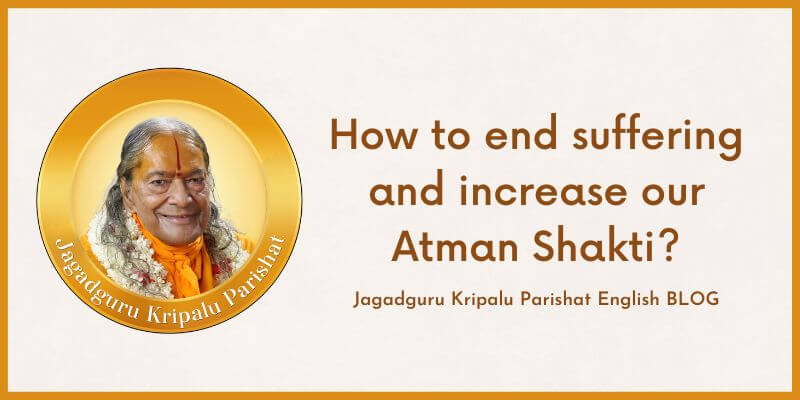Radhastami Special – Radha Rani’s Extraordinary Grace (Adbhut Kripa)
By Jagadguru Shri Kripalu Ji Maharaj
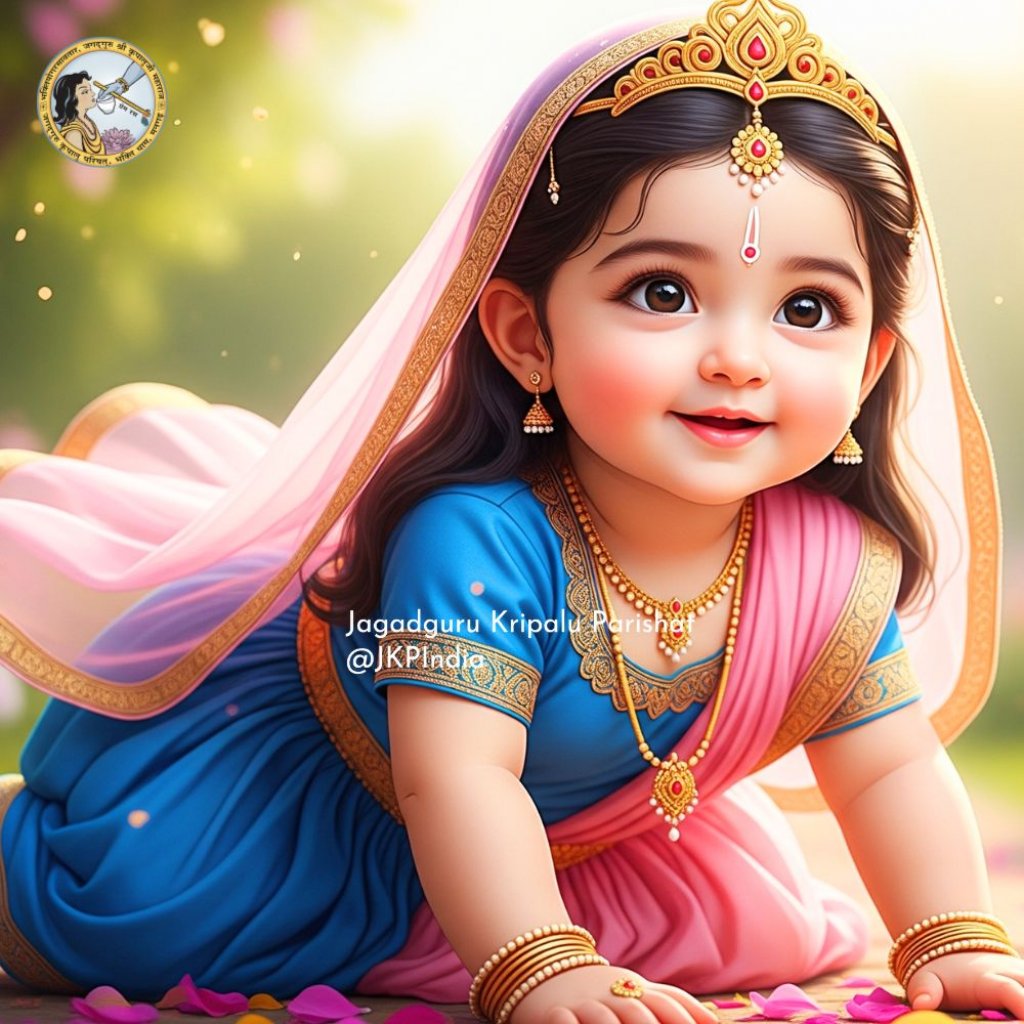
God possesses infinite powers, but among all these, the most significant and essential for fallen souls is His power of Grace – Kripa Shakti.
This Kripa Shakti is of three types:
- Ordinary Grace (Samanya Kripa)
- Special Grace (Vishesh Kripa)
- Extraordinary Grace (Adbhut Kripa)
Let us first understand Ordinary Grace (Samanya Kripa) – which is extended to all beings without distinction. Even if someone abuses God, remains indifferent, or takes His name insincerely or mockingly – it doesn’t matter. Whether it’s a human or an animal like a dog, cat, or donkey – this Grace is still present.
What kind of Grace is this? It is infinite – not just one kind, or two, or four – but limitless and boundless in every way. When a baby is still in the mother’s womb, God has graciously installed a system that nourishes the child. Whatever the mother eats is passed on to the child through this divine mechanism. Otherwise, who would feed the baby inside the womb? What feeding bottle could possibly work there? All the babies would die before being born.
Then after birth, whether the child is the offspring of an atheist, a theist, or even a stray animal – milk automatically forms in the mother’s breasts.What an immense act of grace! Without it, all newborns would perish. The creation itself would come to an end.
Later, when the child grows and cannot survive on breast milk alone, God has already arranged for countless other sources of nourishment – grains, fruits, vegetables – everything is provided in the world in advance.
Our human body is made from the five elements: earth, water, fire, air, and space. To sustain the body, all five are necessary without exception. Whether one is a realized saint, a scholar, a yogi, a devotee, or even an ignorant person – they must walk on the earth, breathe the air, drink water, and eat food. Even after attaining Brahma-jnana (knowledge of the Absolute), the need for food and water remains.
The Brahma Sutra says:
“Pashuvat vidhēśaḥ pāśaḥ”
Just as animals feel hunger, even the highest paramhansas (realized saints) experience it.
They must beg for alms and eat. They must drink water. They must survive. God has made these food arrangements for everyone.
Moreover, when God creates the universe, He Himself enters into the hearts of all embodied beings – each and every one with a unique form. Whether they are animals, birds, theists, atheists – it doesn’t matter. He resides in everyone’s heart. Not just in the hearts of devotees.
Even those who curse Him a thousand times a day. He is seated in their hearts too.
And God keeps a record of everything. He notes: “This person abused Me so many times.” But He says nothing. After death, consequences will be given accordingly. This means that all our present actions are recorded and calculated, and even the deeds of our past lives, whether good or bad must bear fruit. That too is arranged by God.
For example, in this life, you came to Shyama Shyam Dham and performed devotion to Shri Krishna. Suppose tomorrow you die. In your next birth, assuming you are born as a human again – you will not remember anything: not the spiritual progress you had made in your previous life, not the knowledge you had gained, not the love you had developed for God. All that will be forgotten.
Then how will that effort bear fruit?
God, who resides within, redirects you. He sends you to a Saint, creates a connection with that saint, instills faith in your heart, and then through the saint’s discourses and guidance, you are restored to the same spiritual level you had previously attained. From there, your inner journey continues forward.
Just like someone who passed their B.A. degree in Uttar Pradesh can take admission in M.A. in Madhya Pradesh. Their previous qualification is recognised. In the same way, God accounts for your spiritual progress and carries it forward – silently and graciously. He takes nothing in return.
In our world, even to maintain a shop’s records, we must pay an accountant. And still, he might cheat us. We are helpless. But God handles the entire system of justice and record-keeping Himself, without a single mistake – because He is omniscient. He is the in-dwelling witness in all hearts.
When a strong person causes pain to someone weak, the helpless person consoles himself:
“Never mind. Do whatever you wish now. But our final judgment will happen in God’s court because no injustice happens there.”
This is the nature of God’s Ordinary Grace – Samanya Kripa, which is bestowed upon all.
In this world, no one can bestow such impartial and universal grace as God.
No one is truly as compassionate as God. Imagine – if someone were to abduct our daughter, and after days of struggle, we managed to rescue her with the help of the police, would we ever offer that person food? Would we serve them water with our own hands? Never. And if we did, it would likely be poison, not sustenance. That person would become our sworn enemy for life.
However, even those who abuse God daily, He still provides them with the same earth, the same water, the same air, and the same sky. There is no discrimination. God never says, “Because you insulted Me, the Ganga water you’re drinking will now harm you.” No such thing. Not even a trace of anger. This is Ordinary Grace – Samanya Kripa.
About this, God has said in the Gita: “I am equal to all beings. I am just. I am the impartial judge. I have no friend, no enemy. No one can bribe Me or flatter Me. I need nothing from anyone. I am not beholden to anyone. So I give results solely according to karma.” This is ordinary grace – Samanya Kripa.
But in the next line of that same Gita verse, it is written:
“But those who worship Me with devotion – on them, I bestow Special Grace (Vishesh Grace). I erase their accumulated karmas. I remove their threefold sufferings. I destroy their five inner afflictions. I dissolve the five sheaths covering the soul. I remove the veil of Maya. I grant them divine knowledge. I bestow divine bliss. I give them Golok, My own divine abode. And I Myself become their servant.”
This is Special Grace – Vishesh Kripa.
But it is only for the devotee – only for one who has completely surrendered.
Just like during a charitable distribution, everyone is given equal items – cloth, food, or money. That is ordinary grace. But if one girl marries the son of the benefactor, then she is no longer a recipient of ordinary charity. She has become the daughter-in-law of the house. Now she has a right to everything. The entire household belongs to her.
In the same way, one who fully surrenders to God, becomes God’s own – God then takes full responsibility for them.
He takes charge of their “Yog-kshem”. Yog means: He provides what is lacking. Kshem means: He protects what has been given. It becomes a complete contract.
God not only bestows grace, but also upholds discipline and establishes dharma.
Take the example of Shri Krishna in Dwarika. He established dharma through His own conduct. From the early hours of the morning, He meticulously followed all the practices (dharm, karm) prescribed in the Vedas – daily rituals, proper worship, and evening disciplines. Every action was performed with perfect precision and adherence to divine law. There, He observed all the duties of the varṇāśrama system. But in Braj, not even one of those was done.
And He also killed demons, even in Braj. And also there – He engaged in fights, did the Mahabharat war, so many big tasks. God does a lot of work.
But the Adhbut Kripa or Extraordinary Kripa is of Kishori Ji. What does She do? She doesn’t do any of this – no establishment of dharma, no killing of demons, no chaos! She only bestows Grace – only Grace.
Just like in our worldly life, in India, at the very least, the husband works in the office, he stays out, meets people, deals with all kinds of things, some fights, quarrels, tension – while the wife has nothing to do with all that. Her whole world and focus is her home of two or four rooms – she walks within it, works within it, loves her child, and when her husband returns, she showers love on him.
Similarly, Kishori Ji has no other work – only to bestow Grace. This is Adbhut Kripa (Extraordinary Grace).”
All the words describing ‘kripamayi’ (full of grace) are meant for this Adbhut Kripa – Extraordinary Grace. Kishori Ji is the embodiment of Grace. By begging for Her Grace, Thakur Ji became Kripalu (graceful). He then bestows Grace upon others.
Shri Krishna, though, performs many tasks – not just one. According to the time, place, and situation, He acts accordingly. Take the example from the Ram avatar: when Shurpanakha approached Lord Ram with the desire to make Him her husband, He calmly replied, “I have taken a vow to be devoted to only one wife.”
She challenged Him, “Is that so? Are you truly bound to one wife?”
He affirmed, “Yes, absolutely.” Then, turning to Lakshman, He said, “Lakshman, cut off her nose and ears.”
And in Dandakaranya, the great sages – though men – were so captivated upon seeing Lord Ram that a deep longing arose in their hearts. They thought, “Oh, if only we could become women, and He, our beloved husband – what joy, what bliss that would be!”
Overwhelmed with divine love, they asked for this boon merely by beholding Him. And Lord Ram, full of compassion, said, “So be it – it shall be fulfilled.”
And so, in the Krishna avatar, those very sages took birth as Gopis. But now consider this – why didn’t Shri Krishna reject them? Why weren’t their noses and ears cut off, as in the case of Shurpanakha? Shouldn’t Lakshman have done the same? At the very least, Lord Ram could have rebuked them, saying, “What inappropriate words! I have taken a vow of one wife. Don’t speak such things before me – my ears cannot bear to hear them!” But He did not say such a thing.
Instead, Ram compassionately granted them the boon they desired. They were reborn in Gokul as Gopis, and in the Krishna avatar, they loved Shri Krishna as their Beloved and attained divine union with Him.
So God performs every kind of action in each avatar, He carries out different tasks. In divine, majestic (aishwarya) avatars like the boar avatar, tortoise avatar, Narasimha avatar – so many such avatars happened. But they are not relevant to us. Why?
Because they were full of divine majesty, terrifying forms, created for killing demons. Take the Narasimha avatar, for example – half-man, with the head of a lion. He appeared so fearsome that even Brahma, Vishnu, and Shankar didn’t dare go near Him. The poor Lord stood there alone after killing Hiranyakashipu – no one even came to say ‘thank you.’”
They said to Lakshmi, ‘You are His consort, go and calm Him down.’ She replied, ‘I don’t have the courage.’ Then Prahlad had to step forward. So those avatars are not of use to us.
Then came the human-like avatar – Shri Ram avatar. He was righteous, committed to one wife. Yet, our desire remained only half-fulfilled. Although many became great souls through Him, still the ultimate sweet sentiment (madhurya bhav) was not fully bestowed. Ram could not grant it then, so He gave a promise – a divine assurance to be fulfilled later.
Then came the Krishna Avatar. From the very moment of His birth, His divine play began. At just six days old, He killed Putana. By six months, He destroyed other demons. Within a year, more followed. His life was filled with constant battles. At the age of twelve and a half, He went to Mathura, where He slew Kansa, Kuvalayapeedh (the mighty elephant), the wrestlers, and many more. Later, He moved to Dwarika, but even there, He had to participate in the great Mahabharata war at Kurukshetra. Poor Lord – His entire life was filled with conflict and struggle.
Even billionaires, despite possessing everything, often remain burdened by tension and anxiety. In this world, happiness is not guaranteed in anyone’s fate. The son behaves one way, the daughter another; the wife, father, mother, and brother – each one brings their own share of burdens. At times, it feels as though they might tear you apart. There is shouting, there are tears, and many sleepless nights. In America, even the wealthiest rely on sleeping pills just to get some rest.
But in Kishori Ji’s world, there is only Grace. That is why Her compassion is called Adbhut Kripa – wondrous or Extraordinary Grace.”
So when the heart grows tired of pleading, when Krishna remains silent, the soul turns to Maa – Shri Radha with hope. “She is mercy incarnate. She will not refuse,” it says.
And truly, in Braj, this is why Radha is revered even more than Krishna. Because where justice pauses, Her compassion begins. This is the secret of Braj bhav – where Radha’s grace surpasses even Krishna’s justice. Her compassion flows without condition, without judgment.
For those who receive Her Adbhut Kripa need seek no more – because She brings Krishna along with Her.
Radhe Radhe
A brief introduction of Jagadguru Shri Kripalu Ji Maharaj*
(Known by His devotees as Shri Maharaj Ji)
The original title of Jagadguruttam (Greatest Spiritual Teacher of the World) was bestowed upon Shri Kripalu Ji Maharaj on January 14, 1957, by Kashi Vidvat Parishad (a council of 500 greatest scholars saints of India). He composed divine texts like Prem Ras Madira, Prem Ras Siddhant, and Radha Govind Geet to lead us on the right path of devotion. He also gave priceless monuments as gifts to the world which include Bhakti Mandir located in Bhakti Dham, Mangarh, Prem Mandir located in Vrindavan Dham, and Kirti Mandir located in Barsana Dham. Shri Maharaj Ji also built hospitals for the impoverished, the Jagadguru Kripalu Chikitsalaya in Vrindavan, Jagadguru Kripalu Chikitsalaya in Barsana, and another one in Pratapgarh. All three help millions of underprivileged to gain free access to medical care. His Kindergarten, School, and College for impoverished girls Jagadguru Kripalu Parishat Education is located in Kunda and provides completely free education.
